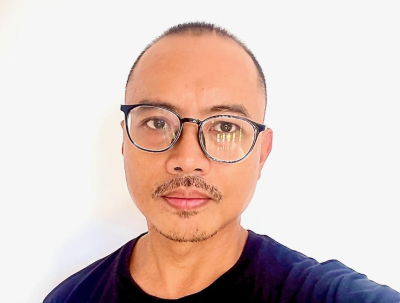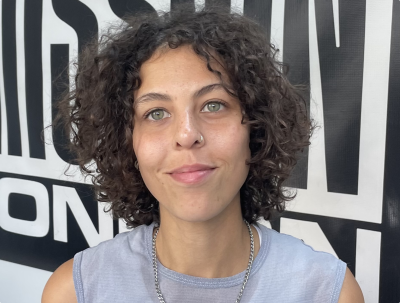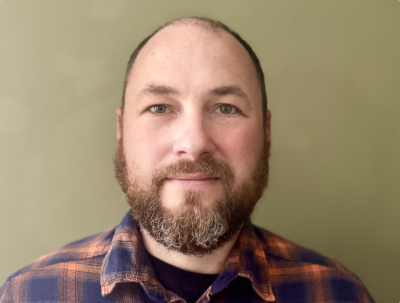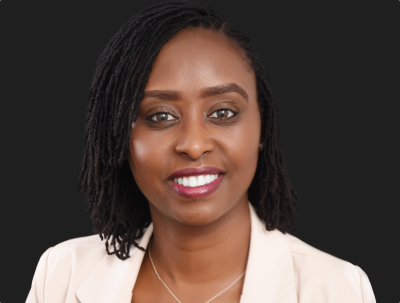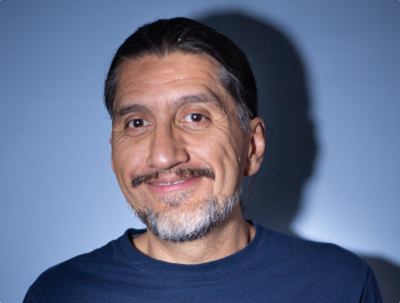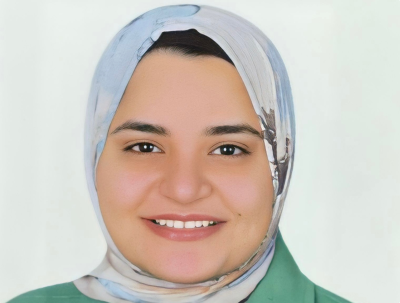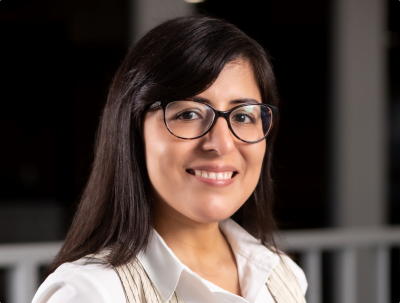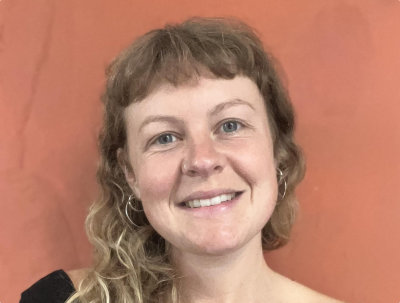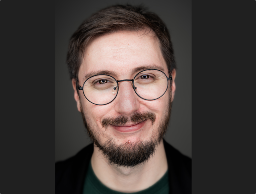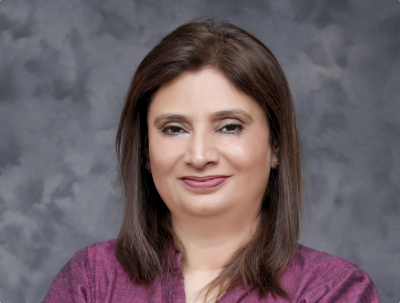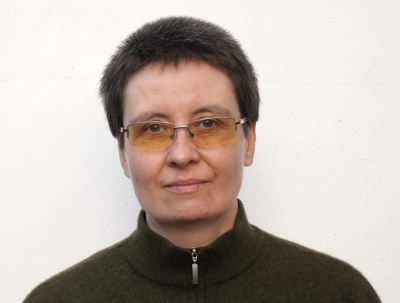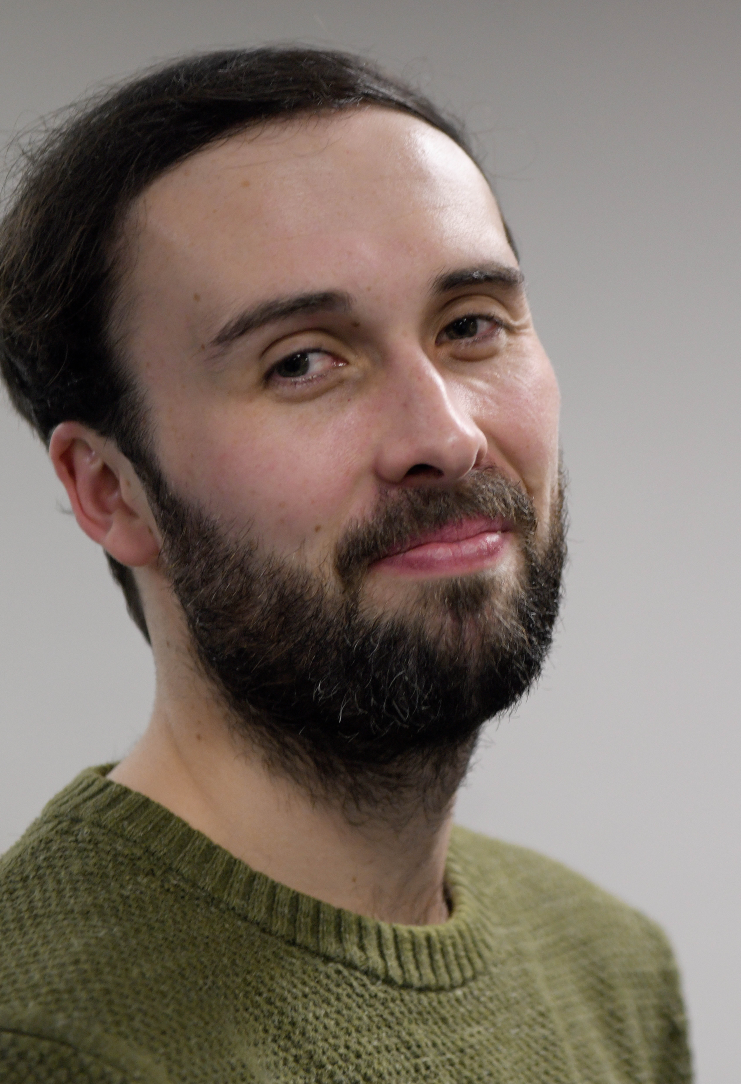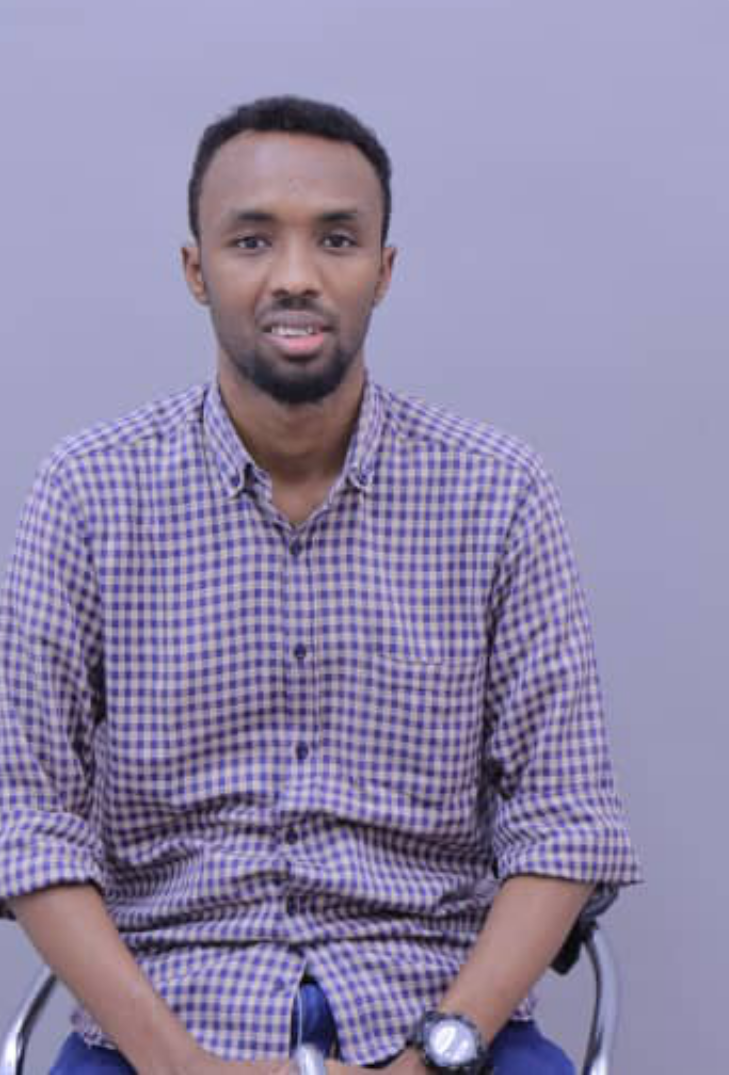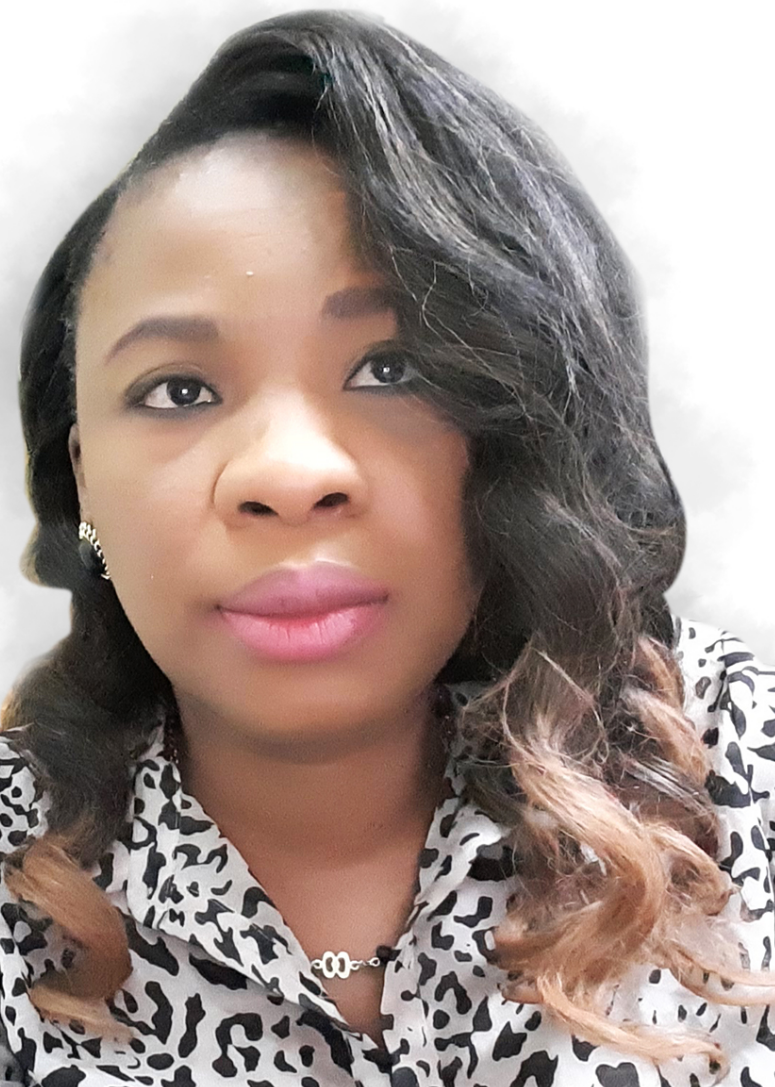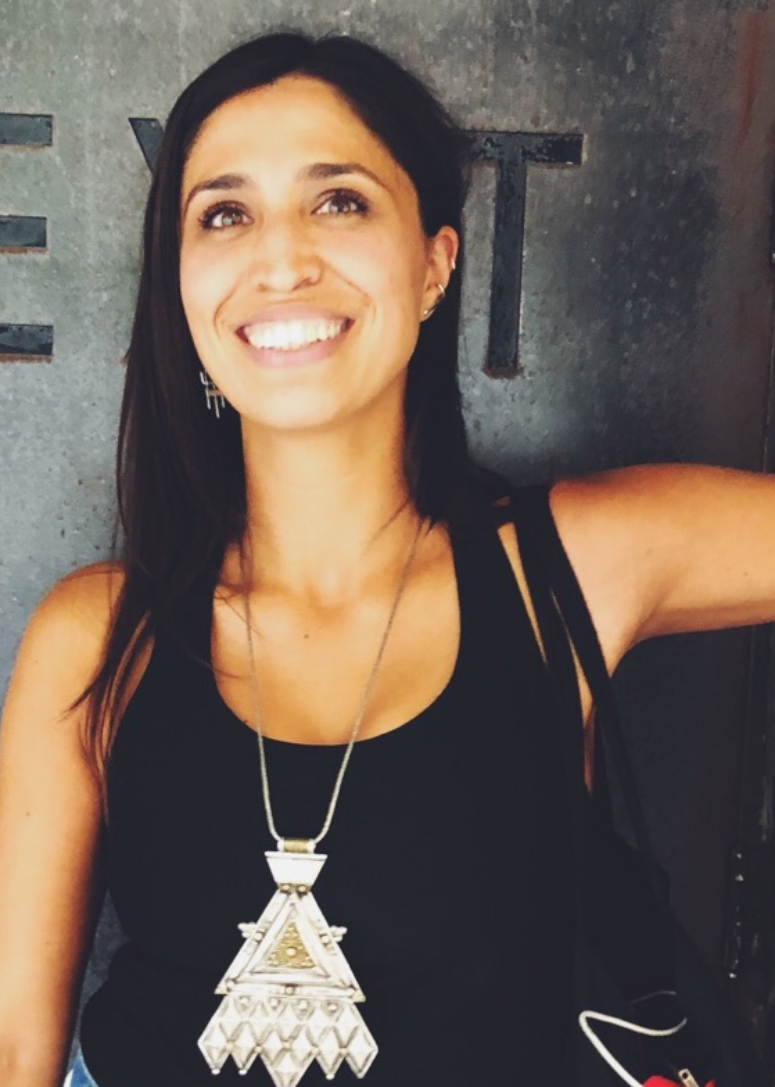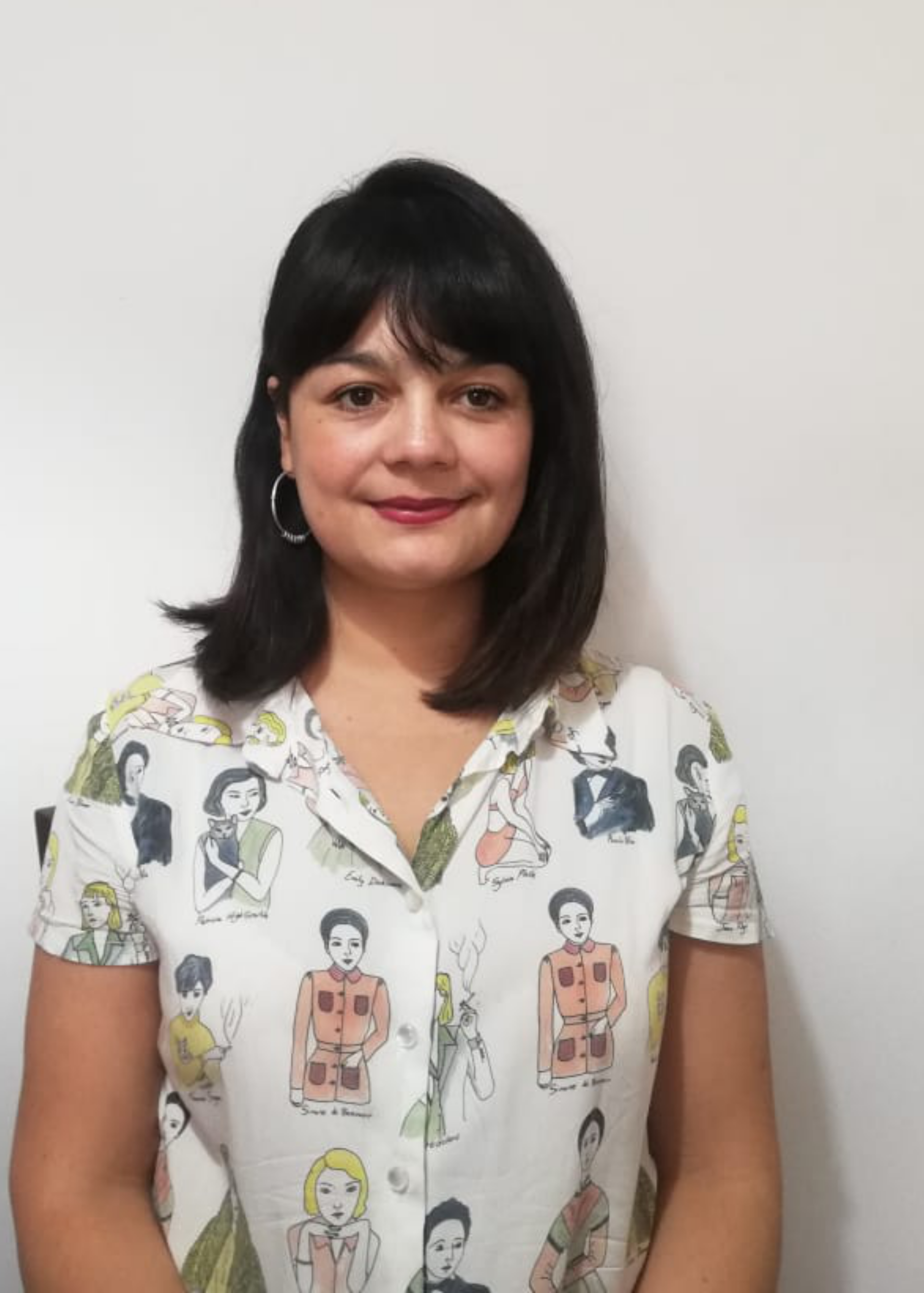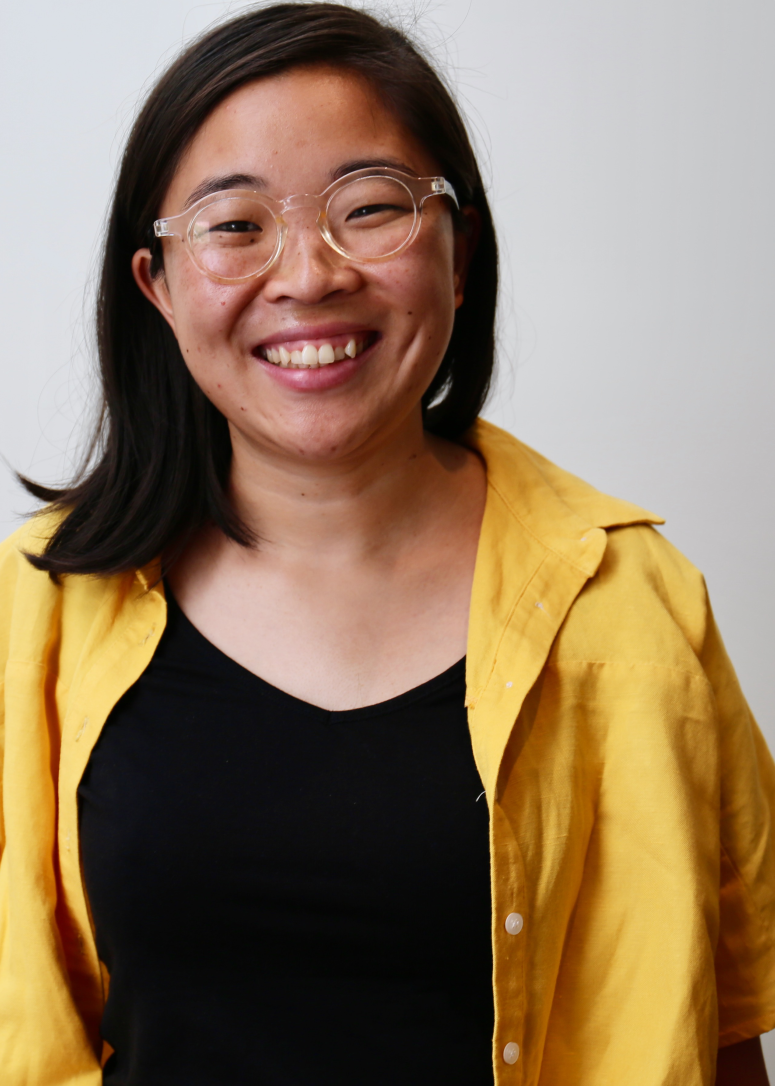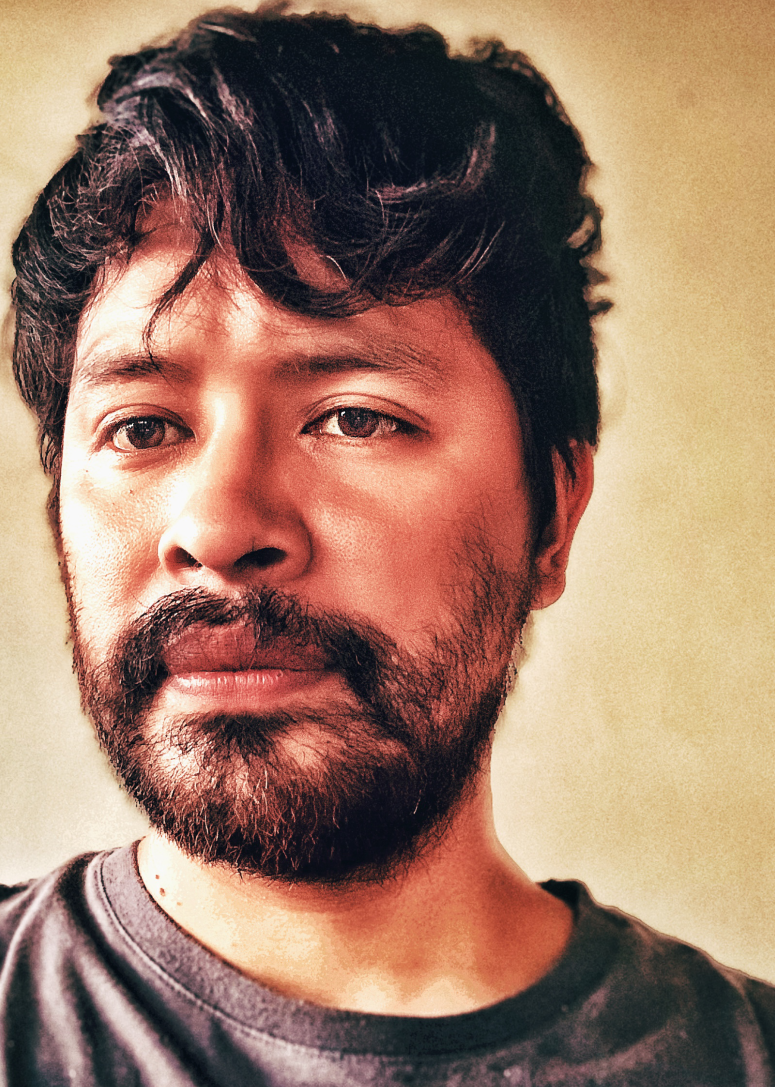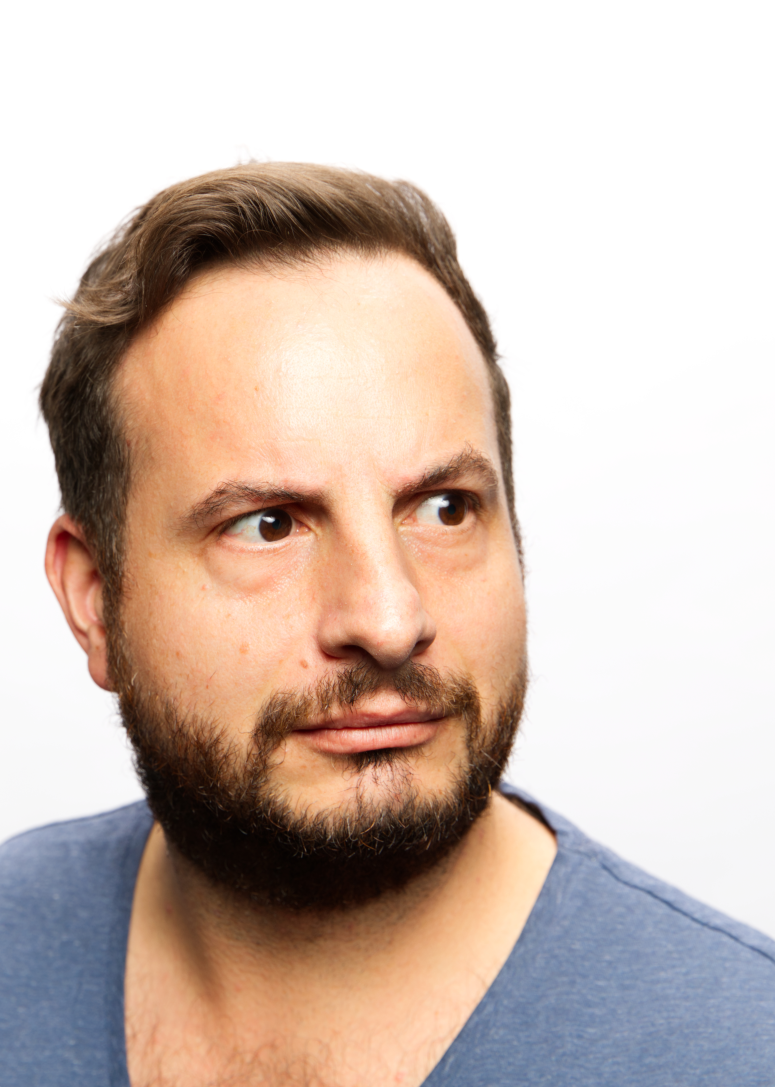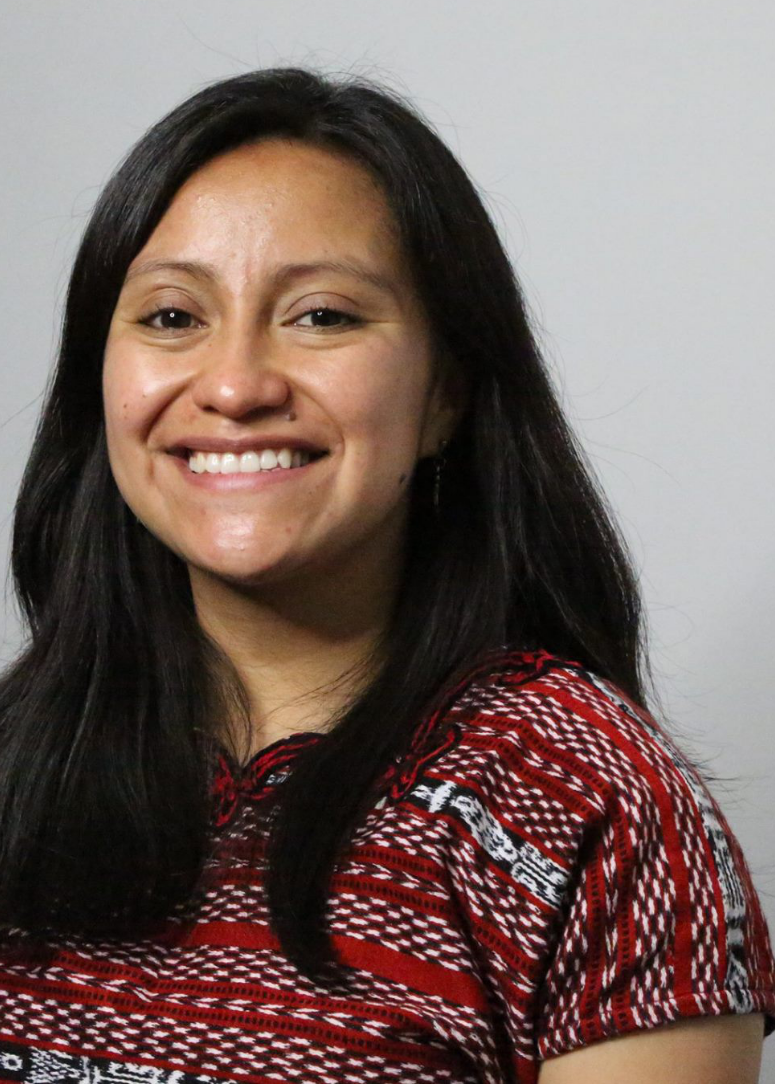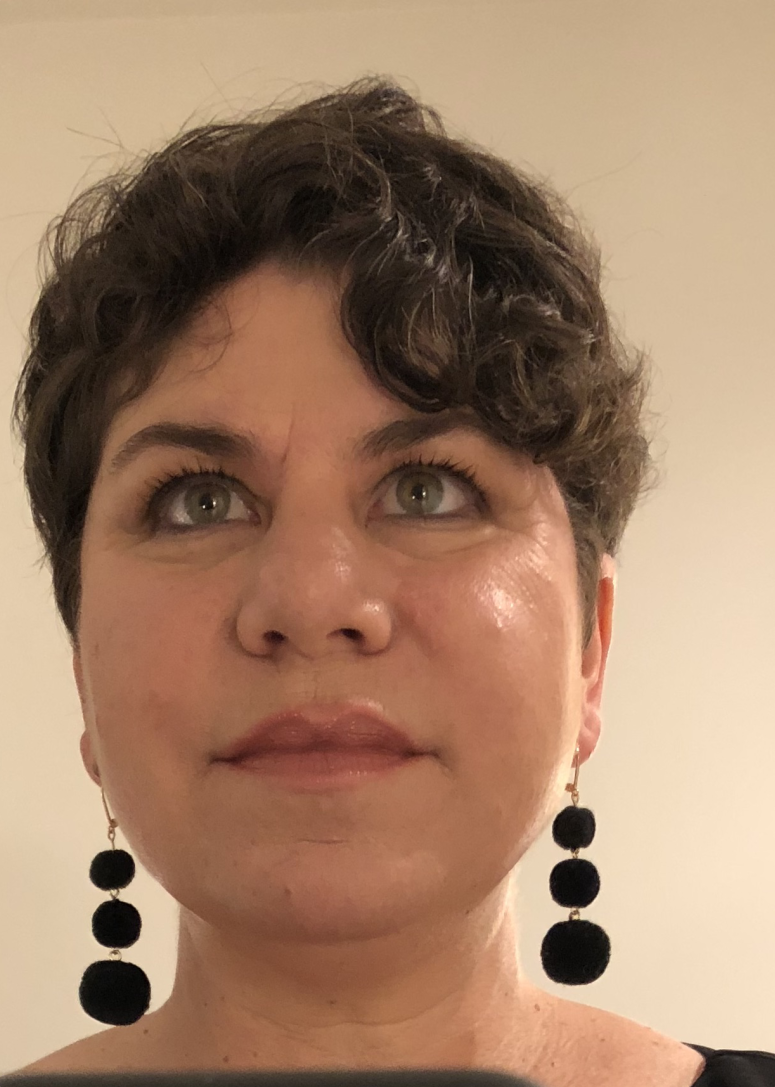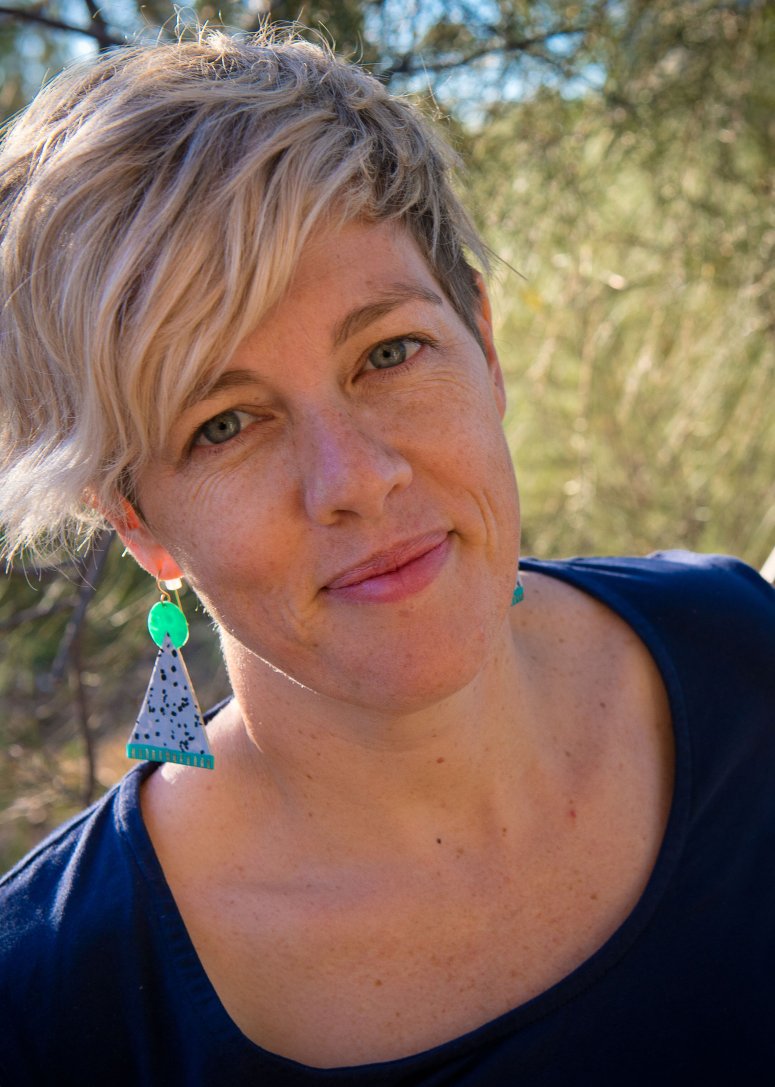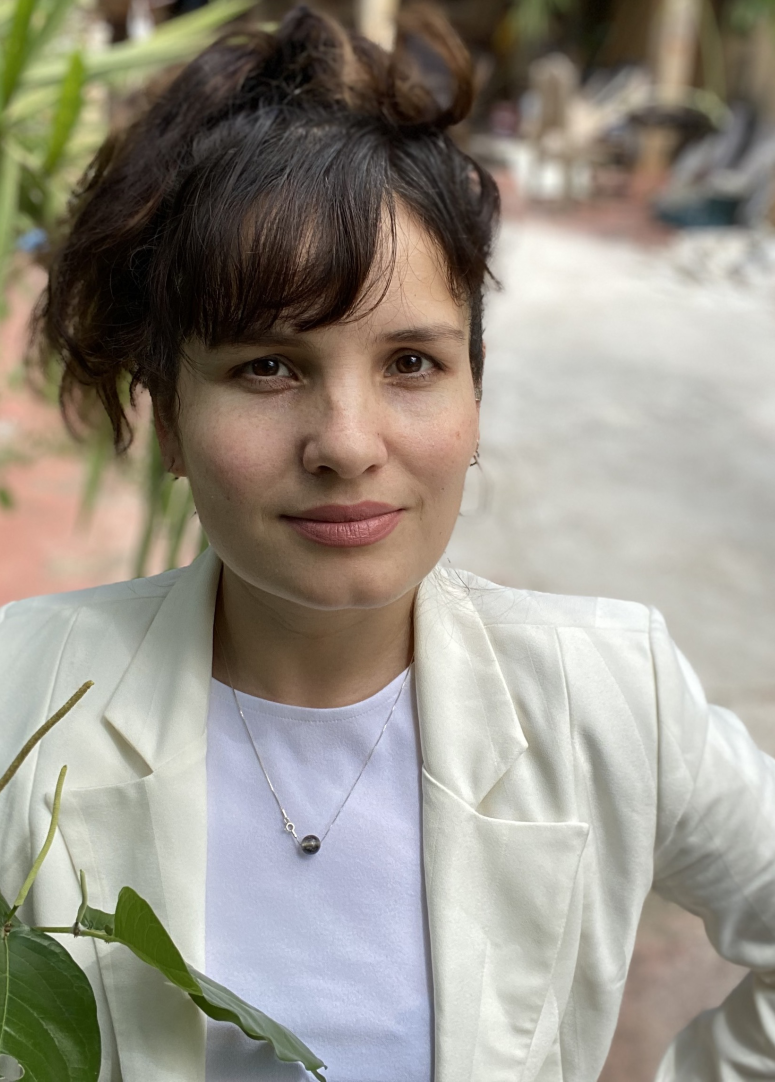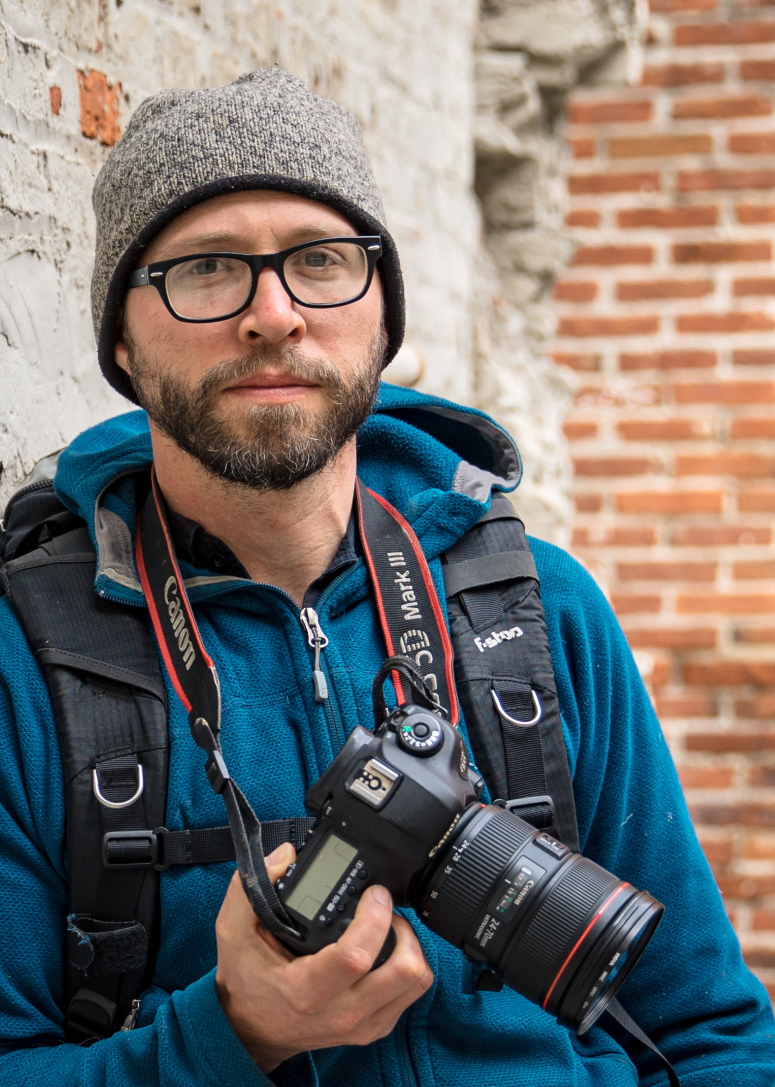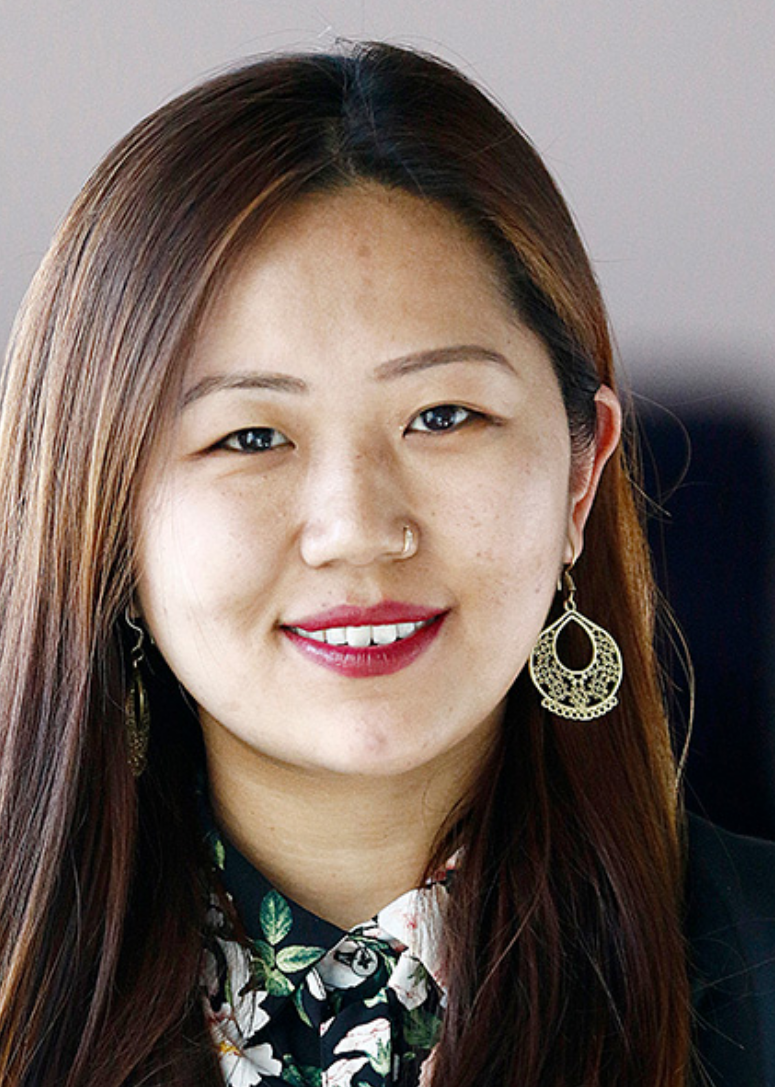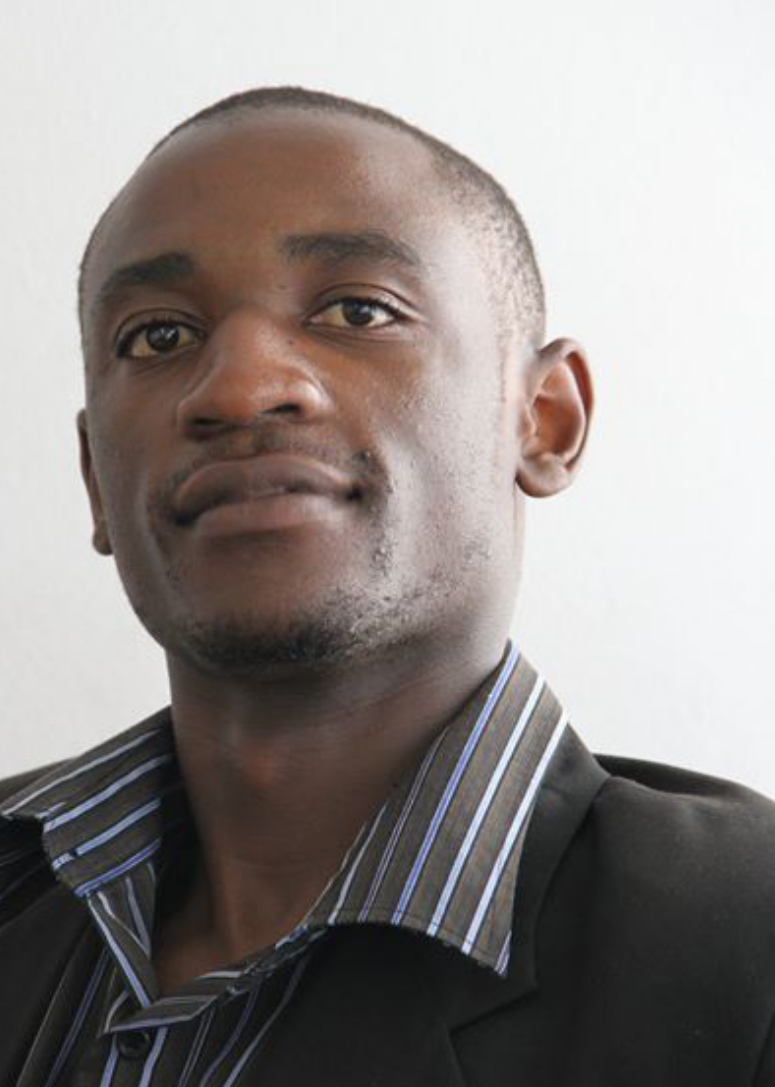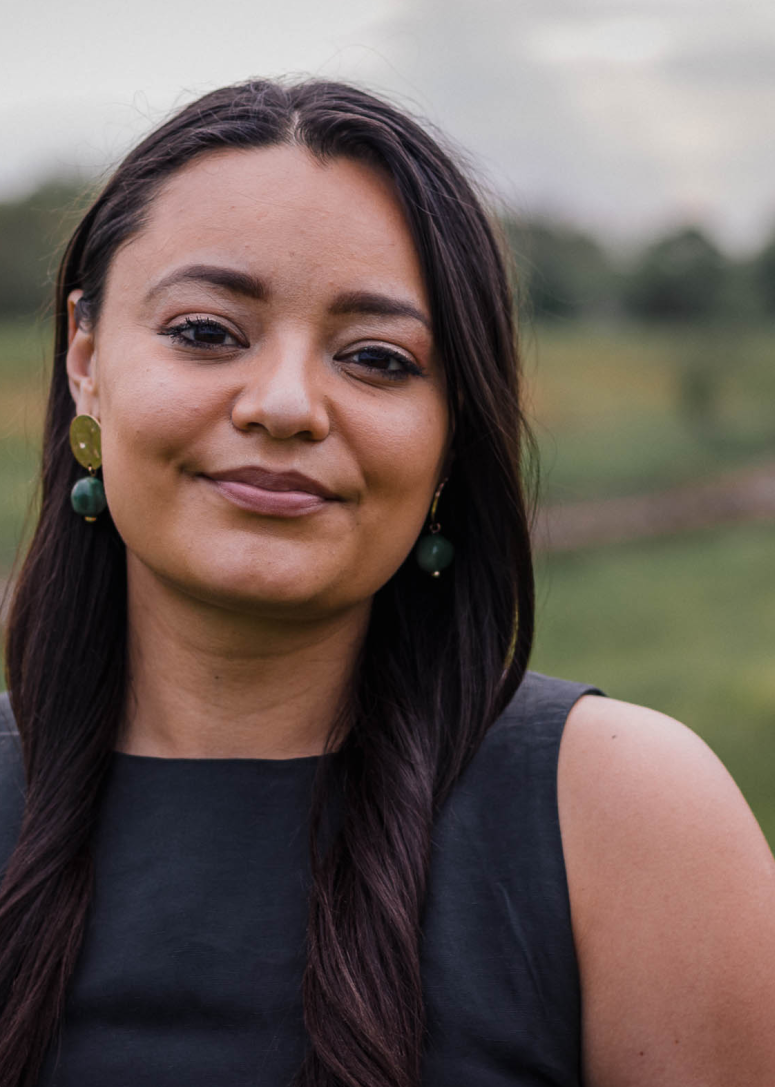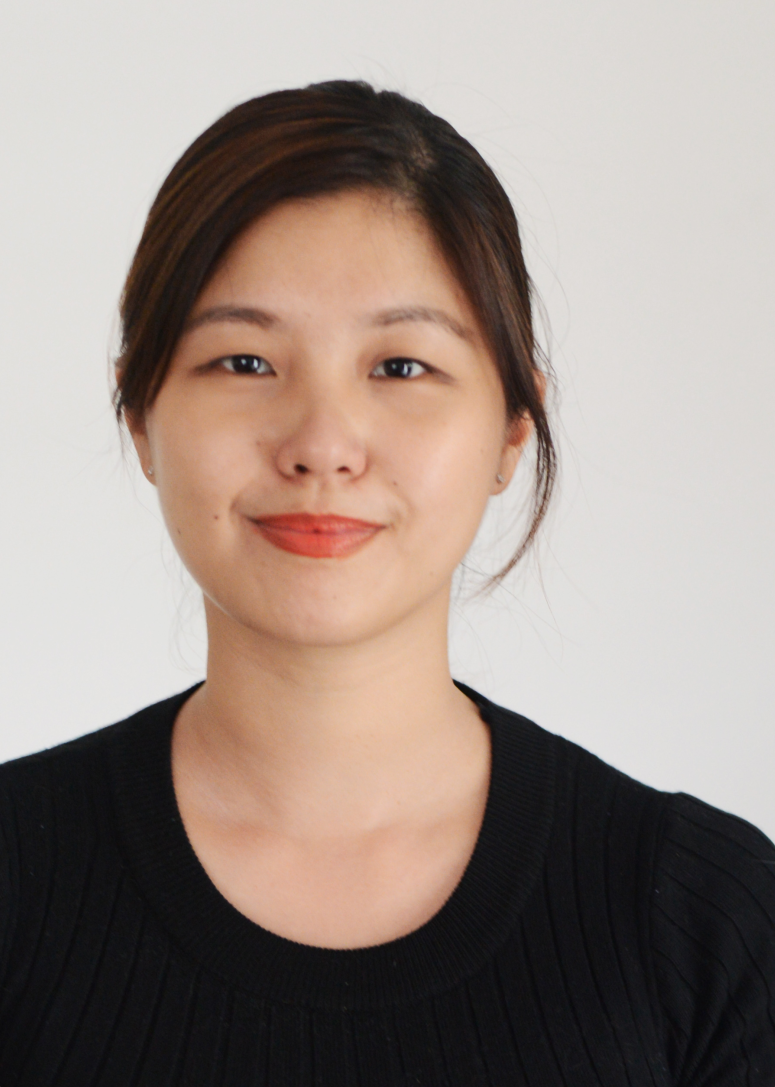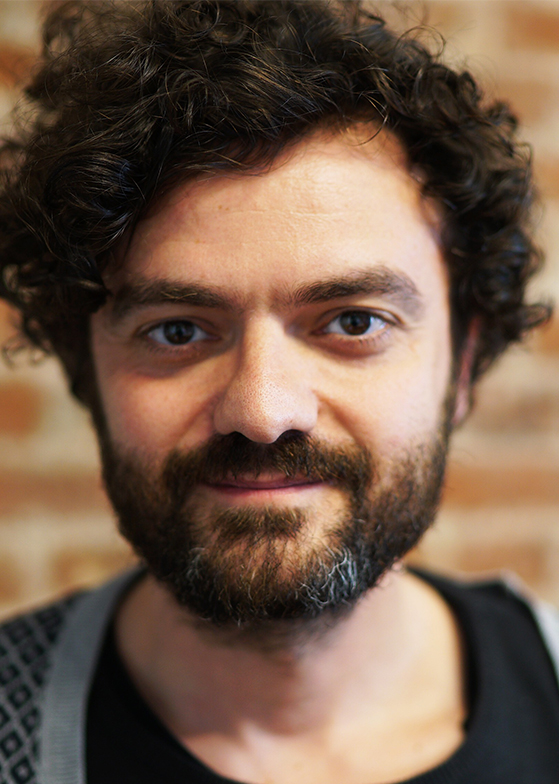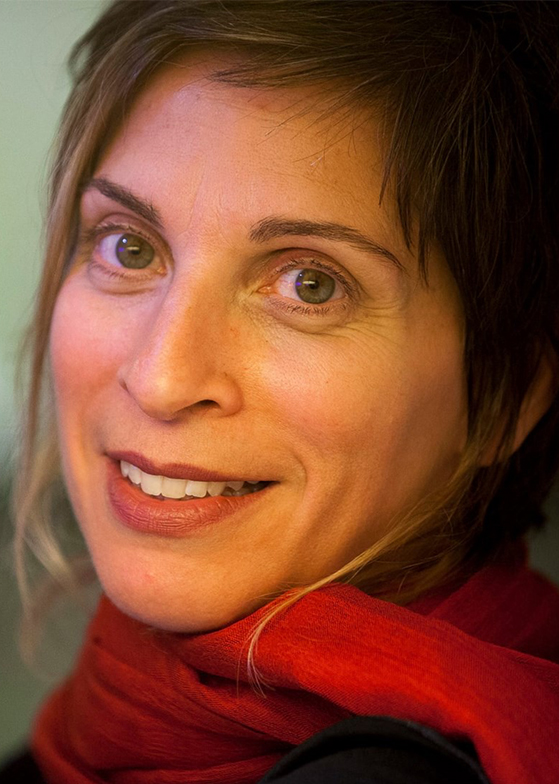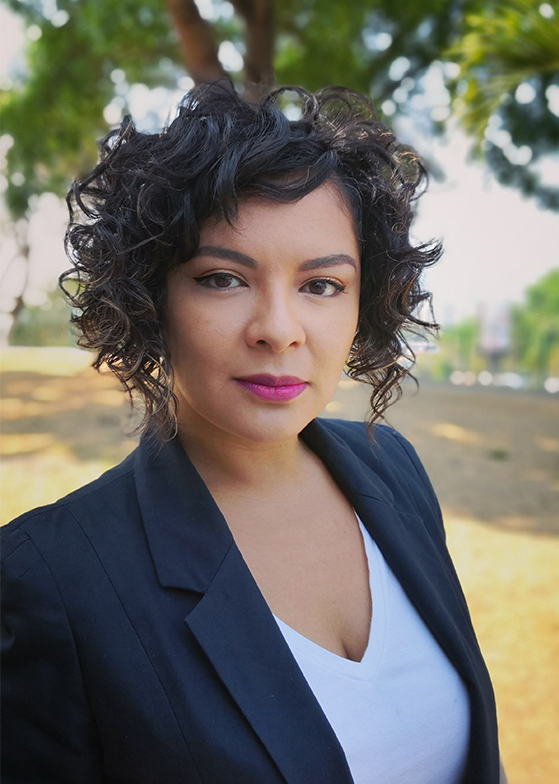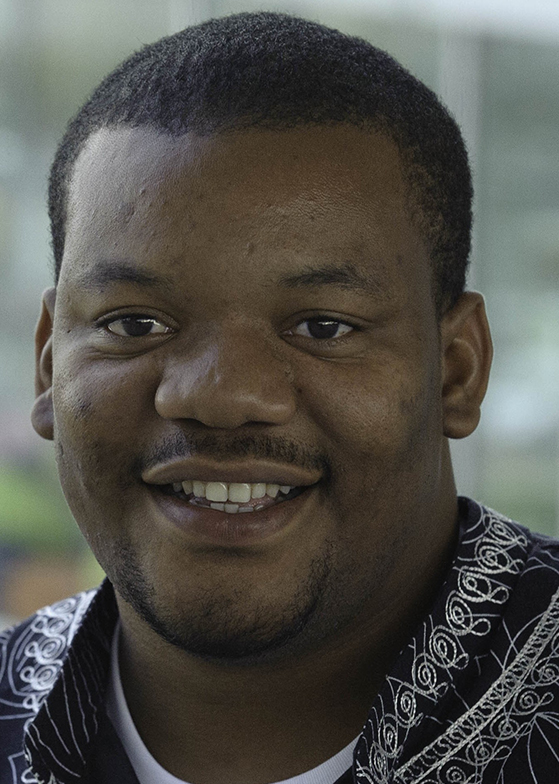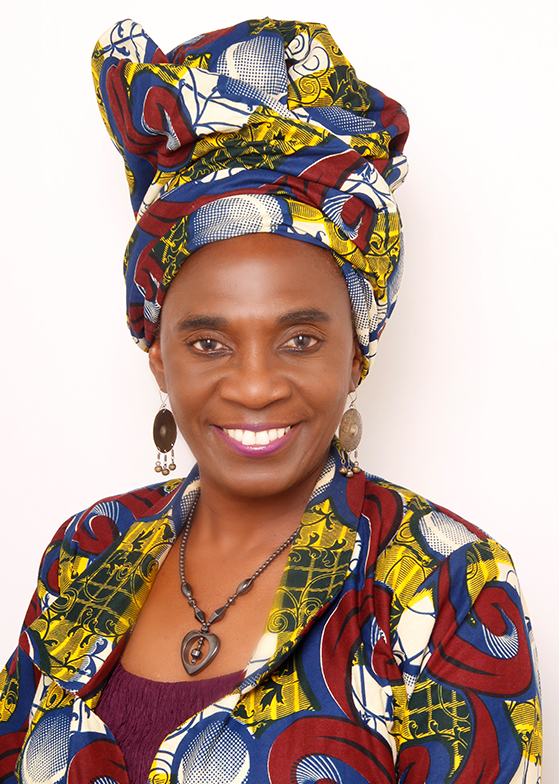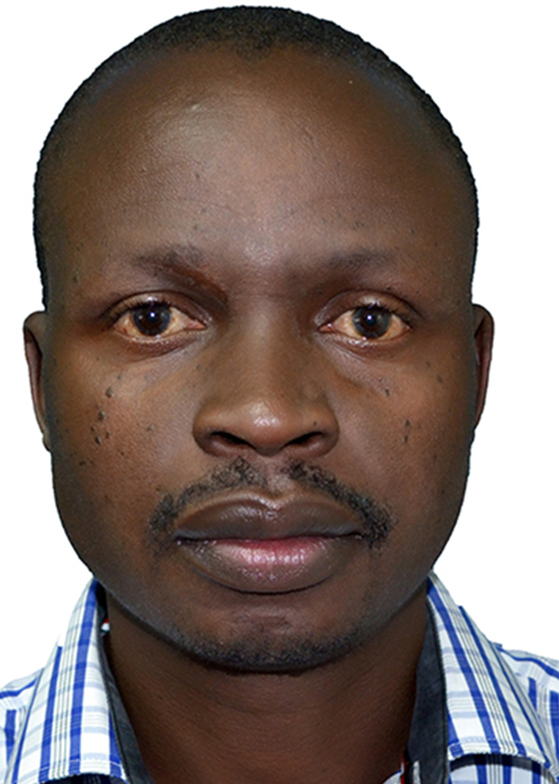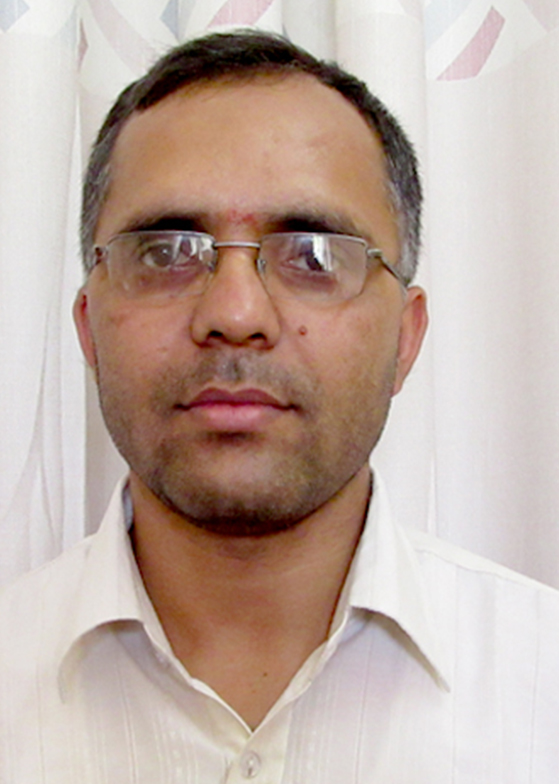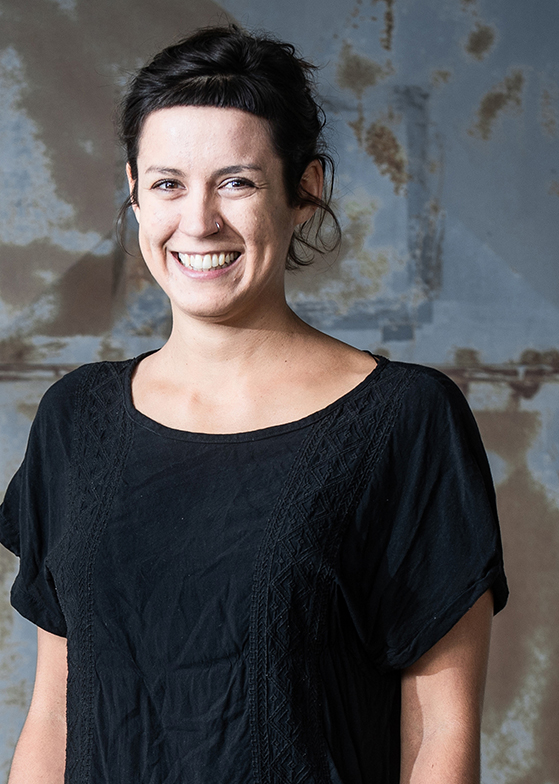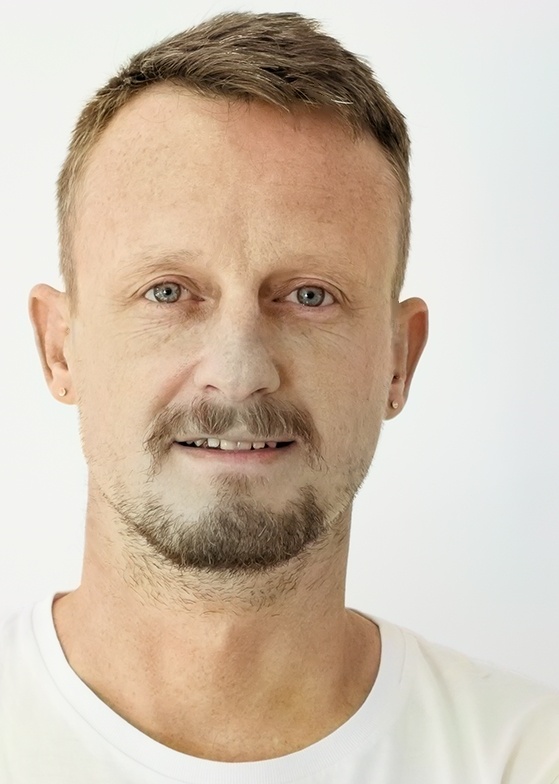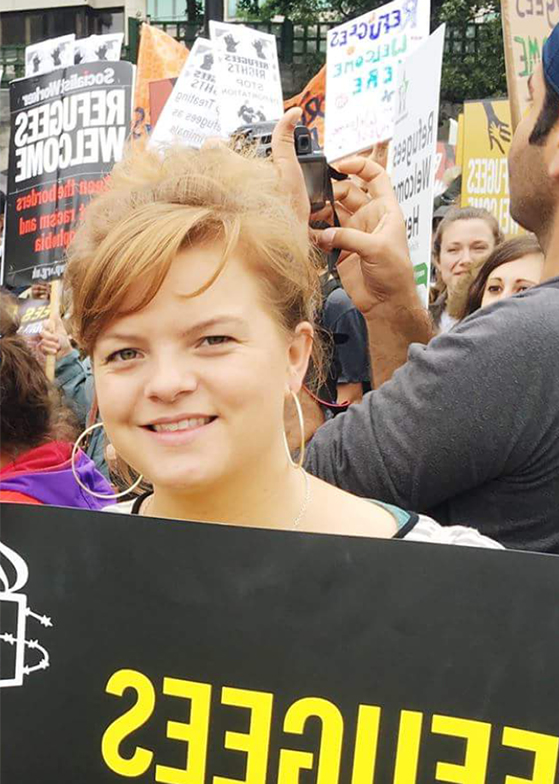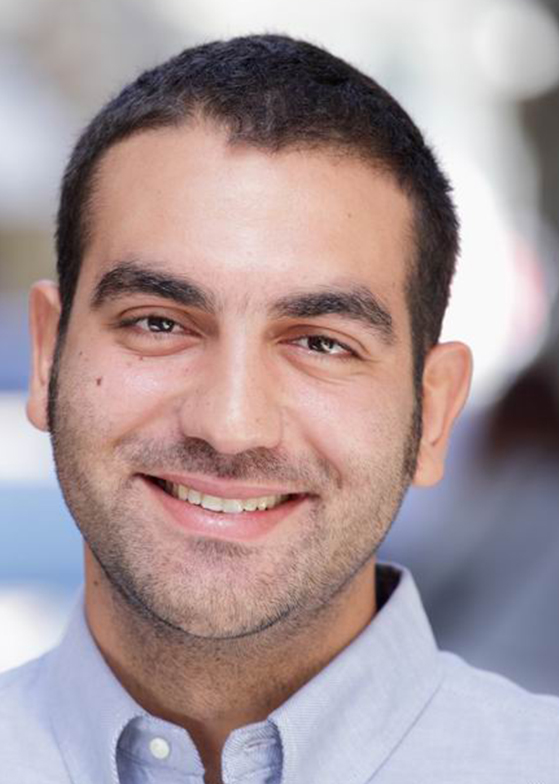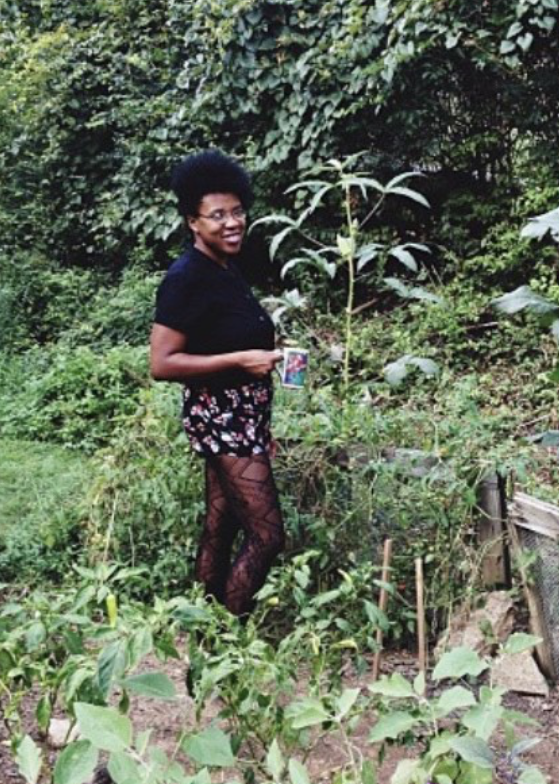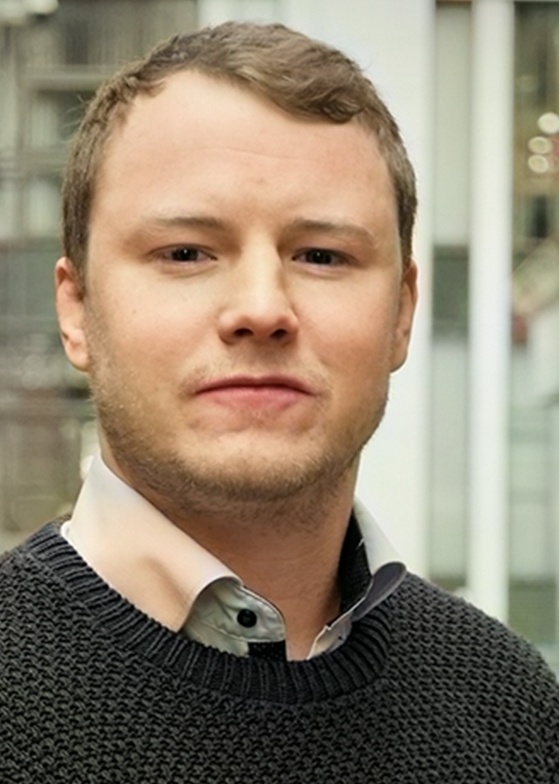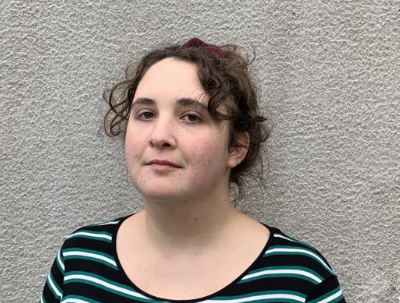
Project Information
The Bertha Challenge is an opportunity for activists and investigative journalists to spend a year focussing on one pressing social justice issue.
Successful applicants receive a non-residential paid fellowship and a project budget to work independently and together to:
Investigate the causes of and solutions to the annual
Bertha Challenge question
Amplify their findings to a wider targeted audience
Connect with diverse stakeholders for information, support and sustainable impact
At Bertha we know that many activists and investigative journalists are already doing ground-breaking work to investigate social justice issues, to amplify their work and to connect with audiences. The Bertha Challenge aims to support this by providing time to work exclusively on projects, the spaces in which to connect with a diverse global cohort of Bertha Fellows, and the resources to develop tangible products speaking directly to the Challenge question.
How is the interconnectedness between corporate interests and political power in farming contributing to the global climate crisis and what do people and communities do to expose and counter this?
Tap to Interact
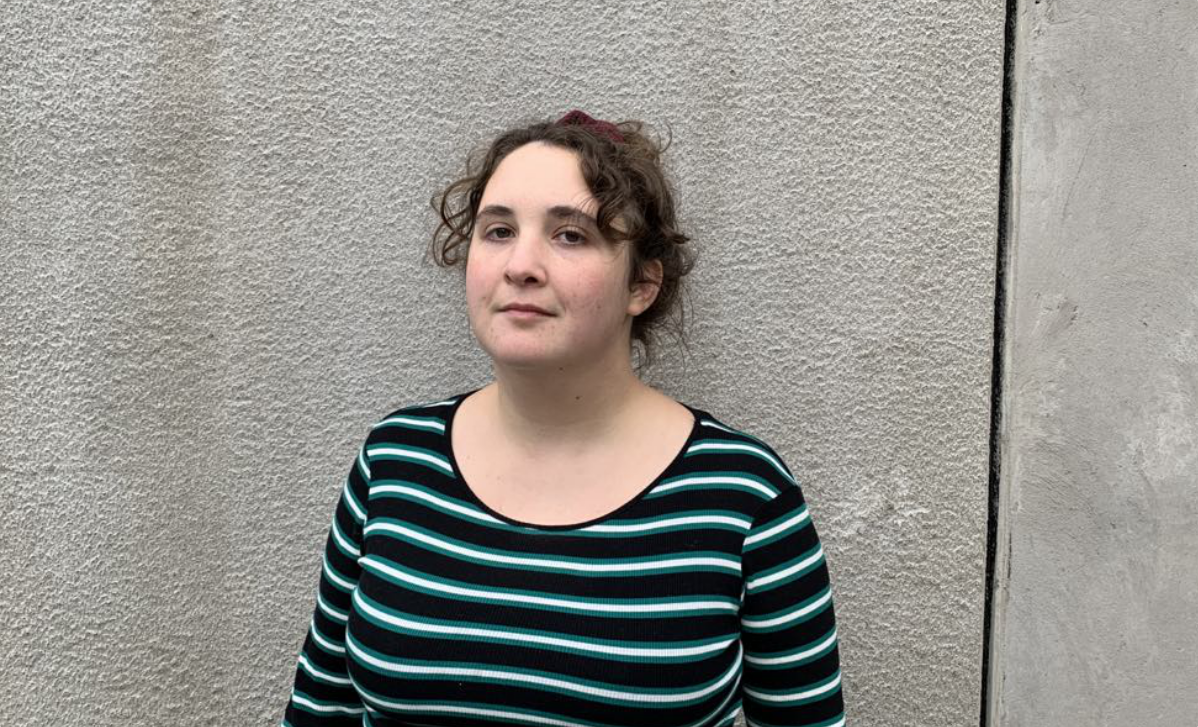
Fran is an activist and journalist based in Gothenburg, Sweden. Some examples of her work include holding the British delegation accountable at the COP conferences, campaigning against Sweden’s largest cement mine and holding mobilization sessions and trainings for a series of forest occupations to support Sámi villages in their fight against logging on their land by the Swedish state.
Fran recently completed a Masters in investigative journalism and spent six months investigating how the EU funds third parties to carry out its border externalisation programmes. This inspired her Fellowship project, through which she will investigate the Swedish aquaculture industry. She will work closely with young environmental activists throughout the Fellowship year. Industrial-scale aquaculture is increasingly being presented as a climate solution, while remaining under-researched and largely slipping under the radar. Her aim is both to gain knowledge about this industry and to train young activists in investigative skills.
Fran will produce a report, several videos and deliver workshops on the aquaculture industry’s climate and social impacts for Sweden’s environmental movements. More broadly, the project will support activists in gaining investigative skills they need to expose destructive industries.
“I want to bring investigative methods into the activist space. My project will help empower a network of young activists in methods they can in turn teach to others. The project aims to shed light on impacts of the aquaculture industry on different communities in Sweden”
Want to share this profile? Click here and copy the URL.
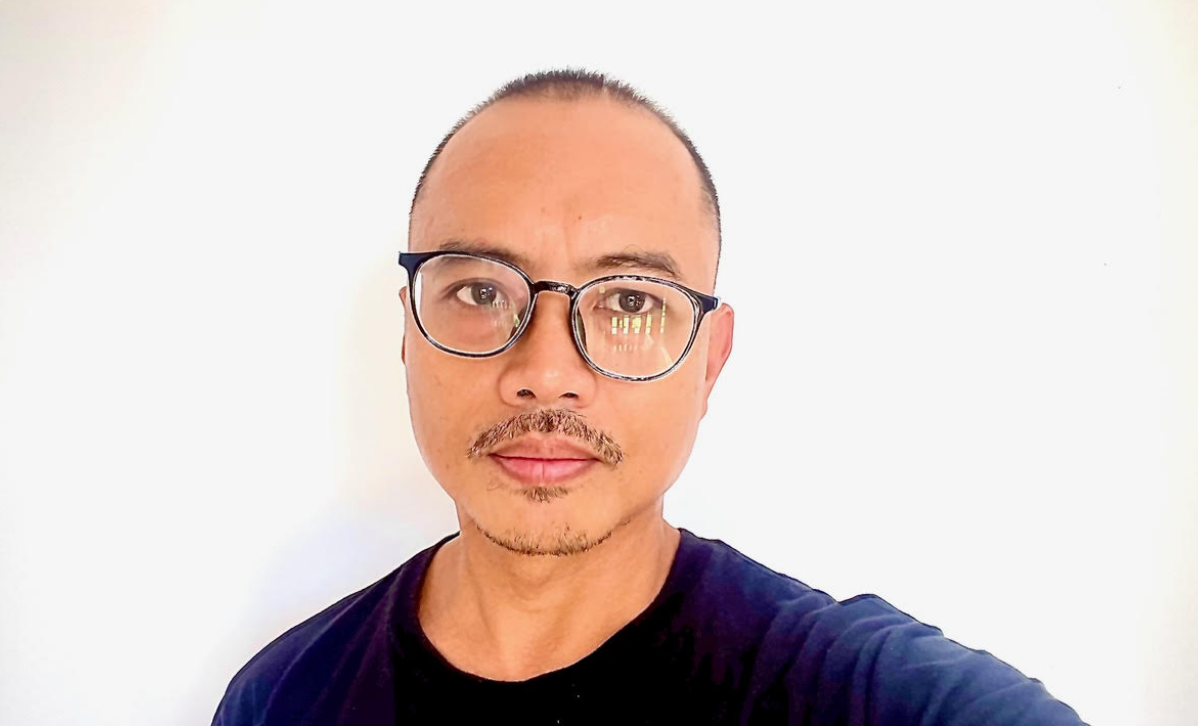
Herbert Docena seeks to contribute to strengthening movements for social justice through his work as an educator, researcher, and organizer. He has conducted research on militarization, neoliberalization, authoritarianism and other issues affecting oppressed groups in the hope of enabling them to respond to these issues more effectively. Seeking to equip more people with alternative frameworks for making sense of their circumstances, Herbert has also been teaching sociology at a local university in the Philippines.
Herbert’s Bertha Challenge project will investigate and expose developments affecting farmers and fishers in the Philippines. He will look specifically into the case of Sicogon Island in the central Philippines where one of Asia’s most powerful corporations has been constructing a luxury resort. By investigating the conditions under which dispossession is carried out and resistance to it is broken, his project aims to contribute to long-running struggles to defend the commons and achieve environmental justice.
“I pay attention to the larger forces that shape our lives. As an activist I’ve been part of organizations bringing isolated and disempowered individuals to fight effectively against corporations driving out farmers and turning their homes and islands into yet another playground”
Want to share this profile? Click here and copy the URL.
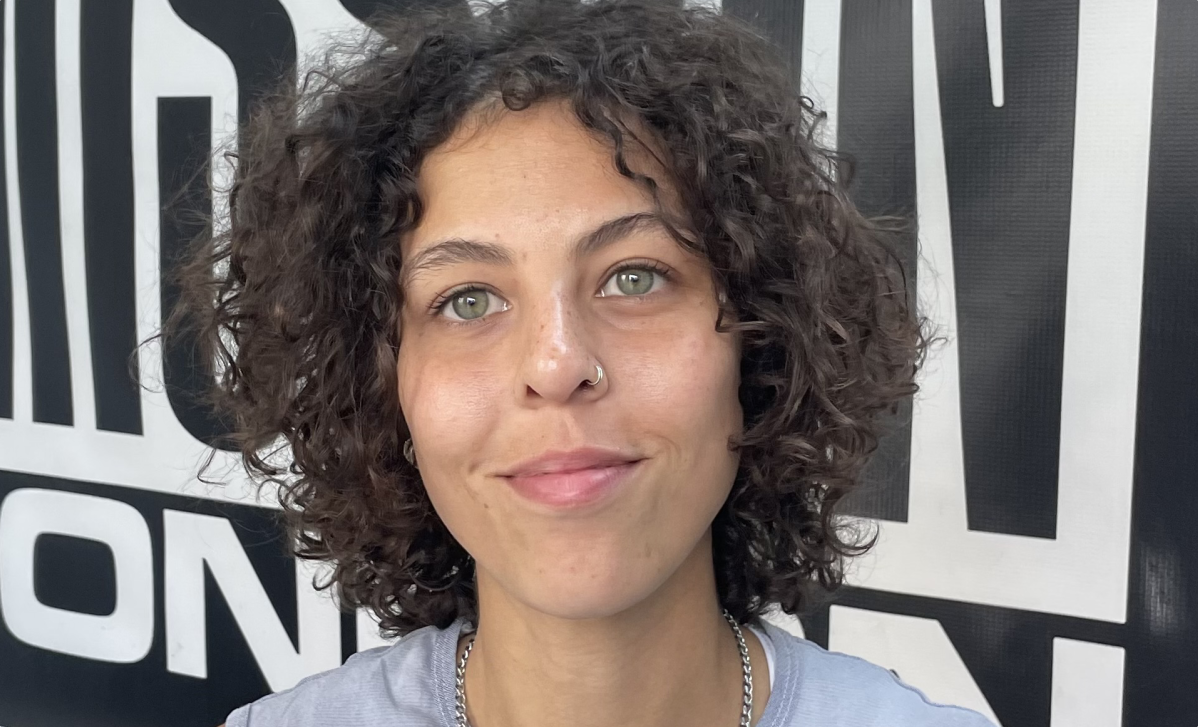
Lily O’Mara is an activist and researcher working as a campaigner and Local Action Officer at Sustain, a food and farming NGO based in London. Her work exposes the influence of agribusiness on UK policies, aiming to protect communities from the environmental and democratic impacts of the corporations behind intensive livestock agriculture. She recently graduated with a Masters in Law and Gender studies from SOAS, University of London, during which she spent time in Tunisia researching the gendered exploitation of labor towards women farm workers in the informal agricultural economy.
Lily’s activism draws from years of experience in local government and Sustainable Food Places, a network of over 100 local food partnerships in the UK. Her campaigns include the ‘Every Mouthful Counts,’ project at Sustain, which evaluates local councils’ food and climate efforts, and research on agribusiness pollution undertaken with partners including the Bureau of Investigative Journalism.
Through her Bertha Challenge project, Lily will expose the polluting and undemocratic practices of agribusinesses linked to factory farming in the UK, and support communities to challenge them. Lily’s work is rooted in a commitment to a fairer food system that values local voices, environmental health, and democratic integrity.
“Who are the winners and losers of factory farming in the UK agri-food landscape? Who are the communities impacted by factory farming? Over the last two decades there has been a shocking rise in the number of intensive livestock factory farms in the UK. I have worked with local councillors and community groups and witnessed first hand the techniques used by industry lobby groups to co-opt local democratic systems. I also learnt how they can be stopped when communities unite. Achieving this will be a national benefit for the UK. Next up, the world!”
Want to share this profile? Click here and copy the URL.
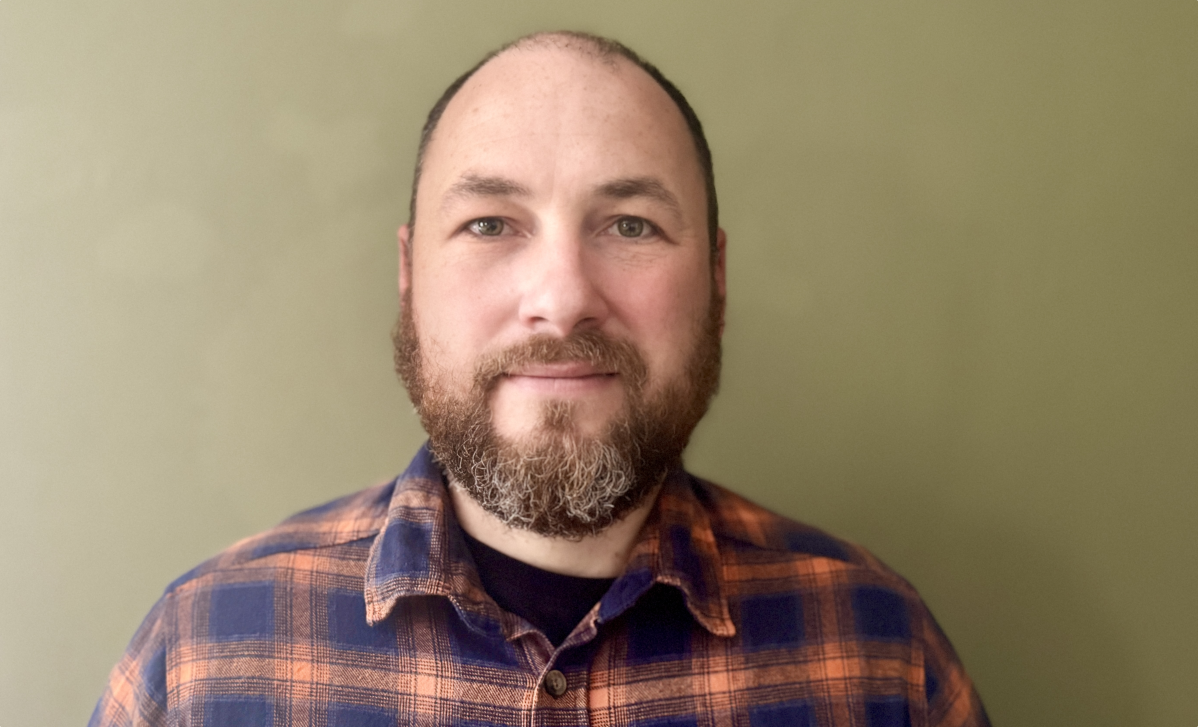
Szőcs-Boruss Miklos Attila will work with investigative journalist, Tünde Szabó, during his Fellowship year. He is a dedicated farmer, activist and community leader based in the bioregion of Țara Călatei in Transylvania, Romania. As the founder and acting president of ALPA – Land for Life, Attila works towards protecting and stewarding farmland while promoting agroecology, and enhancing biodiversity. ALPA’s mission is to establish a regenerative food system and resilient socio-ecological landscapes by securing land access for new farmers and fostering environmentally and socially just agricultural practices.
For his Bertha Challenge Fellowship, Attila will create a one hour documentary exploring agroecological solutions and systemic challenges within the local food system. Additionally, he plans to host a series of bioregional festivals and publish a report on the future of farming in the region. With a history in grassroots advocacy and multimedia storytelling, Attila is committed to empowering rural communities and transforming the food system in response to climate and biodiversity crises.
“Courage is to pick up the flag when needed. I come from a peasant family background and I tell stories about environmental justice in times of multiple crises. In this digital era, I leverage technology and media towards social change. I am an activist fine-tuning my skills to follow corporate money, expose destructive multinational investment funds grabbing land. I’m active in creating transparency, promoting a fair and just food system – that alleviates the climate crisis, not deepens it.”
Want to share this profile? Click here and copy the URL.
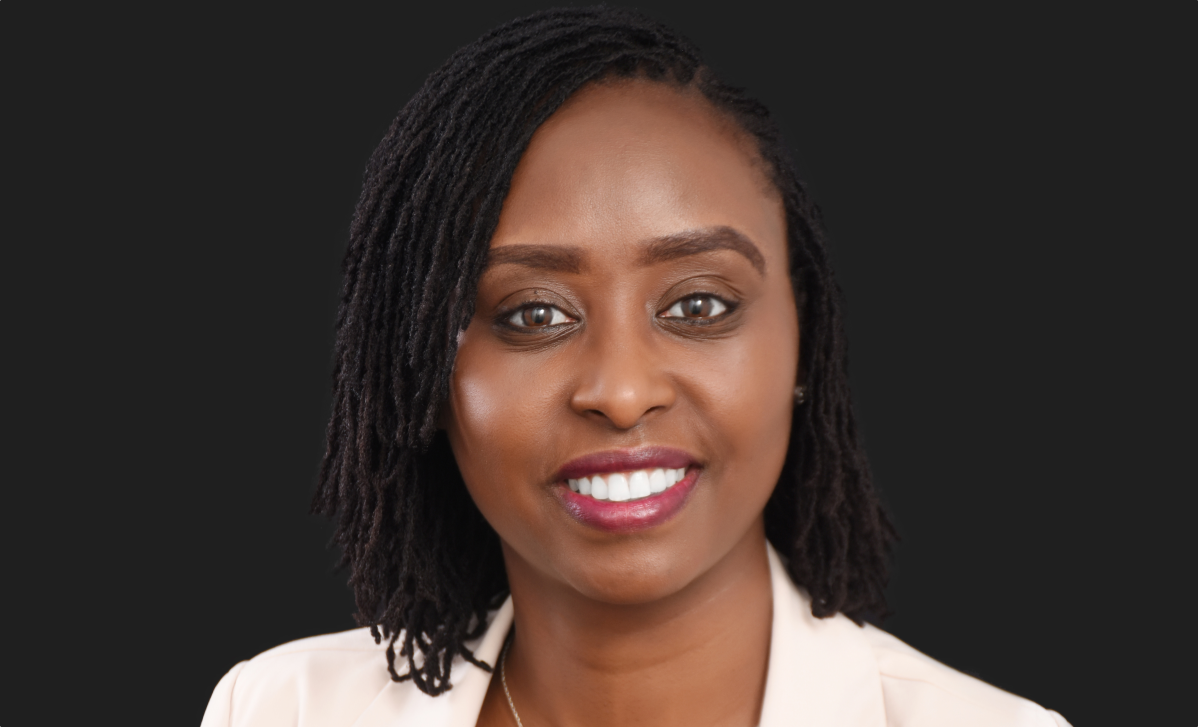
Cynthia Gichiri is a multimedia journalist based in Nairobi, Kenya. With a passion for investigative journalism, and gender and climate change reporting, she has made a mark in the Kenyan media landscape as a senior reporter at Africa Uncensored, an online media house renowned for its commitment to producing impactful investigative and in-depth documentaries.
Cynthia’s investigative journalism has exposed failures and loopholes in agriculture that have resulted in economic and social injustices against farmers. Her latest project, ‘Poison PR’ – a collaborative investigation with Lighthouse Reports and other global media – exposed a secret network protecting the sale of harmful pesticides including paraquat, which is linked to Parkinson’s Disease. She aims to pursue this theme for the 2025 Bertha Challenge, where her work will examine the murky policies and alliances surrounding seed ownership and distribution in Kenya.
“This Fellowship is perfectly timed fitting into telling stories on agriculture and the impact of political and corporate policies on this key sector of the Kenyan economy. The Bertha Challenge will allow me to travel to far-flung areas, and obtain crucial data while collaborating with local journalists and scientists.”
Want to share this profile? Click here and copy the URL.
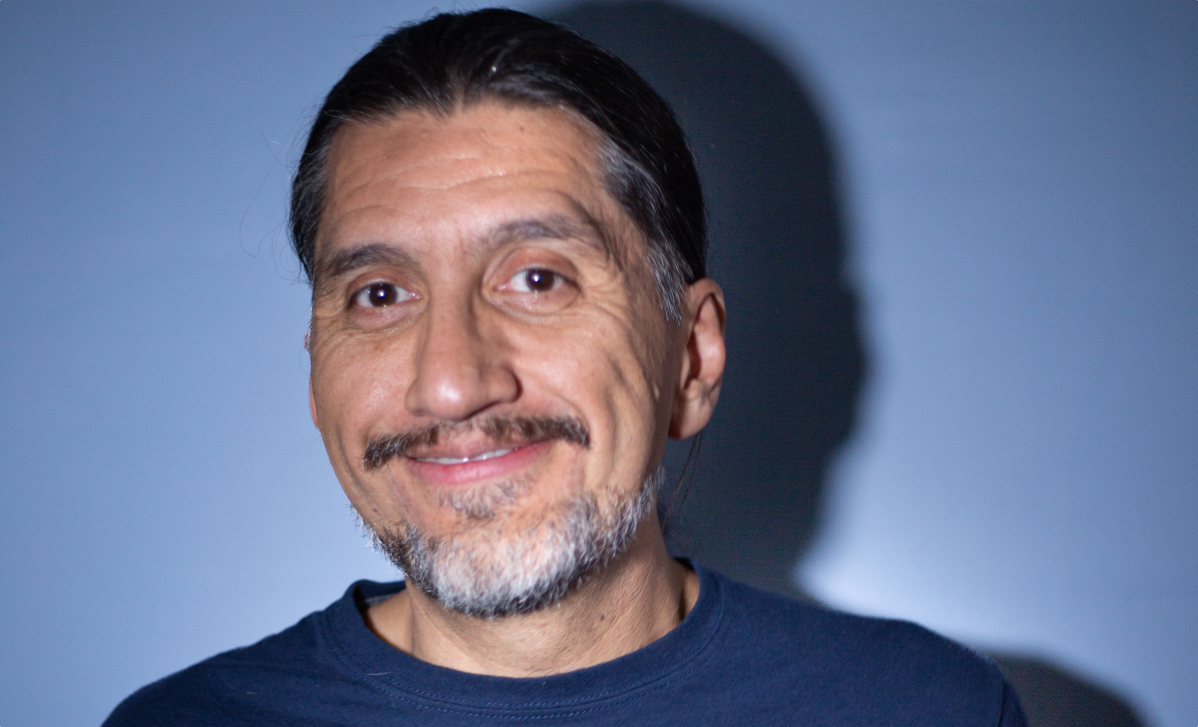
David Santa Cruz is a journalist and editor working beyond the Mexican borders in Latin America. He has collaborated with more than 40 media outlets in 25 countries on political, social, economic and financial issues. David has a Master’s degree in international studies from UTDT (Argentina) with an academic exchange at Uniandes (Colombia). He received the Rostros de la Discriminación Journalism Award (Mexico, 2022) for his short documentary about Mexican children searching for their disappeared relatives. In 2023, alongside a group of friends, he founded the food journalism media outlet Comestible.info with support from the Google News Initiative and Sembramedia.
As a Bertha Challenge Fellow, David will investigate state capture by agribusinesses in Mexico that has allowed the national palm oil extractive project to continue through five successive governments, from center, right and left political inclinations. His work will include investigating how individuals – mainly women – and their communities, organize to resist corporate and political power in order to protect the environment and land.
“My way of understanding the world is by writing about it. I want our audiences to see that the links between the people who consume and those who produce have a global impact on the environment, politics, culture and the economy. Nowadays we know almost everything about how palm oil crops damage the environment. What we do not know are the names of the final beneficiaries of this destruction.”
Want to share this profile? Click here and copy the URL.
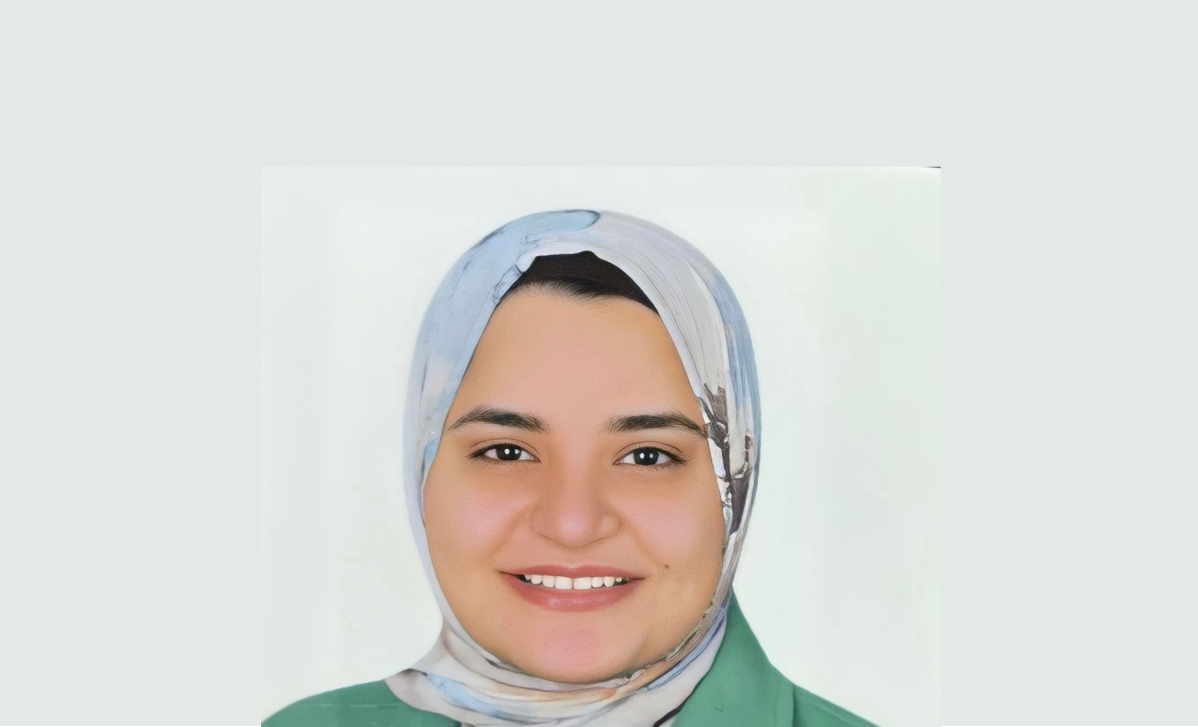
Eman Mounir is a data and investigative journalist from Egypt. Her work focuses on climate change and environmental issues in the MENA region. Among her notable achievements, Mounir received the Covering Climate Now Emerging Journalist Award in 2024 and the New Media Award from Bournemouth University for her investigation titled ‘Black Beaches.’ She also won first prize for science journalism from the Goethe-Institut for her report ‘Women Without Vaginas or Genitals.’ Additionally, she has been recognized with two awards (Best Female Entry and Digital Media) from the Nile Basin Initiative for her investigation ‘Death in the Lake.’ In 2023, she became a fellow with the Pulitzer Center Ocean Reporting Network, focusing on environmental stories related to the Arab region.
For her Bertha Challenge project, Eman will produce data-driven investigations exploring the effects of climate change and desert reclamation on oases in Egypt.
“At the heart of my work is a deep respect for the dignity of the communities who read my work. I have witnessed firsthand how climate change and development projects are displacing indigenous communities, depleting scarce groundwater resources, and exacerbating the environmental and social vulnerabilities of farmers.”
Want to share this profile? Click here and copy the URL.
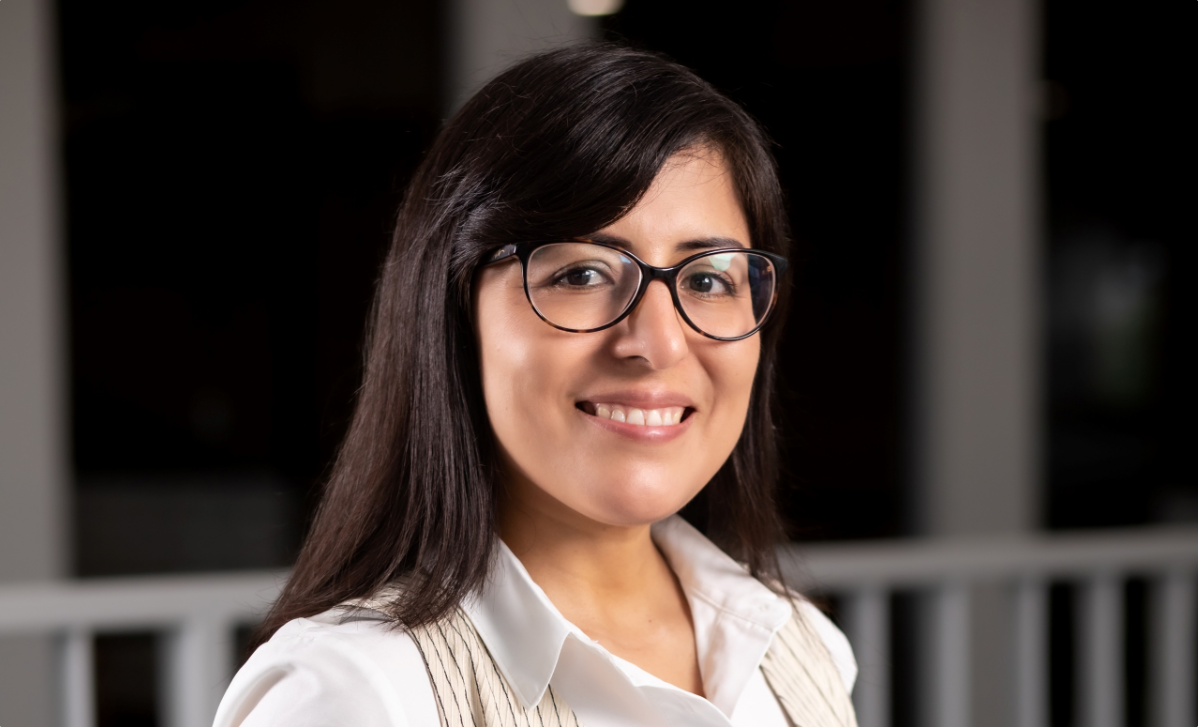
Fabiola Torres is an investigative journalist with 20 years’ experience, specializing in topics that sit between public health, the environment and human rights. She is a founder of the digital media outlet Salud con Lupa and member of the International Consortium of Investigative Journalists (ICIJ). She has participated in three of the largest collaborative projects in the history of journalism: the Panama Papers, the Paradise Papers, and the Implant Files. In 2024, she was part of the team that won second place in the Javier Valdez Latin American Investigative Journalism Award for the series ‘Nicotine Networks: New Products, Old Practices.’ In 2021, Stanford University’s Big Local News program supported her project ‘The Other Peru’, which documented the pandemic’s impact on Indigenous communities in the Peruvian Amazon.
As a Bertha Challenge Fellow, Fabiola will investigate the role of fresh fruit and vegetable agro-exporters in the water crisis affecting coastal regions of Peru, and lessons for the sustainable use of water for agriculture in the context of climate change.
“I have a firm conviction that journalism empowers people by giving them information to defend their rights and contribute to social change. I want to shift and mobilize public opinion in order to stop abuses of power by corporations that have such an impact on water and the lives of thousands of small farmers in Peru.”
Want to share this profile? Click here and copy the URL.
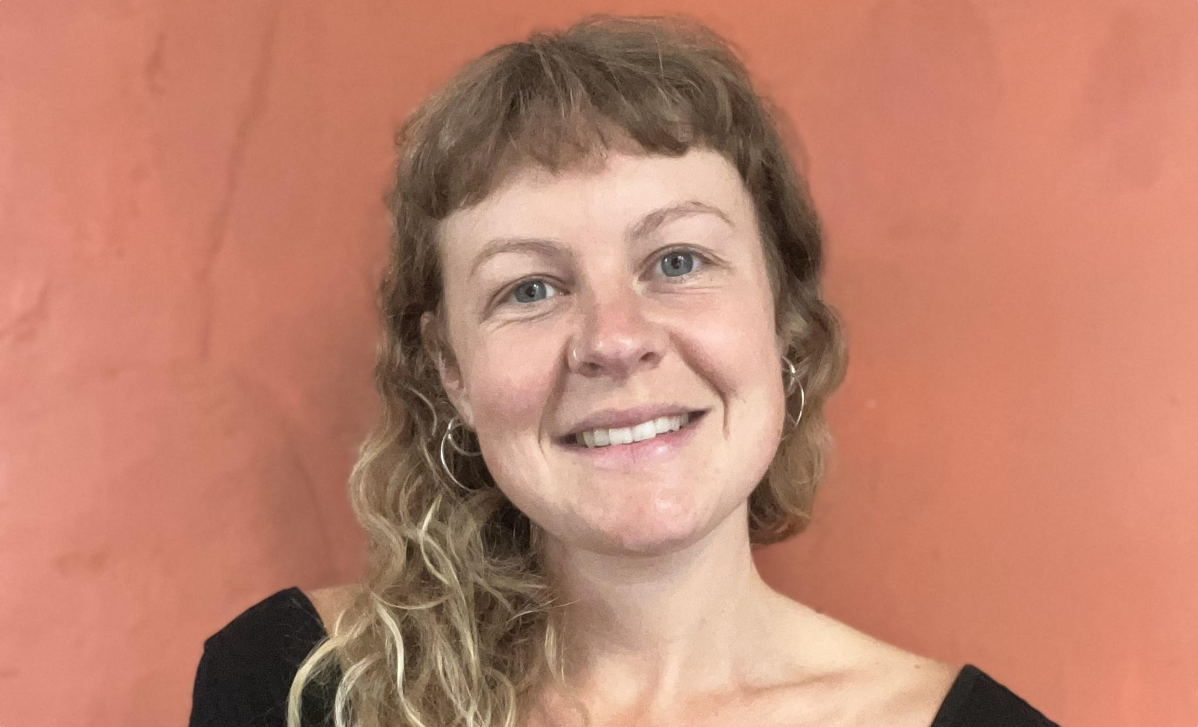
Ge Styles is an audio investigative journalist based in the UK with a specialization in food, farming and climate justice. Her audio work spans narrative storytelling, investigations and global current affairs and has been featured in UK and international media outlets such as the BBC, Mongabay and Deutsche Welle. Her global reporting seeks intimate stories that tackle some of the biggest issues of our time and works to center voices that are often left unheard.
For her Bertha Challenge project Ge will focus on the exploitation of migrant labor on British farms, investigating the links between large corporations, political power and the climate crisis.
“I am driven to expose corporate and governmental injustice in the British food and farming sector. I am drawn to tell intimate, relatable stories that tackle big issues. My connection to the food, farming and climate justice movement in the UK runs deep.”
Want to share this profile? Click here and copy the URL.
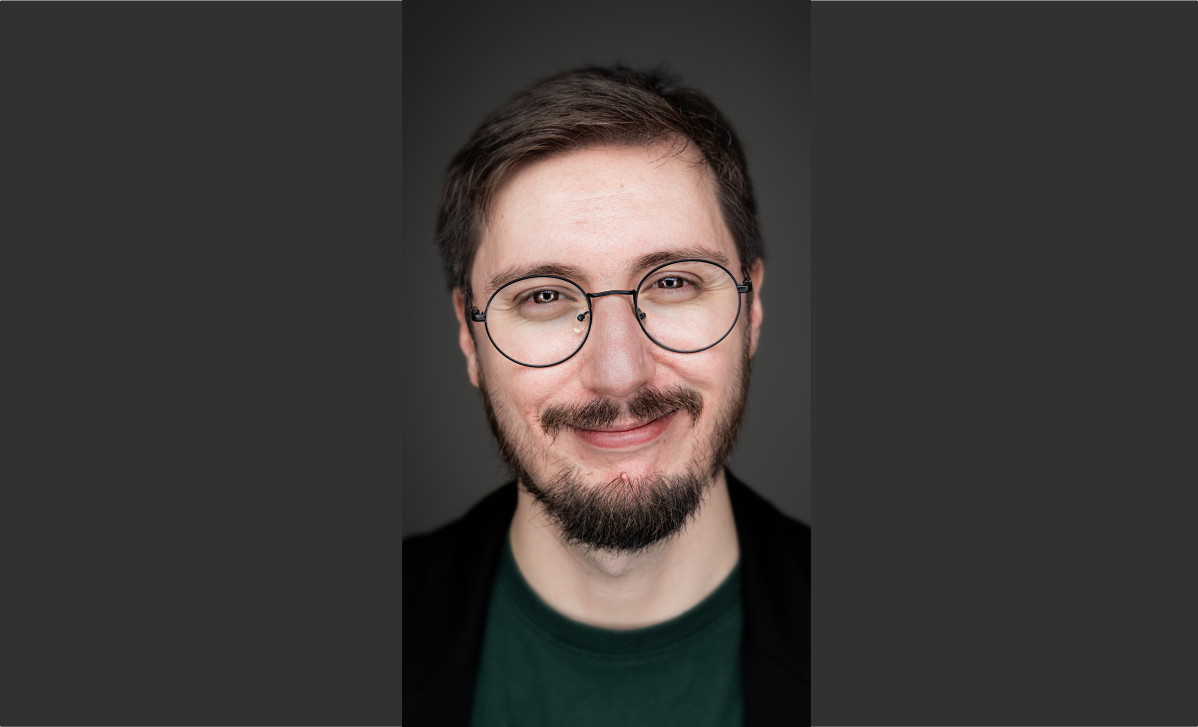
Maximiliano Manzoni is a Uruguayan climate journalist based in Paraguay. He founded Consenso, an award-winning investigative newsletter, and is a researcher on climate disinformation for Climate Tracker. In the last 10 years, he has led investigations on climate and disinformation from land rights to carbon markets and agribusiness lobbying.
Maximiliano’s work has been awarded the Gabriel Garcia Márquez Prize for Innovation (2018), the Amnesty International Paraguay Prize for Journalism and Human Rights (2016; 2019) and the National Award in Scientific Journalism (2024). He was also an Oxford Climate Journalism Fellow (2023) and part of the Periodistas por el Planeta and Connectas Hub networks.
For his Bertha Challenge Fellowship, Maximiliano will investigate a growing movement to adopt a new metric for methane emissions that is gaining traction in South America. Are European and United States think tanks collaborating with South American agribusiness, and governments to change the maths of methane emissions in order to deflect responsibility in the climate crisis? He will produce print stories, a podcast and social media videos.
“I am fixated on climate disinformation and agriculture, and how corporations and governments are deflecting their responsibility by co-opting narratives like ‘regenerative agriculture’. Not enough research has been done about how South American agribusiness, supported by their counterparts in the United States and Europe, are spreading disinformation about farming and food production.”
Want to share this profile? Click here and copy the URL.
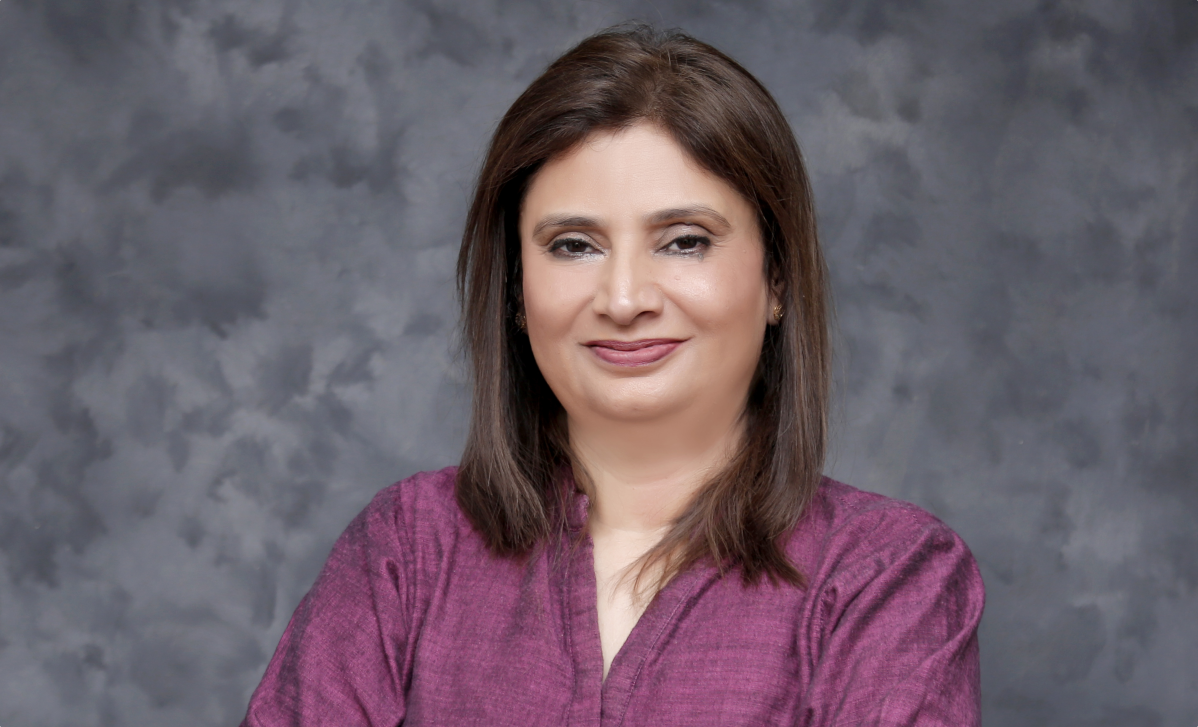
Sumaira Aslam is an accomplished journalist and documentary filmmaker from Pakistan.
Throughout her career, she has reported from some of the most challenging and volatile regions, including Pakistan’s tribal areas and Afghanistan. Her extensive fieldwork includes coverage of post-9/11 events and producing investigative documentaries such as ‘Kashmir: A War in Paradise’ for Teleproductions International.
Sumaira has produced, presented and reported news and current affairs with global media organisations like the BBC World Service, BBC World Television and Voice of America. Her documentary ‘Pakistan Jihadis’ was nominated for the Best Factual Program award on BBC World’s flagship Assignment series.
As a freelancer she has spearheaded innovative projects such as ‘Stolen Verdicts’, a groundbreaking documentary series on Pakistan’s electoral history and the podcast ‘Hum Gunheghar Auratein’ (We Sinful Women), which highlights stories of resilient women confronting injustice.
During her Bertha Challenge year, Sumaira will investigate the environmental impact of expanding corporate ownership of farmland in Pakistan.
“Where the land stretches endlessly under a vast, azure sky, is a unique ecosystem that has sustained herdsmen for generations. This arid landscape, with its undulating topography, sparse grasses, and resilient flora and fauna, has been a haven for nomadic communities and their grazing animals. Today formidable corporate and political interests are challenging this.”
Want to share this profile? Click here and copy the URL.
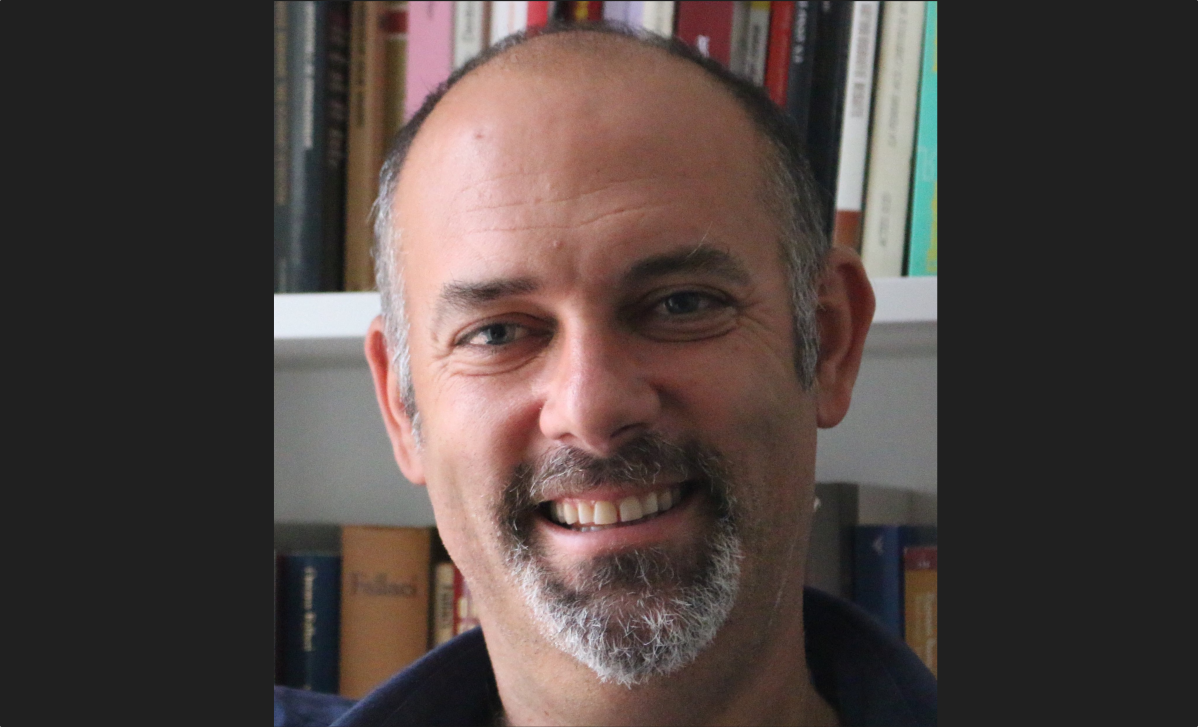
Stefano Liberti is an award-winning journalist and filmmaker. He is a contributor to many European magazines, such as Internazionale, Le Monde diplomatique, El Pais and Al Jazeera English. His first book, A sud di Lampedusa (‘South of Lampedusa,’ 2008), was awarded the Indro Montanelli prize for writing. He has subsequently written Land Grabbing. Journeys into the New Colonialism (2011), and his latest book, Tropico Mediterraneo (‘Mediterranean Tropic,’ 2024), which has been described by the author Amitav Ghosh as a ‘thought-provoking and immersive expedition across the troubled waters of the Mediterranean’.
As a filmmaker, Stefano has directed many movies, both for television and for cinema. His latest documentary ‘Soyalism’ (2018) is a global investigative journey through the pork supply chain and the related soybean monocultures. It has been awarded many prizes and been broadcast around the world.
Stefano’s Bertha Challenge project focuses on the Po Valley in Northern Italy, more specifically on how the agricultural production model based on concentrated livestock operations and corn monoculture is affecting the environment and contributing to climate change.
“The urgency of the climate crisis pushed me to investigate the link between food production and global warming. A huge amount of European funds in agriculture goes towards the production of animal-based food while one third of Italian farms have shut down. I’m looking at the desertification of the Po Valley and I want to put this issue at the center of the public debate”
Want to share this profile? Click here and copy the URL.
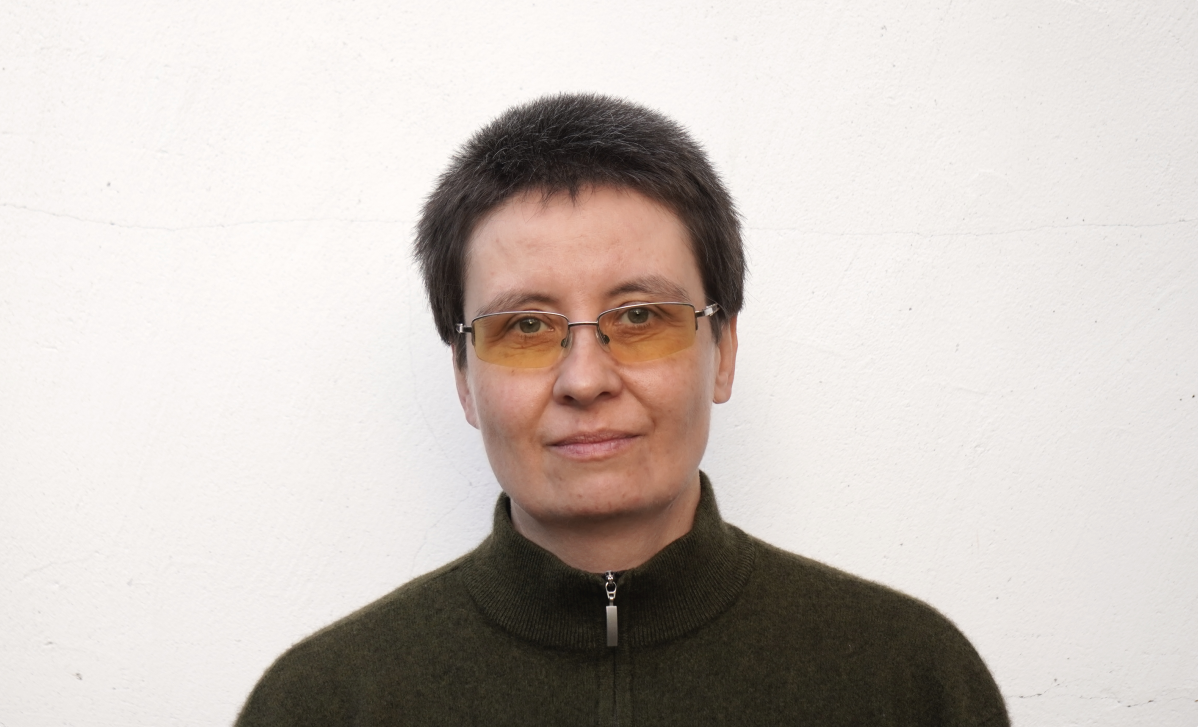
Tünde Szabó will partner with activist, Szőcs-Boruss Miklos Attila for her Fellowship year. She is the editor of Átlátszó Erdély (‘Transparent Transylvania’), an investigative project that reports to and on the Hungarian community of one million people in Romania. Átlátszó Erdély investigates abuses of power and abuses of public money in urban and rural Transylvania, where the lack of transparency harms individuals and communities.
Tünde joined Átlátszó Erdély shortly after its launch in 2015 – first as a volunteer, then as a full-time reporter and editor. In the last five years, she has written stories about the unfinished land restitution process in Romania; toxic leadership in regional political and cultural organizations; the implementation of minority language rights; shortages of drinking water even amidst a publicly funded development; and about the brutal and multiple abuses of children in a private network of children’s home.
For her Bertha Challenge Fellowship, Tünde will investigate the agricultural subsidies of local politicians and how, contrary to the EU’s climate goals, these subsidies favor large scale properties with monoculture farming in the region surrounding Cluj-Napoca.
“Romania has more farms than any other European Union country. There’s a real and urgent need to ‘translate’ European agricultural policies and counter the widespread disinformation spread by politicians to favour real estate speculators. My investigation will support small farmers – the real ‘banks’ of diversity – in having their say on carbon credit and biodiversity impact credit systems.”
Want to share this profile? Click here and copy the URL.
TAP TO INTERACT
Shinji spent their Fellowship year traveling between Indigenous communities, urban peripheries and small farmers in Brazil, who face extreme threats from land grabbing, mining, logging and the hostile political environment. They wrote a book documenting the water challenges that communities face.

With Jelena Prtorić (journalist Fellow, Germany), Jelena conducted an in-depth investigation into the quality of water in the EU, focusing specifically on agricultural pollution by pesticides and nutrients. Together they created a ‘water hub’ website housing their investigations and activist resources.
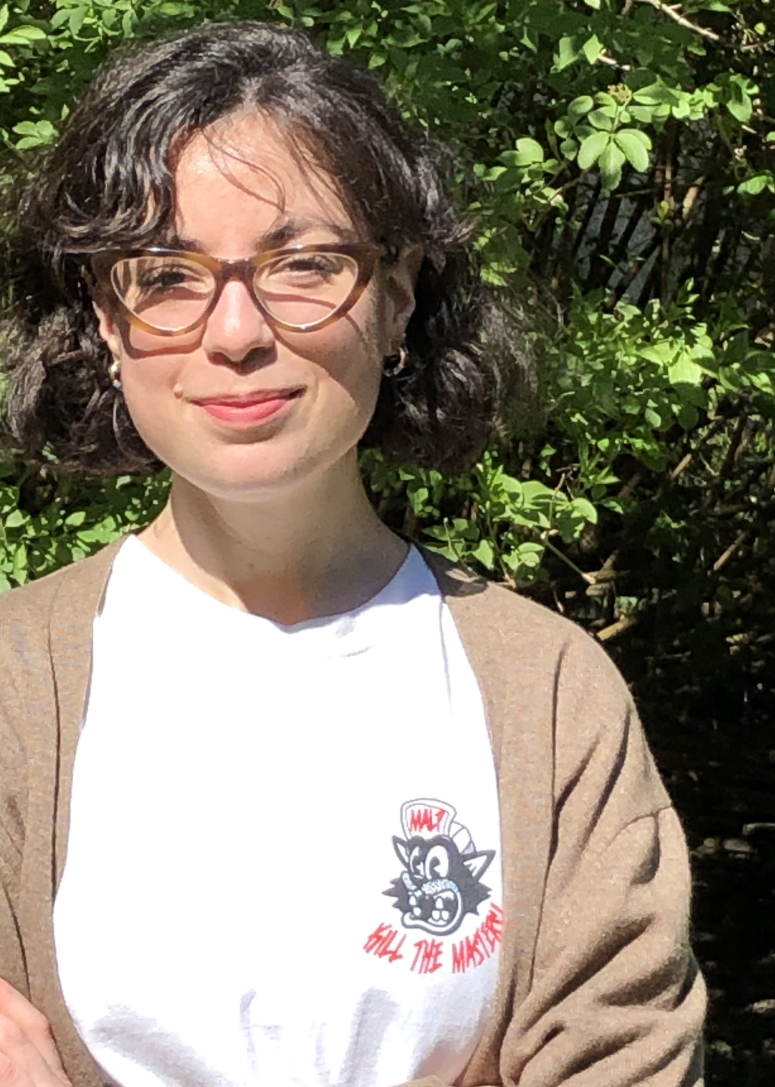
Pascalinah spent her Fellowship year investigating the devastating impact of mining on water in Lesotho. She focused on the Lesotho Highlands Water Project and the imbalance between the development of water resources for commercial and mining industries with community water priorities. In addition to her articles, Pascalinah wrote a book on her investigations, and produced a short film and podcast.

Fredrick wrote a series of articles and created a short documentary on the impact of plastic pollution on Uganda’s Rift Valley lakes. He wrote about sources of plastic pollution, the companies responsible for manufacturing single use plastic bottles and the failures by local authorities to enforce environmental standards.
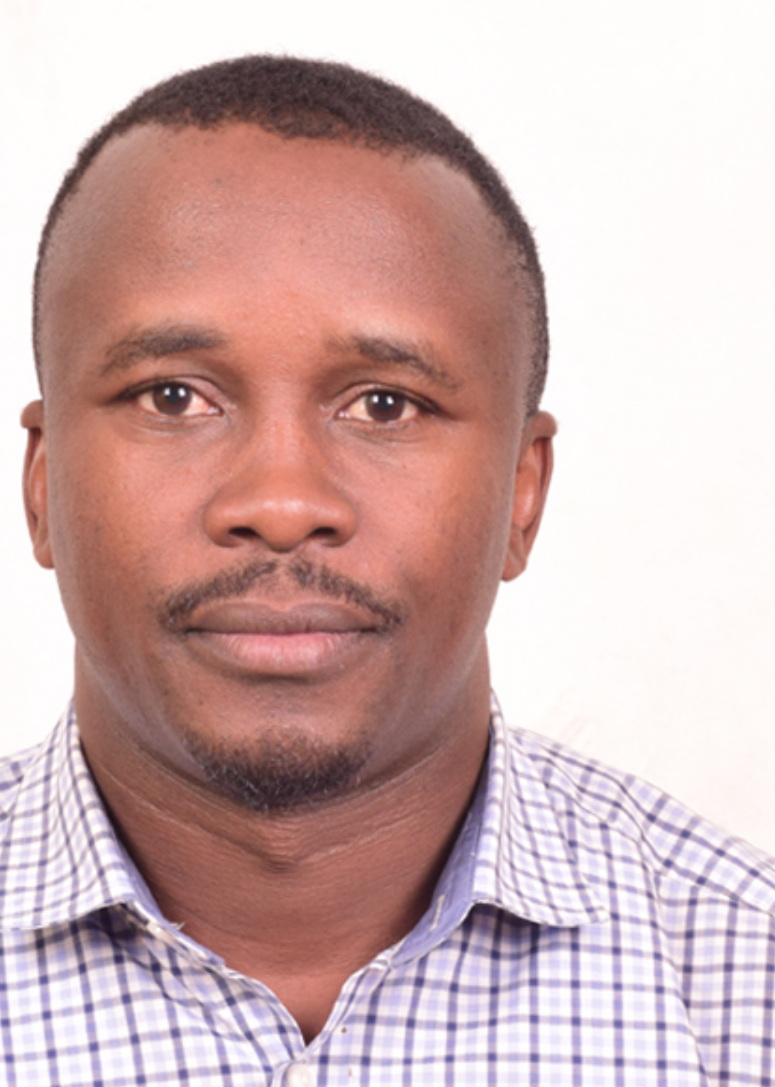
Musuk traveled to different territories in Peru to photograph communities’ relationships to water. He organized a workshop and exhibition with young people in Belén, where communities live on raised buildings above contaminated river water for eight months of the year. Musuk published his work as usable art in the form of poster books.
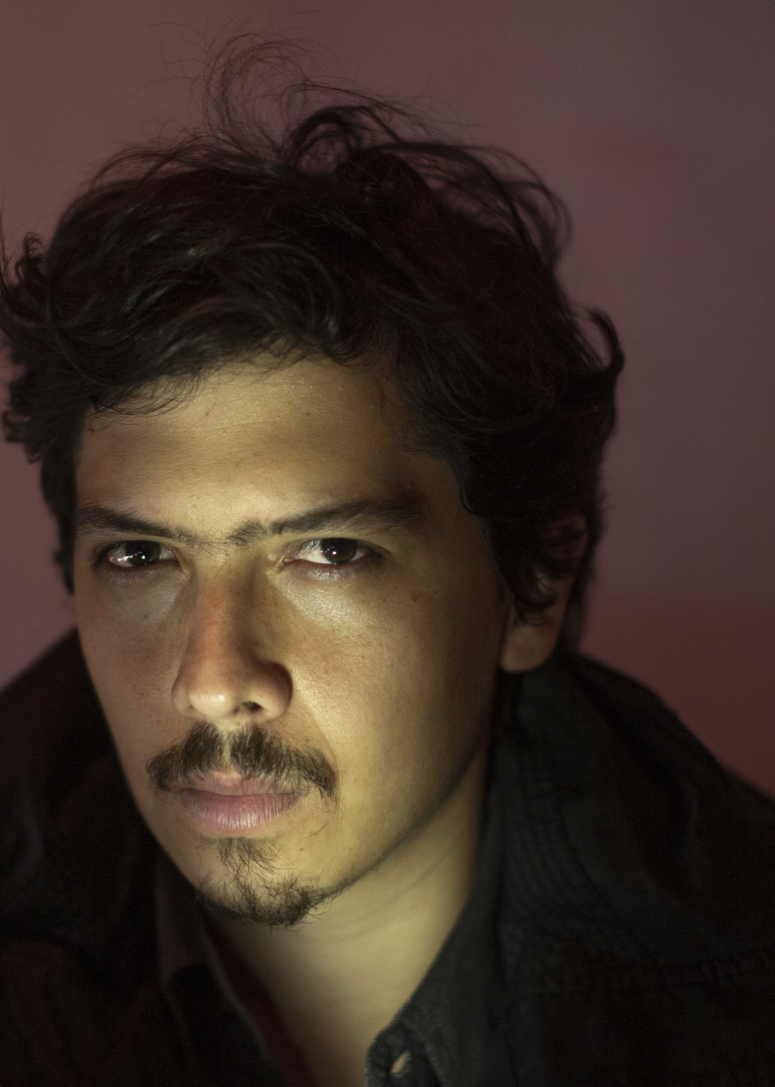
With Luisa Izuzquiza (activist Fellow, Belgium), Jelena conducted an in-depth investigation into the quality of water in the EU, focusing specifically on agricultural pollution by pesticides and nutrients. Together they created a ‘water hub’ website housing their investigations and activist resources.


AnuOluwapo is a journalist, documentary filmmaker and director of video productions at The Cable Newspaper Journalism Foundation.
Living in the most densely populated country in Africa, AnuOluwapo’s Fellowship work is framed by her first hand experience of erratic and highly unreliable water supplies. She produced a documentary series about the dynamics behind the lack of access of many Nigerians to clean water. She traveled to five different states in Nigeria, investigating gold mining and industrial water pollution, and failed government drinking water projects. Her documentary presents the connection between water, politics and corruption across Nigeria and its effects on people and the environment.
AnuOluwapo holds an MA in Journalism & Documentary Practice from the University of Sussex. She is a founding member of the Women’s Economic Imperative, a UNICEF Voices of Youth alumni, Carrington Youth Fellow, U.S. Consul General Award Recipient, UN WOMEN/Empower Women Global Champion for Change, Chevening alumni and USGEEA Women achievers awardee.
Film: ‘The Water Manifesto – trailer’ [December 2022]
Film: ‘The Water Manifesto, episode 1: Osun (water for gold)’ [December 2022]
Film: ‘The Water Manifesto, episode 2: The harvesters of water’ [January 2023]
Film: ‘The Water Manifesto, episode 3: Abuja (a lingering plague)’ [February 2023]
Want to share this profile? Click here and copy the URL.
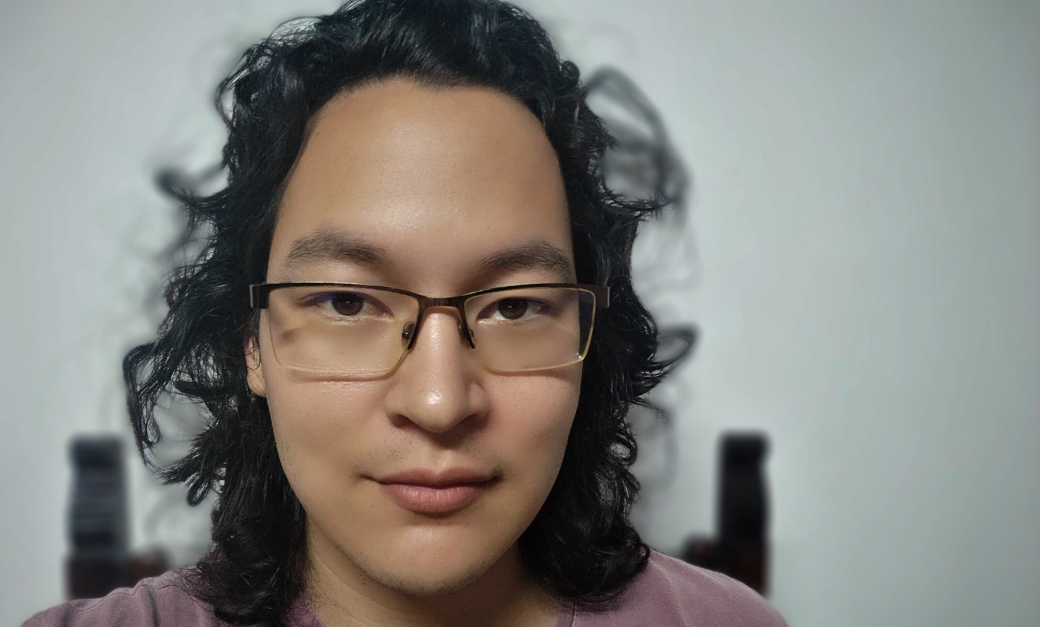
Shinji works with groups led by women and LBT+ people throughout Brazil, especially in their activities related to the environment and conflicts. Shinji’s work includes supporting mobilization efforts, fundraising, building networks and participating in joint efforts to protect rights.
Shinji spent their Fellowship year traveling between Indigenous communities, urban peripheries and small farmers in Brazil, including in the Amazon and Cerrado regions, who face extreme threats from land grabbing, mining, logging and the hostile political environment.
Shinji wrote a book documenting the water challenges that communities face, and used these to tell stories of their wider struggles for existence.
Want to share this profile? Click here and copy the URL.
Digital book: Guardians of the Waters [December 2023]
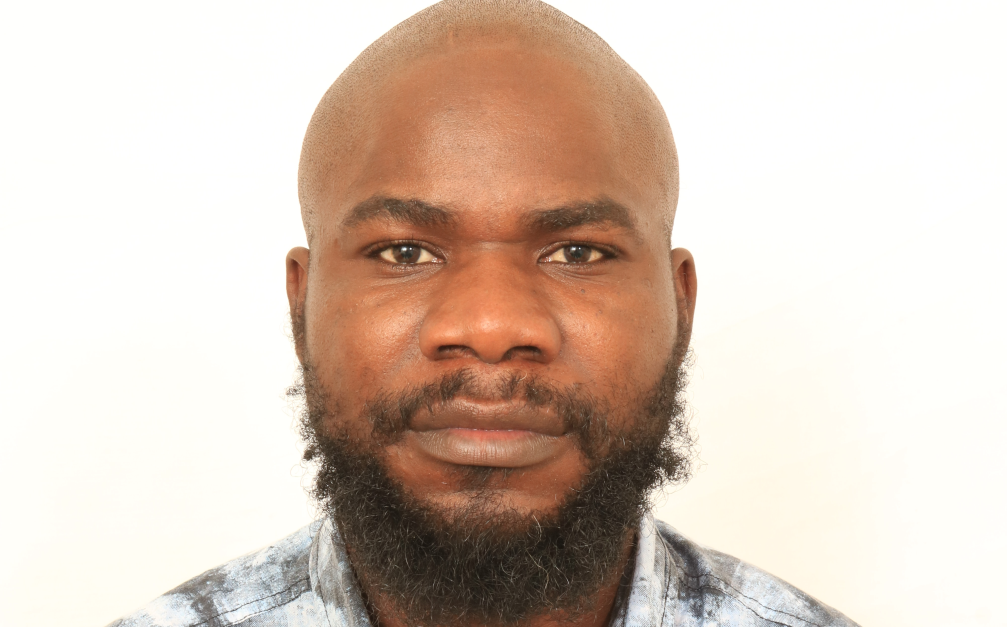
Fumba, known professionally as Pilato, is a recording artist and social activist. The name Pilato is an acronym for ‘People in Lyrical Arena Taking Over.’ Born and raised in Zambia’s Copperbelt Province, Fumba commenced his career as a poet and in 2010 he launched into music. With four studio albums, Pilato has continued to inspire political debates and conversations, while championing a more equal and fair society. As a result of his critical political standpoint, he has endured fierce political threats and been arrested several times. In 2020, he founded an organization called People’s Action for Accountability and Good Governance (PAAGZ), a local CSO promoting good governance and accountability, where he currently serves as the Executive Director.
During his Bertha Challenge Fellowship, Fumba worked intimately with grassroots and community groups, producing a music album on water access and political power in Zambia. Fumba’s project is called ‘LIFELESS.’ His ten songs are accompanied by powerful music videos.
Want to share this profile? Click here and copy the URL.
Song: Zambezi [February 2022]
Song: Ku Kopala [March 2022]
Song: Why [April 2022]
Song: Komboni Governor [May 2022]
Song: Baza [July 2022]
Interview: ‘Earth Matters – Fumba Chama’ [September 2022]
Song: Lifeless [November 2022]
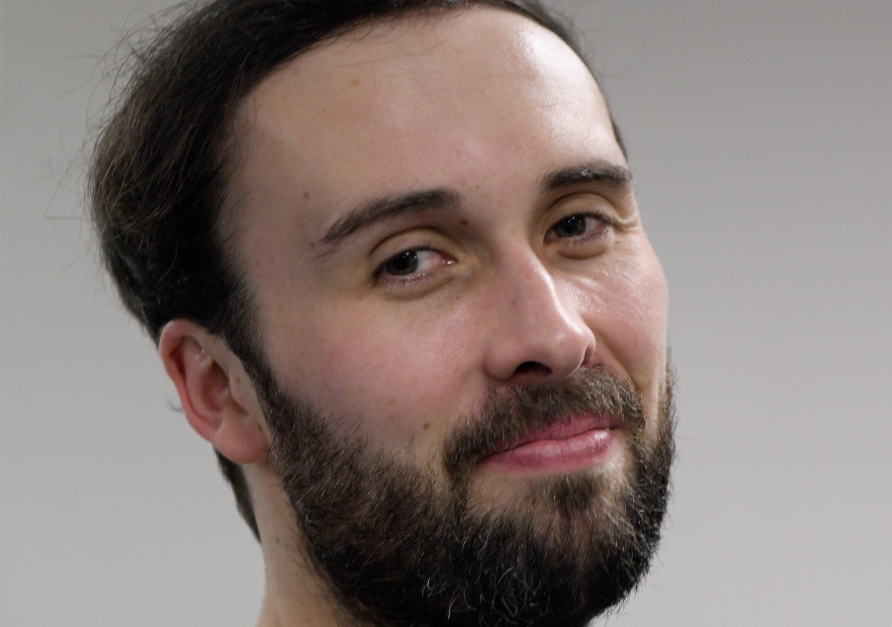
Tommy is a freelance investigative journalist who writes about the environment, health and politics from Ireland, the UK and Spain.
Tommy used his Bertha Challenge Fellowship to investigate industrial scale sand dredging in Lough Neagh, one of biggest freshwater lake systems in north-western Europe. The lake is owned by the Earl of Shaftesbury, an English aristocrat, who has overseen decades of unregulated extraction whilst raking in massive profits.
Tommy used a lidar survey to publicly document, for the first time, the extent of damage caused to the lake bed. He uncovered apparently illegitimate tax breaks awarded to a number of the biggest Lough Neagh extraction firms, prompting a government investigation, and he traced the end point for sand taken from the lough, uncovering devastating environmental damage and destruction.
His Fellowship project also investigated the Shaftesbury Estate’s profiteering at Lough Neagh, questions over its historical claim to the lake and surrounding hinterland, as well as previous failed attempts to bring the lough into public ownership.
Want to share this profile? Click here and copy the URL.
Interview: ‘Earth Matters – Fumba Chama’ [September 2022]
Article: ‘Probe launched into tax credits scheme which campaigners claim ‘brought planning system into ridicule’ [October 2022]
Article: ‘Investigation opened into NI tax scheme described as ‘rehearsal’ for cash for ash scandal’ [October 2022]
Article: ‘Departmental probe into tax relief scheme was ‘inadequate’, campaigner claims’ [November 2022]
Article: ‘Lough Neagh sand a ‘diminishing resource’, experts warn’ [December 2022]
Article: ‘Lough Neagh goes ‘back into the imagination and the history of Ireland’’ [December 2022]
Article: ‘Lough Neagh: New research reveals scarring caused by sand dredging’ [December 2022]
Article: ‘Lough Neagh: Scars from dredging will take ‘decades if not centuries’ to recover’ [December 2022]
Article: ‘Management of Lough Neagh a ‘civil rights issue’’ [December 2022]
Film: ‘Lough Neagh’ [December 2022]
Article: ‘Lough Neagh: Sand dredging must be better monitored, UN experts warn’ [January 2023]
Article: ‘Lough Neagh: Facts on sand dredging’ [February 2023]
Article: ‘Lough Neagh: Year-long investigation exposes serious issues with management of the lake’ [February 2023]

Maria is a CHamoru environmental and cultural rights activist. She is also a lineal descendent of ancestral land in Guam called Ritidian, which is proposed to be used as a buffer zone for a U.S. Marine Live Fire Training Range Complex. She organizes with Hita Litekyan, a coalition of CHamoru families pushing back against the firing range complex.
Maria’s Fellowship project focused on how relationships between politics and profit are contributing to the degradation of Guåhan’s (Guam) main freshwater aquifer and the contamination of the island’s coastal waters. She had a particular focus on a massive U.S. Marine Live Fire Training Range Complex spanning 700 acres that is being built above the island’s primary water source.
Maria created three short films about her year’s investigations, with the first film highlighting the risks to Guam’s water resources by U.S. military projects and how Guam’s political status as an unincorporated territory of the U.S. makes the island vulnerable to projects that harm its natural and cultural resources. The second film looked at the impacts to water from U.S. imperialism and hyper militarization of the Pacific region; and the third film placed a spotlight on historical contamination in Guam’s wetlands and lagoon and links to health problems within the community including devastating testimonies of death and sickness of local inhabitants of Guam. Maria’s films were shown at community screenings on the island.
Maria serves as a board director of Micronesia Climate Change Alliance, a grassroots network of individuals and organizations dedicated to creating community-centered solutions to climate change; an organizer with I Hagan Famalao’an Guahan, a CHamoru Women’s Association of Guåhan founded on the collective mission to enhance, promote, protect and foster the social, economic, cultural, spiritual and political well-being of CHamoru women, girls and gender-diverse people within the overall Guåhan community.
Want to share this profile? Click here and copy the URL.
Film: ‘For the Love of Water, episode 1: Protecting Guam’s aquifer’
Letter: ‘Ban toxic herbicides on Guam, encourage natural options’ [August 2022]
Film: ‘For the Love of Water, episode 2: Pasifika Solidarity’
Letter: ‘Regular water testing urgently needed for Guåhan’ [September 2022]
Film: ‘For the Love of Water, episode 3: Toxic Legacy’
Letter: ‘Community feels urgency to protect aquifer’ [October 2022]

Luisa is a freedom of information activist and campaign coordinator with Open Knowledge Foundation Germany. Luisa uses European freedom of information laws to conduct investigations, campaigns and litigation for greater transparency and accountability. Luisa’s work has a specific focus on European border control policies, EU lobbying and EU climate policies.
For her Bertha Challenge Fellowship, Luisa worked with investigative journalist Jelena Prtorić (journalist Fellow, Germany). Luisa and Jelena conducted an in-depth investigation into the quality of water in the EU, focusing specifically on agricultural pollution by pesticides and nutrients. Luisa used freedom of information requests and interviews with activists and communities to build a database of information about pesticide pollution of water sources in four European countries, including her native Spain. The database is held on a ‘water hub’ website, along with Jelena’s investigative stories.
Want to share this profile? Click here and copy the URL.
Website and resource hub: Troubled Waters
Website chapter: Invisible Pollution
Website chapter: Smelly Algae and Tap Water
Website chapter: What the Future Holds
Website chapter: Toxic Green Tides of Brittany

Through her Bertha Challenge investigation, Pascalinah has become the first Lesotho female investigative journalist to publish a book. She has a keen interest in science related issues, gender and politics. She serves on the MNN Centre for Investigative Journalism Board of Directors and is the Federation of International Journalists’ Trainer of Trainers on Gender Safety in the Newsroom.
Pascalinah spent her Fellowship year investigating the devastating impact of mining on water. She focused on the Lesotho Highlands Water Project and the imbalance between the development of water resources for commercial and mining industries with community water priorities, in the face of acute and increased droughts.
Her investigations uncovered that the British controlled Letšeng Diamond Mine was knowingly responsible for polluting drinking water, despite previous public claims by both the mine and the Government that this wasn’t the case. She also revealed a confidential report showing that a number of mines were contaminating rivers in the Lesotho Highlands Water Project catchment area (a source of drinking water for Lesotho and South Africa) with dangerous levels of nitrates.
Pascalinah is an award-winning journalist, and has been awarded reporting grants administered by University of Witwatersrand’s Department of Journalism (Africa-China Investigative Reporting 2018 and 2021), the Centre for Collaborative Investigative Journalism (2021) and Internews’ Earth Journalism Network (2021). She was commissioned by Euronews to investigate and produce a Lesotho segment of Cry Like a Boy – an original series on men challenging stereotypes and fighting for gender equality.
Article: ‘Exposed: Letšeng Secretly Admits Contaminating Water Sources’ [May 2022]
Article: ‘Lesotho communities blame diamond mine pollution for trail of sickness, death and ‘poisoned pasture’ [May 2022]
Article: ‘How South Africa’s Water Needs Plunged Lesotho Into Food Insecurity’ [August 2022]
Article: ‘Govt Departments In Blame Game Over Water Pollution’ [October 2022]
Article: ‘Lesotho’s Dangerous Water Gamble’ [October 2022]
Article: ‘Matekane’s M6.7b Letšeng Contracts Raise Alarm On Water Pollution’ [December 2022]
Film: ‘Lesotho’s Poisoned Water’ [December 2022]
Audio: Podcast recording [December 2022]
Document: Podcast transcript [December 2022]
Want to share this profile? Click here and copy the URL.
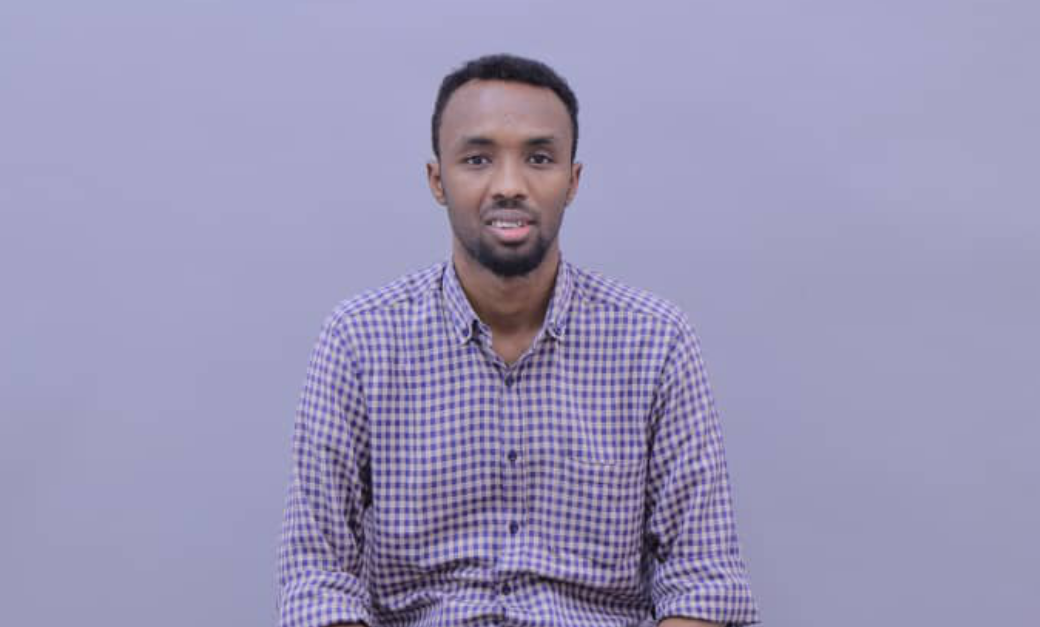
Abdikhayr works with the Somali Government and local and international organizations in humanitarian assistance, peace-building and development for displaced and rural communities in Somalia.
During his Fellowship, Abdikhayr worked with various clans among rural communities affected by severe drought and prolonged water conflicts. He organized consultation meetings with community elders and women’s groups across five different states.
The consultation meetings were structured as mediations that Abdikhayr used to develop a guidance handbook for the fair and sustainable management of shared water sources in Somalia’s rural valley areas. He also produced an accompanying set of short films documenting the mediation and conflict-resolution processes among the communities that he worked in.
Film: ‘Mediation of Water Conflicts in Galmudug State in Somalia’ [October 2022]
Film: ‘Mediation of Water Conflict in Gumburka Cagaare’ [November 2022]
Film: ‘Water Crisis in Puntland’ [February 2023]
Film: ‘Water Conflicts in Hirshabelle State in Somalia’ [March 2023]
Manual: Somali Rural Community Water Management Manual [January 2023]
Article: ‘Pastoralists in Jariiban are heavily indebted by water scarcity in the face of worst drought conditions in Somalia’ [April 2022]
Article: ‘How rural communities in Galmudug and Puntland are going to overcome water-based conflicts’ [April 2022]
Want to share this profile? Click here and copy the URL.
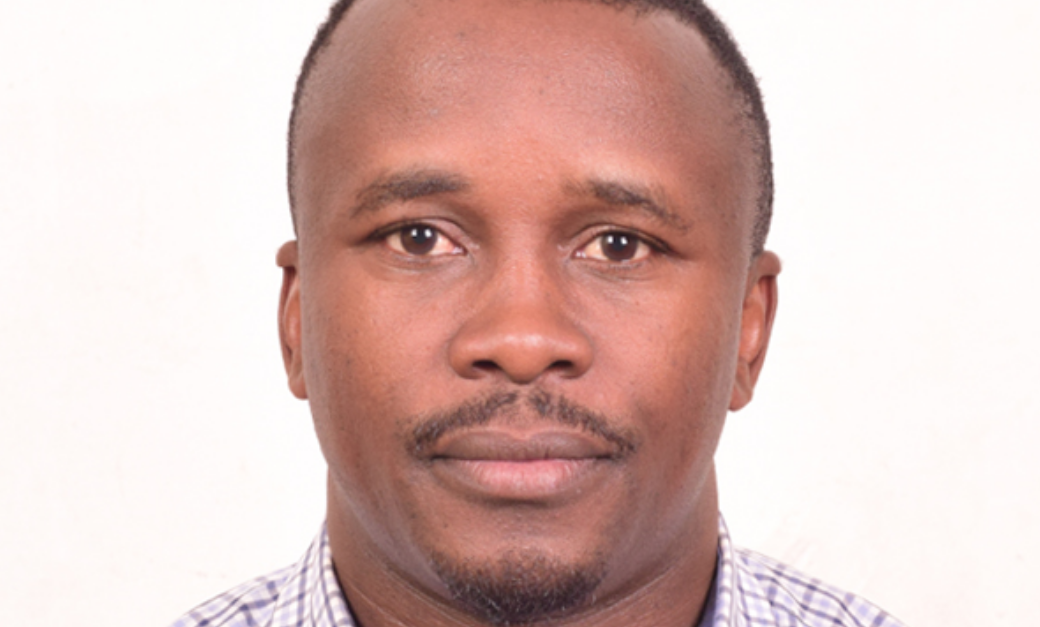
Fredrick is an award-winning water and climate change journalist, media trainer and communications specialist. He founded Water Journalists Africa, a non-profit media group that brings together over 700 journalists in 50 African countries to report on water-related issues. He is also co-founder of InfoNile, a platform that maps data on water issues in the Nile River Basin and overlays them with journalism stories to promote transboundary peace.
For his Bertha Challenge Fellowship project, Fredrick investigated the impact of plastic pollution on Uganda’s Rift Valley lakes. He wrote about sources of plastic pollution, the companies responsible for manufacturing single use plastic bottles and the failures by local authorities to enforce environmental standards. As part of his Fellowship, he also created a short documentary, and organised a community exhibition of photographs taken during his investigations.
Fredrick has an MA in Communication for Development. He also studied a PGD in Environmental Journalism and Communication and has a BA in Mass Communication. A National Geographic Storytelling explorer, and a Pulitzer Center Grantee, Fredrick has reported from various countries in Africa, Europe, Asia and the United States of America.
Want to share this profile? Click here and copy the URL.
Article: ‘From source to water bodies and dining table: Tracking the journey of plastics in Uganda’ [April 2022]
Article: ‘Polluted by custodians: Fishers pollute African Great Lakes with plastics’ [July 2022]
Article: ‘Rural schools in western Uganda transform used plastic bottles into value’ [July 2022]
Article: ‘River Nile, a freeway of plastics from African great lakes to Mediterranean Sea’ [August 2022]
Article: ‘Uganda’s Fort Portal city takes steps to tackle plastic waste as its only source of water chocks on plastics’ [August 2022]
Article: ‘Investigation raises concerns over plastic waste accumulation on the shores of Africa’s Rift Valley lakes’ [November 2022]
Website: Lakes of Plastics
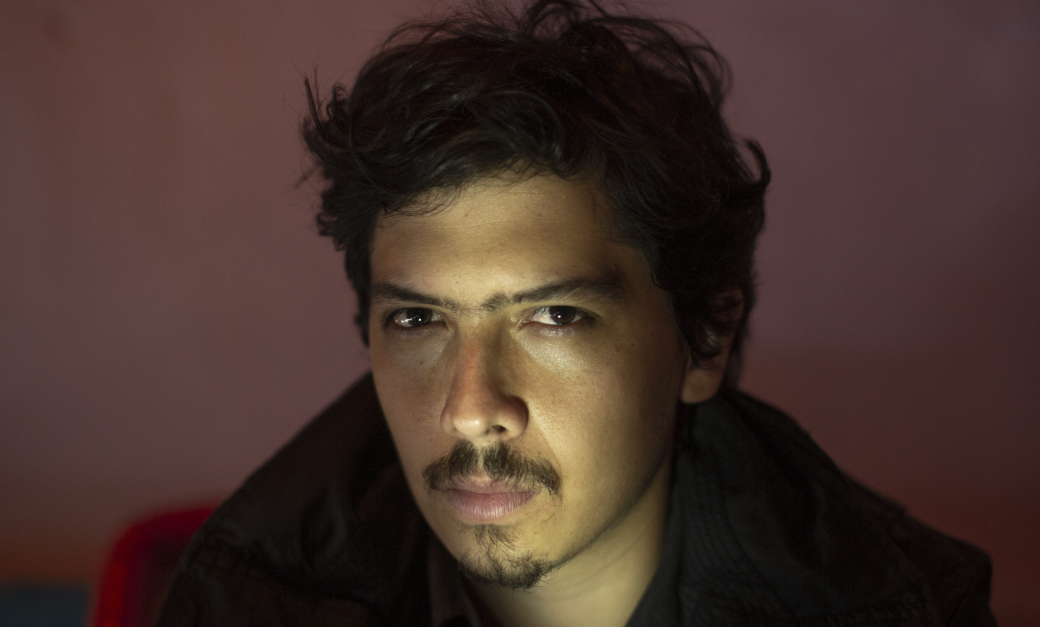
Musuk is a photographer who works on documentary projects regarding human rights, Indigenous communities and environmental issues.
For his Bertha Challenge project, Musuk traveled to different territories in Peru – Iquitos, Belén, Cusco and Puno – to investigate access to drinking water and communities’ relationship to water. He photographed communities and their responses to water scarcity and water pollution.
In Belén, communities live on raised buildings above contaminated river water for eight months of the year, worsened by illegal mining in the river basin. Musuk worked with a group of young people who took powerful portraits of one another in a local lagoon for a community action.
Musuk’s project culminated in the production of a photo essay book, with posters of a selection of his photos – usable art that he distributed among those that he worked with during the year.
A Magnum Foundation and Pulitzer Center Grantee, as well as a National Geographic Explorer, Musuk is also founder and editor of “KWY Ediciones”, an independent platform for the collective editing and learning of visual narratives for authors in Latin America. He is also part of the urban lighting action collective, Grita Luz.
Want to share this profile? Click here and copy the URL.
Article: ‘Seeds of water: planting queñuas in the Andes’ [March 2022]
Article: ‘Titicaca: la contaminación está matando una de las cuencas del lago más alto del mundo’ [August 2022]
Article: ‘Portraits of a Thirsty Country’ [September 2022]
Podcast: ‘Sed en los Andes – Musuk Nolte’ [October 2022]
Article: ‘Los niños de los ríos de colores: la contaminación en las cuencas del Titicaca’ [November 2022]

Jelena is a freelance journalist who has reported for a wide variety of publications in English, French, Italian and her native Croatian. Her work has focused on gender and human rights, migration, the environment/ climate, culture and social movements, through an investigative and often cross-border lens. As of 2020, Jelena is the Arena Climate Network coordinator for Arena for Journalism in Europe. She is also an occasional podcaster and translator of graphic novels.
For her Bertha Challenge Fellowship, Jelena worked with Luisa Izuzquiza (activist Fellow, Belgium). Jelena and Luisa conducted an in-depth investigation into the quality of water in the EU, focusing specifically on agricultural pollution by pesticides and nutrients. Jelena produced stories on specific water-related issues in the EU, France, Spain, Italy and The Netherlands. With Luisa, she created a ‘water hub’ website housing their investigations and a database of information about agricultural pollution of water bodies.
Want to share this profile? Click here and copy the URL.
Website and resource hub: Troubled Waters
Website chapter: Invisible Pollution
Website chapter: Smelly Algae and Tap Water
Website chapter: What the Future Holds
Website chapter: Toxic Green Tides of Brittany
Article: Can the Netherlands stop polluting its own waters to feed the world? [November 2022]
TAP TO INTERACT
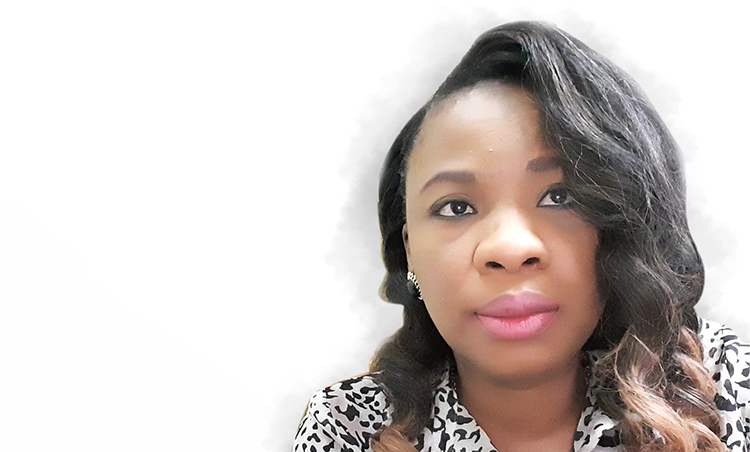
Abiose works at the Cable Newspaper Journalism Foundation, where she coordinates a program that focuses on using the tool of investigative reporting for accountability and transparency. As a recipient of the Red Ribbon Award, and a fellow of the World Federation of Science Journalists, she has been at the forefront of reporting on science and development issues.
During her Fellowship year, Abiose published a series of articles and video reports about the social and economic failures that have contributed to the environmental degradation of the Niger Delta region. She visited illegal oil refineries, stalled oil-spill clean-ups and gas flare sites, to show the extent that communities have been affected by oil extraction in the region.
Abiose used these experiences from her investigations to write and stage a play in Ogoniland, in the Niger Delta in an attempt to reach a wider audience. The play, Environmental Refugees, confronted issues such as the lack of drinking water, lack of secure employment and health problems caused by oil extraction in Ogoni and other oil-rich areas. It was attended by over 300 residents from 17 local communities and was so well-received, a production company is talking to her about turning her play into a feature film.
Article: ‘Ogoniland residents demand quick action on N6.4bn water projects’ [May 2021]
Article: ‘How Delta women use heat from gas flaring sites to dry tapioca’ [March 2021]
Video: ‘Abandoned Garri factory in Ogoni land’ [Februarys 2021]
Article: ‘Nigeria spends millions cleaning oil spills — but illegal refiners are still in business’ [February 2021]
Article: ‘Inside Niger Delta creeks where the youth are raking in millions through crude oil theft’ [December 2020]
Article: ‘Unpaid salaries, communal conflict slowing down Ogoni clean-up exercise’ [October 2020]
Article: ‘Poisonous water still sending Ogoni residents to early graves — despite clean-up promise’ [September 2020]
Article: ‘Interview: ‘Clean-up is a cover-up’ — Ledum Mitee, Ogoni activist, speaks on the Niger Delta struggle’ [September 2020]
Want to share this profile? Click here and copy the URL.
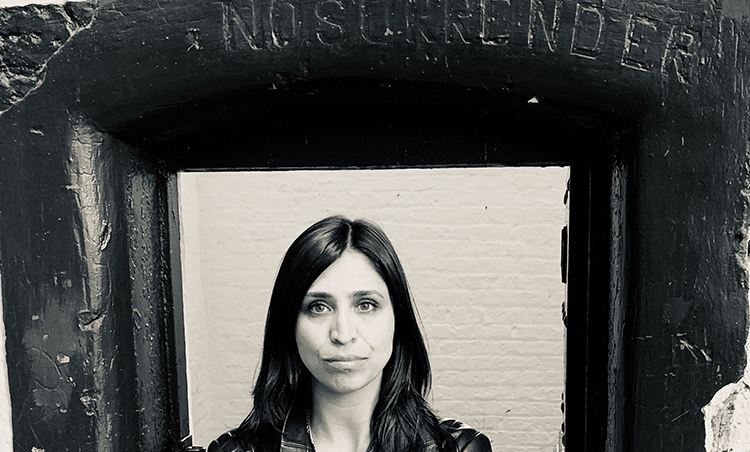
LJ is an organizer, direct action trainer and a dancer. Over the past decade she has worked with resettled refugees, opiate users, families fractured by mass incarceration, homeowners in foreclosures and Indigenous communities on the frontlines of climate change. LJ is a Collective Member of Mayday Space, an organizing center and social movement hub in Brooklyn, a trainer for The Center for Story-Based Strategy and The Ruckus Society and the civilian-ally board member of About Face: Veterans Against the War.
LJ used her Fellowship to create a nonviolent direct action incubation and experimentation lab. She organized a series of ‘tac hacks’ – spaces for activists and professional makers such as electricians, designers and carpenters to come up with new and imaginative direct-action tactics. LJ’s final workshop was a climate justice ‘training of trainers’ using the tac hack methodology.
LJ also built a digital resource commons for activists. The site includes a library of activist books, manuals and videos, alongside a database of physical organizing tools that New York-based activists can borrow from the Mayday space.
Website: Mayday Resource Commons
Manual: ‘Tac Hack Manual’
Want to share this profile? Click here and copy the URL.
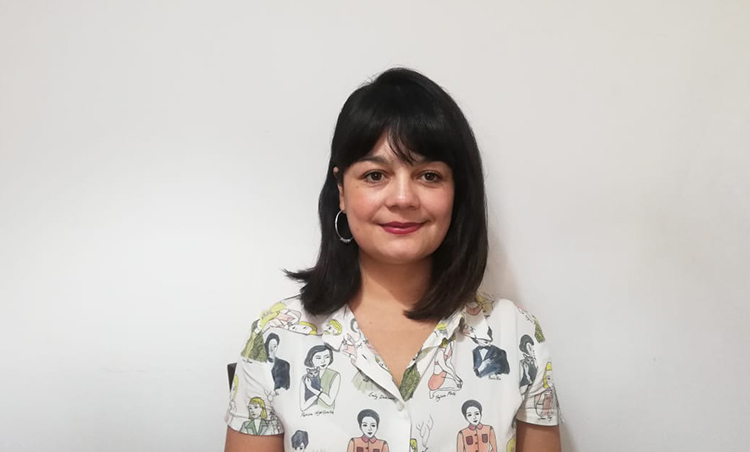
Yasna is a freelance Chilean reporter, based in Santiago de Chile. For a decade she has worked as an international correspondent for various written and radio media, reporting from Europe, Asia and the Middle East. Her work has been published in La Tercera (Chile), The New York Times, Vice (Mexico) and Mediapart (France). She is co-founder of Late Magazine, where she is currently working as Editor and mediambiente.cl, a site committed to climate change.
During her Bertha Challenge project, Yasna worked with Juan Donoso (activist Fellow), to investigate the extraction of lithium from the ‘lithium triangle’ covering Chile, Argentina and Bolivia for electric cars marketed in Europe. Yasna visited sites of lithium mining to explore how the mining is affecting local ecosystems and communities, including the Atacama salt plains, home to one of the largest lithium mines in South America.
Website: The Lithium Triangle
Article: Lithium’s Grays [February 2021]
Want to share this profile? Click here and copy the URL.
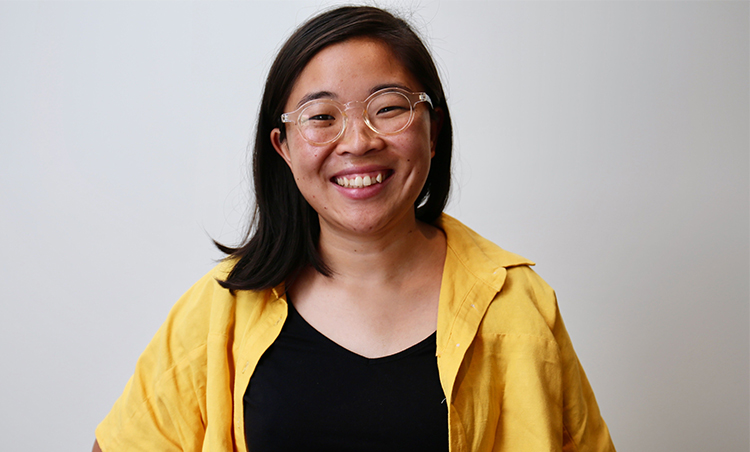
Linh has spent the last decade in climate action, across advocacy, media and social enterprise. She is passionate about strengthening civic institutions to achieve climate justice through tackling social inequality. Linh led the Australia and Pacific office for Climate Reality, Al Gore’s leadership program. She previously served as the editor-in-chief at The Verb, an environmental newswire service, where she covered the Paris Agreement negotiations. She is currently a board member at Climate Action Network Australia.
Linh worked with a number of campaign groups to design tailored engagement strategies on supporting and cultivating climate activism. She published a report on cultural adaptation of climate campaign resources for activists in Asia with The Campaign Strategy Fellowship. She also wrote a research paper on upcoming opportunities for public engagement with Climate Action Australia. Linh organized a series of roundtable events to present her findings to participants from various Australian climate organizations.
Throughout the Fellowship year, Linh was a guest co-host on the Greatest Moral Podcast of Our Generation, a monthly podcast by Dan Ilic (journalist Fellow) that aimed to bring discussions on difficult climate topics to new audiences through comedy.
Podcast: Greatest Moral Podcast of Our Generation, 9 October 2020
Podcast: Greatest Moral Podcast of Our Generation, 12 November 2020
Podcast: Greatest Moral Podcast of Our Generation, 17 December 2020
Podcast: Greatest Moral Podcast of Our Generation, 14 March 2021
Podcast: Greatest Moral Podcast of Our Generation, 23 April 2021
Podcast: Greatest Moral Podcast of Our Generation, 28 May 2021
Want to share this profile? Click here and copy the URL.
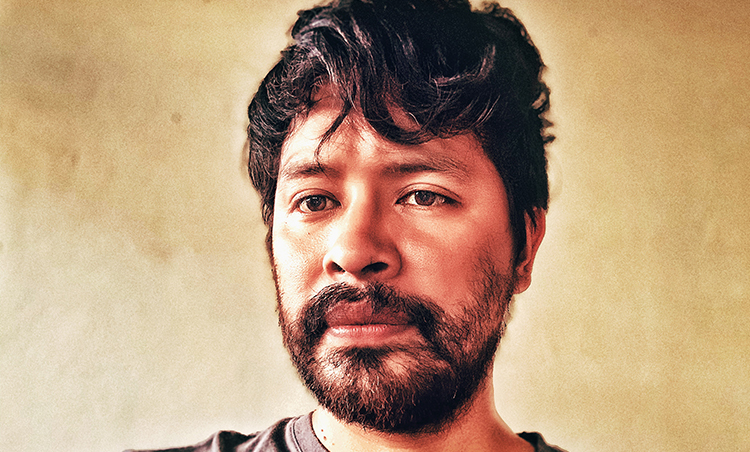
Fede is a storyteller and land defender. He works with social movements and communities to develop narratives that respond to day to day struggles, and that dismantle oppressive structures.
During his Bertha Challenge Fellowship, Fede worked with Andrea Isabel Ixchiú Hernández (journalist Fellow) to share three stories of resistance told by women. Their work focuses on the intersection of organized women, Indigenous rights and territory with an emphasis on water, land and governance.
Along with the three films, Andrea and Fede also organized ‘Curra da Terra’, an online gathering of more than 267 Indigenous women from 116 Indigenous nations in 37 different countries. The event called on Indigenous women from around the world to share their experiences of resisting profit-driven destruction of Indigenous territories, and the violence that accompanies it.
Website: Cura da Terra
Film: ‘#CuraDaTerra Thelma Cabrera: curar el territorio’
Film: ‘#CuraDaTerra Maria Choc: curar el cuerpo’
Film: ‘#CuraDaTerra Maggie García: curar el espíritu’
Podcast: ‘#CuraDaTerra Thelma Cabrera: cure of the territory in times of climate crisis’ (English) [October 2021]
Podcast: ‘#CuraDaTerra Thelma Cabrera: curar el territorio’ (Spanish) [October 2021]
Podcast: ‘#CuraDaTerra Maria Choc: cure the body in times of climate crisis’ (English) [October 2021]
Podcast: ‘#CuraDaTerra Maria Choc: curar el cuerpo’ (Spanish) [October 2021]
Podcast: ‘#CuraDaTerra Maggie García: cure the spirit in times of climate crisis’ (English) [October 2021]
Podcast: ‘#CuraDaTerra Maggie García: curar el espíritu’ (Spanish) [October 2021]
Webinar: ‘The Future is a Territory We Must Defend’ (September 2021)
Report: ‘The Future is a Territory We Must Defend’
Want to share this profile? Click here and copy the URL.

Juan is a climate justice organizer, campaigner and writer based in Berlin. He seeks to foster dialogues between anti-capitalist movements and community building networks. In recent years, Juan has been working with Bloque Latinoamericano, a collective of people and organizations of the left in Berlin. His work focuses on the defense of nature and territories, while highlighting the role that European transnational companies have in Latin America.
During his Bertha Challenge project, Juan worked with Yasna Carolina Mussa Valenzuela (journalist Fellow), to investigate the extraction of lithium from the ‘lithium triangle’ covering Chile, Argentina and Bolivia for electric cars marketed in Europe. Together they visited the Atacama salt plains, home to one of the largest lithium mines in South America, to understand the effects of lithium extraction on the local ecosystem and communities.
Juan used the community interviews, along with the work published by Yasna, to develop an educational curriculum for young people in Germany on lithium extraction. He also developed a series of short videos and animations for young people and teachers to explore alongside the curriculum.
Website: Shaping Pathways
Video: Sacred Salt Flats [June 2021]
Video: The Grays from Lithium [June 2021]
Video: Green Colonialism [June 2021]
Video: Revaluing Practices and Knowledge [June 2021]
Video: Tesla and Co. [June 2021]
Video: Collective Forces [June 2021]
Video: Just Mobility [June 2021]
Video: A Democratic Issue [June 2021]
Video: Climate Smart Mining [June 2021]
Webinar: ‘Lithium extraction in Latin America – hope for the “Green Economy” and threat to local communities?’ [May 2021]
Podcast: ‘Full speed ahead into the future: controversies about e-mobility’ [December 2020]
Want to share this profile? Click here and copy the URL.
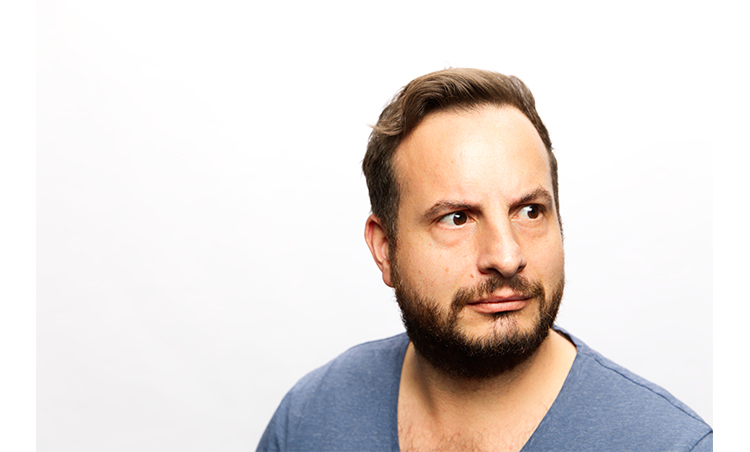
Dan is one of Australia’s most prolific comedy filmmakers and radio journalists. Calling himself an “investigative humorist”, Dan has used comedy as an activist tool throughout his professional career in Australia and the U.S. He has performed in front of thousands of people across Australia, including sell out shows at the Sydney Opera House and on ABC Radio National.
Dan is the host of the award-winning podcast and live comedy show, A Rational Fear – a show that brings together journalists, comedians, experts and politicians and uses comedy to talk about climate issues that get overlooked in mainstream media. During his Bertha Challenge year, he used this weekly podcast to engage new audiences with the climate crisis through comedy. He launched a monthly climate focused podcast, Greatest Moral Podcast of Our Generation, which was co-hosted by Linh Do (activist Fellow).
Dan’s Fellowship year culminated with live shows in two of Australia’s climate-vulnerable cities: Newcastle, a traditional mining area and home to Australia’s largest coal mines; and Bega, one of the areas worst hit by the 2020 bushfires, where promised emergency funds still haven’t been delivered.
Podcast: A Rational Fear, 10 July 2020
Podcast: A Rational Fear, 31 July 2020
Podcast: A Rational Fear, 7 August 2020
Podcast: A Rational Fear, 14 August 2020
Podcast: A Rational Fear, 21 August 2020
Podcast: A Rational Fear, 28 August 2020
Podcast: A Rational Fear, 4 September 2020
Podcast: A Rational Fear, 11 September 2020
Podcast: Greatest Moral Podcast of Our Generation, 13 September 2020
Podcast: A Rational Fear, 18 September 2020
Podcast: A Rational Fear, 25 September 2020
Podcast: A Rational Fear, 1 October 2020
Podcast: Greatest Moral Podcast of Our Generation, 9 October 2020
Podcast: A Rational Fear, 22 October 2020
Podcast: A Rational Fear, 30 October 2020
Podcast: A Rational Fear, 6 November 2020
Podcast: Greatest Moral Podcast of Our Generation, 12 November 2020
Podcast: A Rational Fear, 20 November 2020
Podcast: A Rational Fear, 27 November 2020
Podcast: A Rational Fear, 4 December 2020
Podcast: A Rational Fear, 11 December 2020
Podcast: Greatest Moral Podcast of Our Generation, 17 December 2020
Podcast: A Rational Fear, 22 December 2020
Podcast: A Rational Fear, 22 January 2021
Podcast: A Rational Fear, 29 January 2021
Podcast: A Rational Fear, 5 February 2021
Podcast: A Rational Fear, 11 February 2021
Podcast: A Rational Fear, 26 February 2021
Podcast: A Rational Fear, 5 March 2021
Podcast: A Rational Fear, 12 March 2021
Podcast: Greatest Moral Podcast of Our Generation, 14 March 2021
Podcast: A Rational Fear, 19 March 2021
Podcast: A Rational Fear, 26 March 2021
Podcast: A Rational Fear, 2 April 2021
Podcast: A Rational Fear, 14 April 2021
Podcast: Greatest Moral Podcast of Our Generation, 23 April 2021
Podcast: A Rational Fear, 30 April 2021
Podcast: A Rational Fear, 14 May 2021
Podcast: A Rational Fear, 21 May 2021
Podcast: Greatest Moral Podcast of Our Generation, 28 May 2021
Podcast: A Rational Fear, 4 June 2021
Want to share this profile? Click here and copy the URL.

Andrea is a journalist, human rights activist and defender of the territory. She is a Nobel Women’s Initiative Fellow and was awarded the Sakharov Prize Fellowship, which honors individuals and groups of people who have dedicated their lives to the defense of human rights and freedom of thought. Andrea has also been an Indigenous authority in her hometown of Totonicapán.
During her Bertha Challenge Fellowship, Andrea worked with Federico Etiene Zuvire Cruz (activist Fellow) to share three stories of resistance told by women. Their work focuses on the intersection of organized women, Indigenous rights and territory with an emphasis on water, land and governance.
Along with the three films, Andrea and Fede also organized ‘Curra da Terra’, an online gathering of more than 267 Indigenous women from 116 Indigenous nations in 37 different countries. The event called on Indigenous women from around the world to share their experiences of resisting profit-driven destruction of Indigenous territories, and the violence that accompanies it.
Website: Cura da Terra
Film: ‘#CuraDaTerra Thelma Cabrera: curar el territorio’
Film: ‘#CuraDaTerra Maria Choc: curar el cuerpo’
Film: ‘#CuraDaTerra Maggie García: curar el espíritu’
Podcast: ‘#CuraDaTerra Thelma Cabrera: cure of the territory in times of climate crisis’ (English) [October 2021]
Podcast: ‘#CuraDaTerra Thelma Cabrera: curar el territorio’ (Spanish) [October 2021]
Podcast: ‘#CuraDaTerra Maria Choc: cure the body in times of climate crisis’ (English) [October 2021]
Podcast: ‘#CuraDaTerra Maria Choc: curar el cuerpo’ (Spanish) [October 2021]
Podcast: ‘#CuraDaTerra Maggie García: cure the spirit in times of climate crisis’ (English) [October 2021]
Podcast: ‘#CuraDaTerra Maggie García: curar el espíritu’ (Spanish) [October 2021]
Webinar: ‘The Future is a Territory We Must Defend’ (September 2021)
Report: ‘The Future is a Territory We Must Defend’
Want to share this profile? Click here and copy the URL.
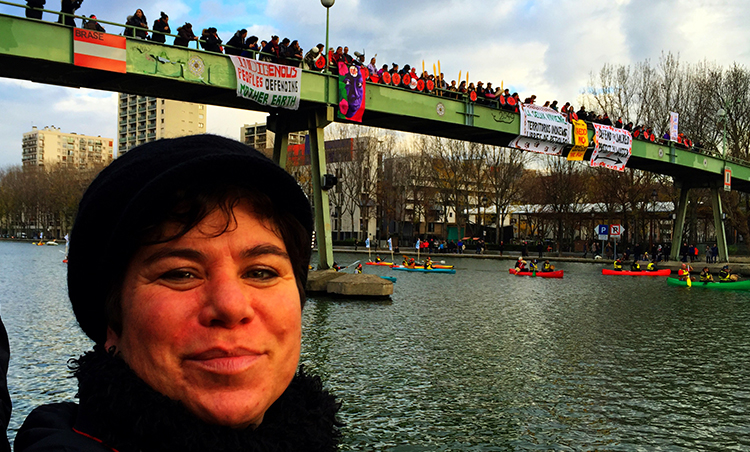
Antonia Juhasz is an energy analyst, author and investigative journalist specializing in oil. Her investigations include the BP Deepwater Horizon disaster in the U.S. Gulf of Mexico, oil exploitation in the Ecuadorian Amazon, the Paris Climate Accord, the role of oil and natural gas in the Afghanistan war and resistance movements from Standing Rock to the Norwegian Arctic. Her articles and opinion pieces appear in numerous leading magazines and newspapers. Antonia is the author of three books: Black Tide: The Devastating Impact of the Gulf Oil Spill, The Tyranny of Oil and The Bush Agenda.
For her Bertha Challenge project, Antonia published a series of articles analyzing the state of the oil industry through a critical period that included the COVID-19 pandemic and the 2020 U.S. election. She focused on groups that are challenging the power of oil companies, and the role of women and girls in leading those movements.
Article: ‘Exxon’s oil drilling gamble off Guyana coast ‘poses major environmental risk’ [August 2021]
Article: ‘A Court Ruled Shell Is Liable for Its Contributions to Climate Change. What Happens Now?’ [May 2021]
Radio: ‘(Un)Covering Oil: From Capitol Hill Riots to the Necessity of Environmental Justice, the Final Episode’ [January 2021]
Article: ‘How Women and Girls are Ending the Fossil Fuel Era’ [October 2020]
Video: ‘The End of Oil? Pandemic Adds to Fossil Fuel Glut, But COVID-19 Relief Money Flows to Oil Industry’ [September 2020]
Article: ’Bailout: Billions of Dollars of Federal COVID-19 Relief Money Flow to the Oil Industry’ [August 2020]
Article: ‘The End of Oil Is Near’ [August 2020]
Want to share this profile? Click here and copy the URL.

Alex is an organizer and artist based on Dja Dja Wurrung Country, ‘Australia’. She has worked in film, theater, communications and troublemaking in many forms. This includes taking part in blockades from Jabiluka in Australia to la zad in France, collaborating on the Indigenous language and theater project, ‘Ngapartji Ngapartji’, and curating the Something Somewhere Film Festival. As a Producer, Director and Impact Producer, Alex has worked on powerful documentary films including Queen of the Desert, THE ISLAND, Island of the Hungry Ghosts and In My Blood It Runs. Alex was also the Global Impact and Distribution Producer on Avi Lewis and Naomi Klein’s This Changes Everything project.
For her Bertha Challenge project, Alex created ‘The Planting’, a speculative audio performance that invites audiences to imagine a more hopeful and just future, and the pragmatic steps needed to get there. Her narrative imagines the introduction of a large-scale ecological recovery, Indigenous-led, employment program in Australia. The experimental sound work is designed to be experienced in tandem with ‘noisy’ weather events such as hailstorms or high winds, bringing together an imagined future and present reality of the climate crisis.
Website: ’The Planting’ project profile
Audio: ‘The Planting’ audio sample [March 2021]
Audio: ‘The Planting’ – Subterrarium Podcast: The Frogs of Merri Creek [December 2020]
Audio: ‘The Planting’ – Community Care Supporter Employee Training Module 1 [December 2020]
Audio: ‘The Planting’ – Covid19 Through The Stories Of Survivors: Part 7 Cruise Ships, Coronavirus And Catastrophe [December 2020]
Audio: ‘The Planting’ – How To Resistance Walk [November 2020]
Audio: ‘The Planting’ Episode 9 – Blue Dissolution: Leaving Power Behind [October 2020]
Audio: ‘The Planting’ – Recovered Fragments from Files #2.2028, #5.4.2025, #6.2026, #21.10.2025 – AI in the Care Revolution [October 2020]
Audio: ‘The Planting’ – Creative Citizenry Soundscape [October 2020]
Audio: ‘The Planting’ – Node 47 Education Centre Good News Broadcast [October 2020]
Audio: ‘The Planting’ – Nurses Strike Tropical Diseases Ward [July 2020]
Audio: ‘The Planting’ – Care Protest [July 2020]
Audio: ‘The Planting’ – Mannginham Bushfire Respite Care [July 2020]
Audio: ‘The Planting’ – Collateral Damage – The Changing Birdscape Of Victoria [ July 2020]
Want to share this profile? Click here and copy the URL.

Narrira works as a UX researcher and technologist based in Brazil. She is a digital security trainer for social movements, activist organizations and third-sector organizations, aiming to strengthen privacy and security in collective actions and data uses. Narrira has also worked as a UX Researcher, examining technology products to improve privacy and engagement for human rights defenders. Previously, Narrira was a Mozilla Fellow embedded in the host organization Derechos Digitales.
As a Bertha Challenge Fellow, Narrira worked closely with environmental organizations, and climate and Indigenous activists to strengthen their digital security. She travelled to remote villages where a lack of internet access and digital skills have left activists vulnerable to security breaches and threats. Narrira conducted multi-day workshops, providing some basic steps that participants could use to increase their confidence in working with digital devices. In addition, Narrira ran a series of online tailored courses for activist organizations in Brazil and further afield.
Narrira used the workshops to develop a website with a series of public resources on digital security for activists and Indigenous land defenders.
Website: https://acaravana.tech/
Want to share this profile? Click here and copy the URL.

Mike is a photographer, filmmaker and environmental scientist who uses his knowledge of visual storytelling and conservation to create narratives that drive social change. He holds an MSc in Environmental Sustainability from the University of Edinburgh, Scotland. He has directed award-winning films in the Arctic, the Amazon, the Himalayas and East Africa. His work has been featured by National Geographic, The Guardian, Vox, the BBC and others.
For his Bertha Challenge project, Mike spent a month travelling around Chesapeake Bay, photographing and interviewing residents. The Bay is the U.S.’s largest estuary, and an important wetland habitat, facing rising sea levels that threaten the homes and infrastructure of local communities.
Mike used blue tape to physically mark where the coastline is expected to reach by 2100. His photos show the projected coastline cutting across play areas, roads and houses. He also took portraits of local residents standing in places of personal significance with a measurement stick showing how high the water is expected to rise in that location. The portraits are accompanied by interviews with people talking about the importance of the area and about the future of Chesapeake Bay.
Alongside these photos, Mike also produced aerial images showing how much land will be lost by the end of the century if nothing is done to address climate change, compared to how much land will be lost if immediate and radical action is taken.
Website: The Coming Coast (portfolio of photos)
Article: ‘This Ecologist Thinks Coastal Wetlands Can Outrun Rising Seas. Not Everyone’s Convinced.’ [June 2021]
Want to share this profile? Click here and copy the URL.
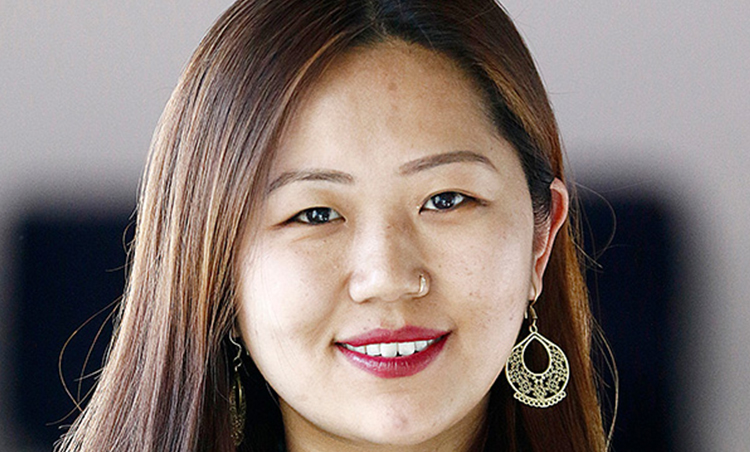
Bhrikuti is a multimedia journalist based in Kathmandu. During her decade-long career, she has reported extensively on environment, technology and human rights. Bhrikuti loves all things audio, and is co-creator of the feminist podcast Boju Bajai, which she started in 2016 with poet Itisha Giri. Her work has appeared in several Nepali and international media, including The Kathmandu Post, Nepali Times, The Guardian, Los Angeles Times and Buzzfeed News. In 2017, she won a Fulbright scholarship to pursue a Masters degree at Columbia University in New York, where she specialized in investigative journalism.
Bhrikuti used her Bertha Challenge Fellowship to investigate the extent of the ecological damage caused by illegal sand extraction from rivers across Nepal, and its impact on the most vulnerable communities. She investigated the collusion between business and politics, in particular connections between politicians with influence over Nepal’s ecological legislation, and the sand extraction and construction industries. Alongside her investigative stories, Bhrikuti developed a public database with records of Nepal’s public officials and their business interests.
Website: Searchable database of public officials and their business interests
Article: ‘Conservation in Chure takes a back seat’ [June 2021]
Article: ‘Environment, the biggest loser in Nepal’s expensive elections’ [June 2021]
Article: ‘A decade of environmental plunder’ [June 2021]
Article: ‘Environment conservation takes a back seat in the budget’ [May 2021]
Article: ‘Permit to plunder: How the environment is paying the price for Nepal local governments’ greed’ [April 2021]
Article: ‘Nepal breathes uneasy’ [April 2021]
Article: ‘Drawing a line in the sand: Part Two’ [January 2021]
Article: ‘Drawing a line in the sand: Part One’ [January 2021]
Article: ‘Across Nepal’s mid-hills, unplanned roads are leading to more landslides – and more deaths’ [November 2020]
Want to share this profile? Click here and copy the URL.

Charles is a Zimbabwean journalist and freedom of expression activist. He has a keen interest in community centric investigative journalism, with a particular focus on social justice and environmental management issues. In 2010, he was one of the founding employees of the Media Centre in Harare, where he was instrumental in establishing a resource centre for freelance journalists and promoting citizen journalism in communities across Zimbabwe. Charles is a Radio Netherlands Certified trainer of trainers in multimedia production and a Programs Officer and Editor at Community Radio Harare, a community radio initiative.
Charles’ Bertha Challenge project focused on the effects of corruption and mismanagement in the delivery of basic sanitation services for marginalized communities, in the context of an escalating climate crisis. He set up the website Dry & Dirty as a platform for news and resources about water pollution and political corruption in Harare and beyond.
In addition to his investigative stories, Charles created a documentary where he talked to communities affected by Harare’s water crisis, including communities whose water supplies have been cut off by illegal construction work on Harare’s wetlands. He also produced an e-book to present his year’s research.
Book: ‘Dry & Dirty’ [June 2021]
Documentary: ‘Dry & Dirty’ [June 2021]
Article: ‘Costly and deadly, Harare’s water pollution crisis’ [March 2021]
Article: ‘Policy Should Empower communities as Wetlands stewards’ [February 2021]
Video: ‘Residents challenge development on Sunningdale Wetland under unclear circumstances’ [January 2021]
Article: ‘Proposal confirms city of Harare water as toxic’ [January 2021]
Article: ‘Is Chitungwiza fast losing the Wetlands battle?’ [December 2020]
Film: ‘Now is the time to reclaim Chitungwiza’s wetlands’ [November 2020]
Article: ‘Authorities fail to rein in bulk water operators’ [October 2020]
Want to share this profile? Click here and copy the URL.
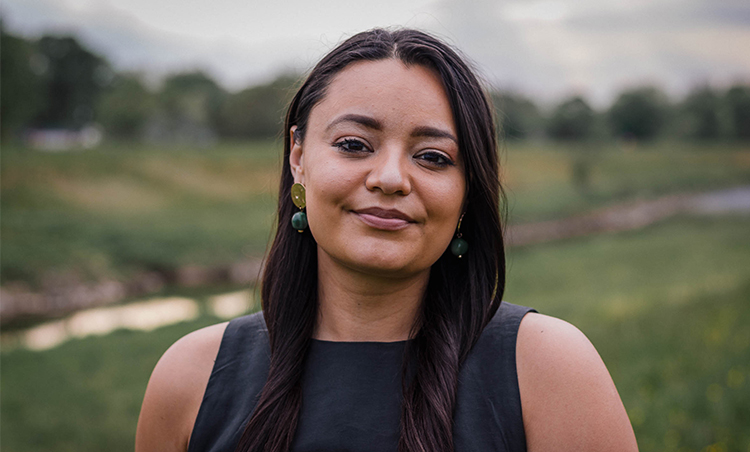
Angeles is Lead Organizer of the Workplace Justice Team at Make the Road New York. Make the Road New York is one of the largest membership led community organizations in New York, providing direct services and organizing for housing, labor, immigrant rights, police accountability, environmental justice and more. Angeles drives the organization’s campaigning against the damage Amazon is doing to communities across New York and the country.
For her Bertha Challenge project, Angeles led a team of graduate students at New York University Wagner Graduate School of Public Service to survey and analyze data from Amazon employees and community members capturing the labor, community and environmental impact of Amazon’s warehouse growth in Staten Island, New York. Angeles and a coalition of labor unions, community organizations and policy experts intend to release this report at the start of the New York session to build power in passing the first ever state level anti-trust legislation in the country to break up Amazon’s monopoly power.
Angeles and LJ Amsterdam (activist Fellow) collaborated on creating mass popular education materials, including an animated workshop guide highlighting Amazon’s exploitation of labor and land, and led direct actions with immigrant community members and Amazon workers.
Want to share this profile? Click here and copy the URL.
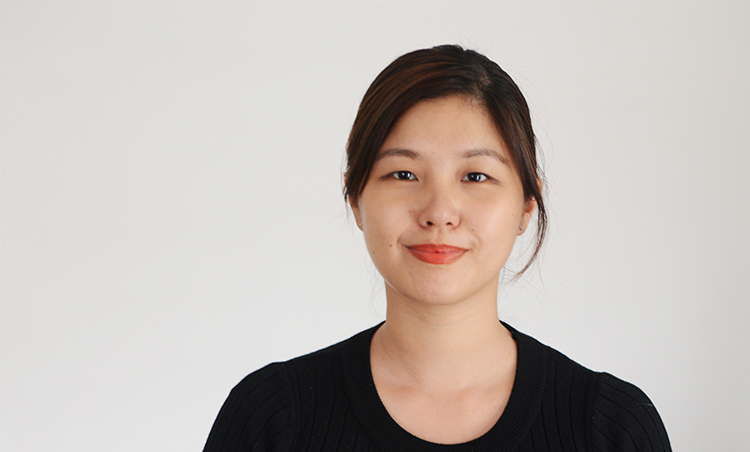
Sze Ning has been working with Indigenous communities in Malaysia for over 15 years, assisting in advocacy training, documenting and welfare aid.
Sze Ning worked with Elroi Yee (journalist Fellow) to focus on Malaysia’s Indigenous Orang Asli communities who are moving out of government resettlement schemes and returning to their customary lands. These lands are often exploited by the state and commercial enterprises for profit, leaving little resources for Indigenous communities.
Sze Ning and Elroi visited the Orang Asli villages several times during their Fellowship year to better understand what they need to organize against efforts to displace them. Sze Ning found that communities lack information on the most basic of public services. In addition to acting as a liaison point between the villages and healthcare professionals (a vital role during the COVID-19 pandemic), Sze Ning produced a short video toolkit that can be distributed over WhatsApp. She used humor and animations to provide accessible information on topics such as how to document customary lands and how to deal with land incursions by logging companies.
Want to share this profile? Click here and copy the URL.
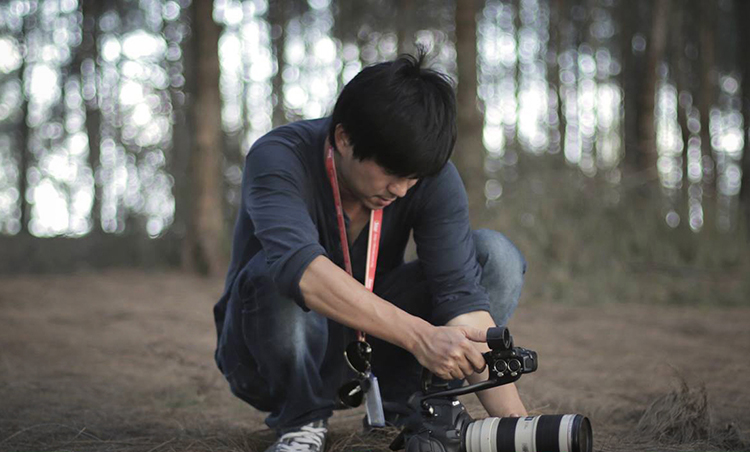
Elroi is a multimedia investigative journalist, whose stories have ranged from Indigenous peoples and human trafficking, to refugees. His work has received numerous accolades, including being twice nominated for a Peabody Award, winning five SOPA Awards and seven Asian Media Awards. During his time at R.AGE, the team has won the Kajai Award twice, and was conferred the United Nations Malaysia Award in 2016.
Elroi worked with Puah Sze Ning (activist Fellow) to focus on Malaysia’s Indigenous Orang Asli communities who are moving out of government resettlement schemes and returning to their customary lands. These lands are often exploited by the state and commercial enterprises for profit, leaving little resources for Indigenous communities.
Elroi’s investigations focused particularly on the Orang Asli struggles against logging companies. He documented the detrimental impact logging has on the local environment – and by extension on the Orang Asli’s access to land, water and food, as well as on the health of community members. Alongside his stories, he worked with community journalists to set up a digital map where various Orang Asli villages shared photos, videos and geospatial evidence of logging activity, to submit as evidence of malpractice to the authorities.
Article: ‘The Village Journalists of Kampung Ong Jangking’ [January 2021]
Video: ‘Behind the Blockade’ [January 2021]
Article: ‘Logging has destroyed our land, say Orang Asli’ [December 2020]
Want to share this profile? Click here and copy the URL.
TAP TO INTERACT
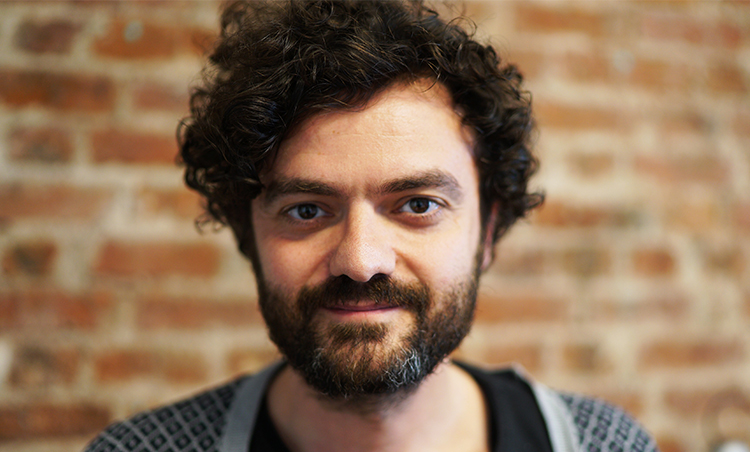
Yaşar is an Istanbul-based urbanist, activist and researcher. He is one of the Co-founders and the Director of the Center for Spatial Justice, a non-profit working towards fairer, more democratic, ecological urban and rural spaces. Since 2010, he has been teaching participatory planning and co-housing courses at Darmstadt Technical University (Germany) as a visiting lecturer. Yaşar is a voluntary consultant for Düzce Hope Homes, the first participatory social housing project in Turkey and one of the World Habitat Awards 2017 finalists.
Through his Bertha Challenge project, Yaşar published the Hope Archive – an interactive digital map that uses video and text to document stories of housing and land justice struggles. The archive aims to showcase alternative solutions to the housing crisis from around the world.
Alongside the archive, Yaşar took advantage of the Bertha Challenge Fellowship network to produce a journal on land and housing activism. The August 2020 edition of beyond.Istanbul, guest edited by Yaşar, included contributions from four other Bertha Challenge Activist Fellows and four Bertha Challenge Investigative Journalist Fellows.
Want to share this profile? Click here and copy the URL.
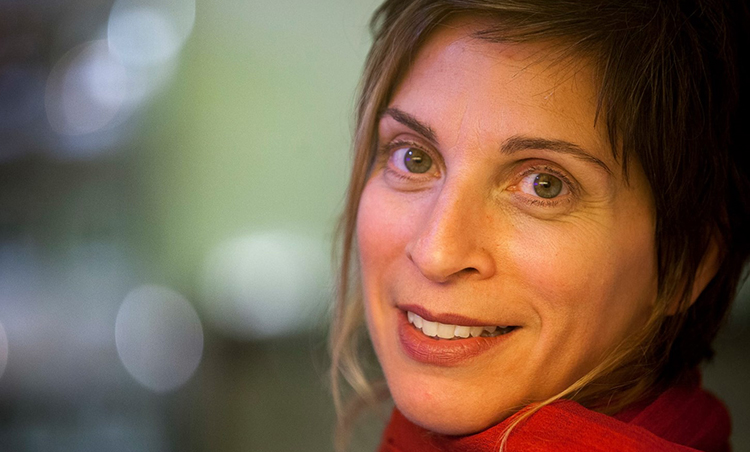
Leilani joined the Bertha Challenge in her final year as UN Special Rapporteur on Adequate Housing, a global watchdog on housing. In the role since 2014, Leilani presented reports to the UN on homelessness, the commodification of housing and its consequences for people who are poor as well as the middle class. A lawyer by training, Leilani has worked to advance the rights of poor and marginalized groups throughout her career. She is the Executive Director of the NGO Canada Without Poverty and was instrumental in launching a historic constitutional challenge to government inaction in the face of rising homelessness in Canada.
Leilani used her Bertha Challenge Fellowship to launch a new initiative called The Shift – a global movement which calls for housing to be approached as a human right, not a commodity. As well as producing a strategy for the organization and building content for the website, Leilani also worked on a number of papers on housing provision for policy makers. At the outset of the Covid-19 pandemic, Leilani created a series of practical guidance notes and video introductions on prioritising the right to housing in government responses to the pandemic.
Want to share this profile? Click here and copy the URL.
Website: https://www.make-the-shift.org/covid19/
Article: ‘Housing is Both a Prevention & Cure for COVID-19’ (May 2020)
Article: ‘How can billions of people ‘stay home’ to beat Covid-19 without a safe place to live?’ (April 2020)
Press release: ‘“Housing, the front line defence against the COVID-19 outbreak,” says UN expert’ (March 2020)
Article: ‘They allowed the perfect storm’: UN expert damns New Zealand’s housing crisis’, by Eleanor Ainge Roy (February 2020)
Article: ‘When governments sell out to developers, housing is no longer a human right’ (February 2020)
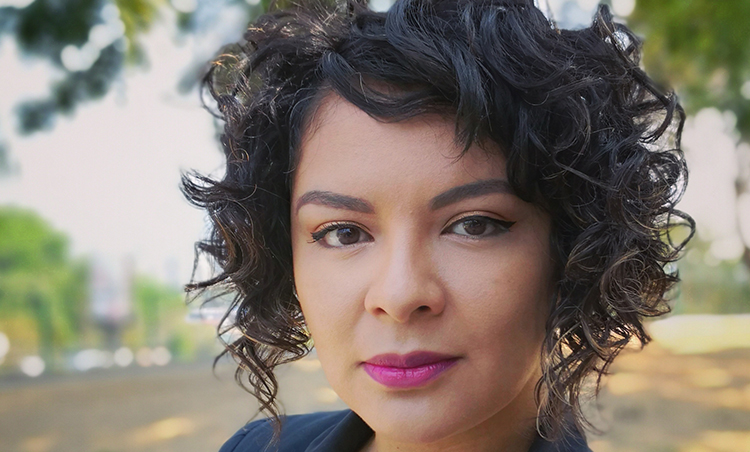
Glenda is a Salvadoran journalist specializing in public health, gender equity, environmental issues, education, migration, violence and citizen participation. She has been the editor of the Sunday magazine Séptimo Sentido and part of La Prensa Gráfica since 2009 and a distinguished member of the CONNECTAS Community.
During her Bertha Challenge Fellowship year, Glenda investigated the shocking, but underreported, link between large scale agricultural plantations in Central America, and epidemic levels of chronic kidney disease among farmers and their families who live and work around the plantations.
Glenda’s investigation took her into rural farmlands in El Salvador, Nicaragua, Guatemala, Honduras and Costa Rica. Chronic kidney disease is now the second most common cause of death among men in Nicaragua. Within the wider region, it is estimated to have caused over 20,000 premature deaths. Glenda has worked tirelessly to make these statistics public knowledge in the Central American countries affected.
Her investigation has been nominated for a 2020 Gabo Award.
Want to share this profile? Click here and copy the URL.
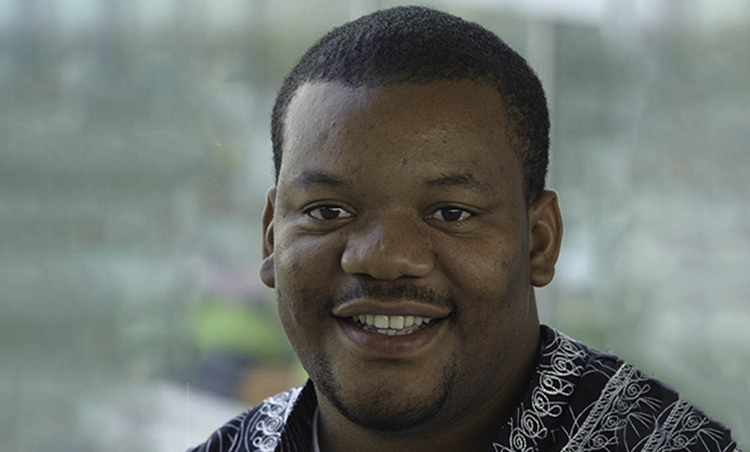
Nnaemeka is a farmer, community radio journalist and founder of The Smallholders Foundation, a rural development organization set up to inform, educate and improve the livelihood of rural small farmers, using educational radio programs. As a social entrepreneur and an outstanding communicator, Nnaemeka has received more than 30 local and international awards for his innovations that improve the yield and income of farmers.
Imo State, in south-east Nigeria, where Nnaemeka lives, contains the largest gas deposits identified to date in Africa. Gas exploration in the area has led to the forceful displacement of an estimated 25,000 smallholder farmers and their families across four communities.
During his Bertha Challenge Fellowship, Nnaemeka researched, wrote and produced a ten part radio drama series called When There Was No Land To Farm examining the relationship between oil and gas companies and the communities who live on the land that they extract from. The drama is set in Imo state, and aims to educate listeners about the exploitation of smallholder farmers to the detriment of the land and environment. Each episode was followed by a listener phone-in, where farmers could put questions about their rights to in-studio legal experts. The series was broadcast across 4 radio stations to 2 million listeners in Nigeria. It was also made available to international audiences through a dedicated website which contains the scripts and photos documenting the recording process.
Want to share this profile? Click here and copy the URL.

Dr. Monica Magoke-Mhoja is the Country Program Director of Landesa Tanzania, which works to secure land rights for the poorest men and women, especially in rural areas. She has more than 25 years of experience leading women’s and children’s rights programs. She is the first chairperson of Women in Law and Development in Africa –Tanzania, Founder of the Children’s Dignity Forum and, in 2007, initiated Tanzania’s first national forum to end child marriage. She is also the founder of the Women’s Legal Aid Center (WLAC) and a 2003 recipient of the American Bar Association’s International Human Rights Award for significant contribution to human rights, rule of law and access to justice.
In Tanzania, despite having some of the most progressive legislation in the region, only 16% of land is owned by women. Dr. Monica Mhoja’s Bertha Challenge project addressed the cultural and social barriers that prevent women, particularly those in rural areas, from owning land. She applied for a Bertha Challenge Fellowship to pilot an original module – ‘Mwanamke na Ardhi’ (Women and Land) – for an app called ‘Law on Your Palm’ that provides women living in remote areas with legal advice about their land rights.
During her Fellowship year, Monica trained 35 paralegals to use the app module. This training gave paralegals the ability to provide legal advice to more than 300 women, and record obstacles that women faced to rightful land ownership. The data was used to lobby policymakers to address challenges in Tanzanian law and practice around land use in the country.
When the Covid-19 pandemic hit Tanzania, Monica realized the potential of the app as a communication tool. At a time of confusion and anxiety, Monica and her colleagues were able to quickly adapt the app to send key health messages to rural communities. Monica also produced radio jingles to air on community radio stations to raise awareness about Covid-19, particularly its impact on women.
Following her Bertha Challenge Fellowship, Monica continues to expand the project’s outreach to other parts of Tanzania.
Want to share this profile? Click here and copy the URL.
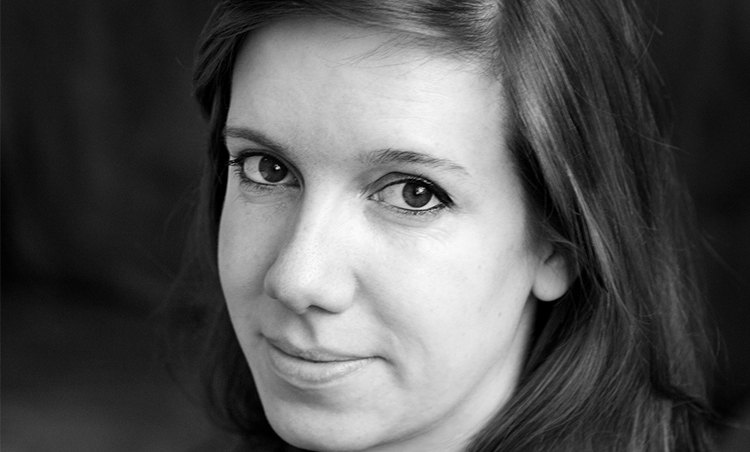
Maeve is an award-winning investigative journalist and founder of the critically-acclaimed podcast The Tip Off. As a journalist at The Bureau of Investigative Journalism, Maeve has led nationwide, collaborative investigations on issues including cuts to domestic violence refugees and politicians’ use of Facebook “dark ads”. Her year-long project counting homeless deaths prompted widespread debate, influenced national and local policy and caused the Office for National Statistics to start counting when and how people are dying homeless in the UK. Her book No Fixed Abode was published in September 2020.
Maeve’s Bertha Challenge project investigated parts of the UK housing market, unaffordable rent costs and discrimination against housing benefit claimants. At the center of her Fellowship work was a call made to local media outlets to work with TBIJ to gather information from local councils on housing needs. As a much bigger network of journalists, they were able to make the stories locally relevant, while also bringing the traction of a nation-wide investigation. TBIJ shared the data and methodology for journalists to report on the specific statistics in their area, and to solicit responses from local councils.
Maeve found that, of 62,000 available properties, only 6% would be affordable to someone receiving housing benefits. A further 90% of these ‘affordable’ properties had landlords who would not consider renting to someone receiving housing benefits. Despite this, a shortage in social housing stock has led local councils to increasingly rely on homeless people finding properties on the private market. The investigation was nominated for a Sigma Award for data journalism, and an Amnesty UK Digital Innovation Award.
Maeve exposed how councils rely on the advice of doctors employed by a single private company who make decisions about an individual’s entitlement to housing support. She found that councils have paid at least £2 million for medical assessments made by doctors who didn’t even bother to meet or talk to the individuals that they reported on. The investigation led at least one local council to change their assessment process, and a medical charity to launch a campaign against the outsourcing of medical assessments.
Want to share this profile? Click here and copy the URL.
Article: ‘Locked Out: Why the housing benefit rise won’t make much difference’ (January 2020)
Article: ‘Islington to drop NowMedical over homelessness assessment fears’ (January 2020)
Article: ‘How a doctor who has never seen you can say you’re fit enough to sleep on the streets’ (December 2019)
Article: ‘Locked Out: Stories from across the UK expose holes in the housing safety net’ (November 2019)
Online tool: ‘Locked Out: Check if there’s enough affordable housing in your area’ (October 2019)
Article: ‘Locked Out: How Britain keeps people homeless’ (October 2019)
Article: ‘Locked Out: New homelessness law brings delays, denials and dead ends’ (October 2019)
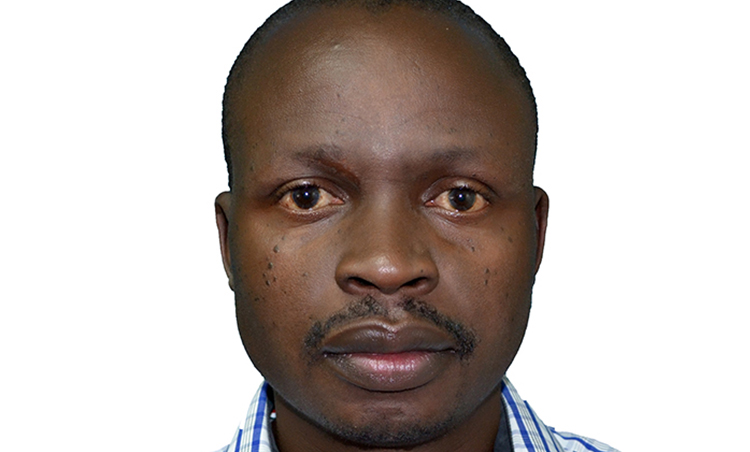
Protus is a Kenyan journalist based in Nairobi with experience writing on politics, development, health, education, agriculture and environment with a specific interest in climate change. He is a green economy champion and his stories on socio-economic topics like land, water and housing have necessitated policy reviews. In 2013, Protus won an award by the Forum for African Investigative Reporters and the US based Oakland Institute to do an investigative story on land grabs in Africa. He was subsequently awarded the 2018 Journalist Grant from the Stockholm International Water Institute to attend World Water Week in Stockholm.
Protus applied for a Bertha Challenge Fellowship to investigate land grabbing in Kenya. In a country where the majority of people don’t have title deeds, many have been left vulnerable to exploitation by developers. Protus investigated the bankers, politicians and business people with political and social influence who collude with the land registry office for personal financial gain. He also drew attention to cases of smallholder and community evictions for government and private sector projects.
Kenya’s coastal regions are some of the country’s most exploited. Multinational companies have been allowed to buy up land at massively reduced and unrealistic prices, sometimes illegally. Protus investigated how members of the Digo community in Msambweni, Kwale County, have fought for land that had been claimed by a large sugar factory. He also wrote about community land that had been lost to Mombasa airport. Both stories related to cases that had been in court for ten or more years, but since publication have been resolved in favor of the affected communities
One of the themes that emerged from Protus’ stories was the disconnect between communities at risk of displacement and the politicians making planning and development decisions. He decided to use his Bertha Challenge Connect Fund to organize a training workshop for 10 local journalists, with the aim of strengthening the capacity of local journalists to amplify stories from their communities. He invited two other African-based Fellows, Dr. Monica Magoke-Mhoja, from Tanzania, and Nigerian radio journalist Nnaemeka Ikegwuonu, to share their experiences of working with and advocating for the needs of rural communities.
Want to share this profile? Click here and copy the URL.
Article: ‘20,000 schools yet to get titles despite order’ (September 2020)
Video: ‘Kakamega Forest (land controversy)’
Article: ‘Deaths, crime, unemployment in the slums of Nairobi during Covid-19’ (May 2020)
Article: ‘Counties, grabbers scramble for Lake Basin Authority land’ (March 2020)
Article: ‘Denied titles for 35 years, villagers in dilemma as second eviction looms’ (October 2019)
Article: ‘Villagers in bitter fight with sugar firm over prime land’ (October 2019)
Article: ‘EACC recovers Sh2b in stolen public property’ (September 2019)
Article: ‘City land owners hit by road project yet to be paid Sh7b’ (September 2019)
Article: ‘Squatters cry foul over historical land injustice’ (August 2019)
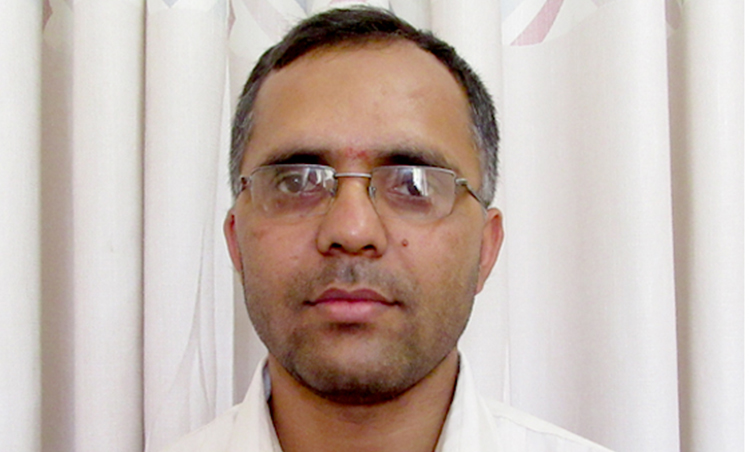
An investigative and data journalist from Nepal, Rudra has worked for The Himalayan Times and Republica, the leading English dailies in the country. His journalism focuses on political economy, infrastructure, foreign investments, the private sector and parliamentary affairs. He regularly writes investigative reports for The Centre for Investigative Journalism, Nepal.
During his Fellowship, Rudra conducted a series of investigations into how collusion between real estate developers, senior bank officials, and politicians have defrauded hundreds of families of their savings, pushing people into homelessness. He interviewed people affected by both rural landlessness and urban housing shortages, and published financial investigations that linked these experiences to corruption and failed government policy.
Rudra demonstrated the extent to which residential buildings are being illegally rented as office space, schools, and hospitals, including by government departments. As well as contributing to increasingly unaffordable rent in Kathmandu, this has led to buildings being dangerously overloaded and at particular risk from collapse during earthquakes.
One of his most widely read investigations revealed how both bank executives and politicians had benefited from a failed property investment scheme which had sunk the savings of hundreds of cooperative members over a ten year period. His story received widespread media attention and sparked political debate about housing development regulations.
Want to share this profile? Click here and copy the URL.
Article: ‘Castles in the air’ (May 2020)|
Article: ‘Help the farmers or brace for massive protests’ (May 2020)
Video: ‘How banks enabled Nepal’s biggest fraud and ruined people’s lives’ (March 2020)
Article: ‘How banks enabled Nepal’s biggest fraud and ruined people’s lives’ (March 2020)
Video: ‘Nowhere to live’ (January 2020)
Article: ‘Misuse of residential buildings raises safety concerns’ (January 2020)
Video: ‘Losing the land’ (October 2019)
Article: ‘How cooperatives made billions embezzling collateral land’ (October 2019)
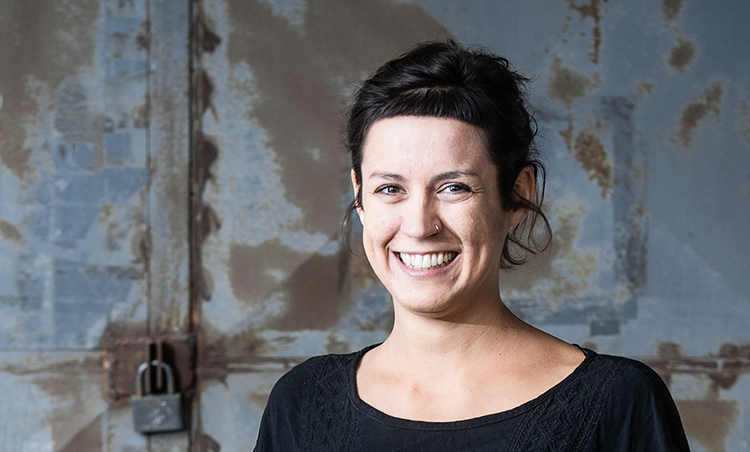
Zsuzsanna is an organizer and politically engaged researcher from Budapest, Hungary. She has been working on issues related to housing for more than ten years, with a focus on understanding how the financialization of housing plays out in Eastern European countries and Hungary in particular. Zsuzsanna views current housing policy as one of the key vehicles for increasing economic injustice in Hungary and is keen to find ways to stand up against this in spite of an essentially hostile political and institutional environment.
Zsuzsana’s Bertha Challenge project aimed to bridge the gap between academic research into the financialization of housing and activism on household debt. She organized an international workshop with participation from other engaged researchers and civil society organizations from eastern and southern Europe to share experiences from across the region. The discussions were documented in a research report, ‘Household debt on the peripheries of Europe: New constellations since 2008’.
Zsuzsanna subsequently organized with housing activist groups in Hungary and lawyers providing free advice on housing-related issues to instigate a collaborative research project, building on the outcomes from the international workshop.
Want to share this profile? Click here and copy the URL.
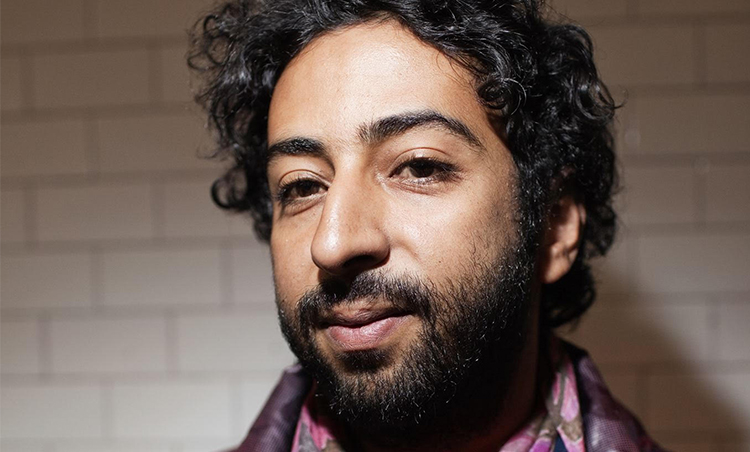
On 19 July, 2021, Omar Radi was sentenced to six years in prison on trumped-up espionage and sexual assault charges. The sentence came almost exactly a year after Omar was first arrested, the entire duration of which he spent in solitary confinement in Oukacha prison, Casablanca. Omar is one of a number of Moroccan journalists who have been publicly critical of the government, and subsequently been charged with sexual assault crimes.
Omar was a Bertha Challenge fellow when the Moroccan government started their relentless campaign of harassment and discreditation. His Fellowship work – investigating state sanctioned land expropriation – led him to be pursued by a government that pays scant regard to press freedom and the rule of law.
Omar studied economics and started his journalism career at a local radio station focusing on economic and financial issues. He then joined Le Journal Hebdomadaire, a weekly magazine critical of the Moroccan establishment. The publication was shut down by the Moroccan authorities after a series of trials. During the Arab Spring, Omar launched the French-speaking edition of Lakome.com, a news website that became a symbol for the movement, and was a member of Mamfakinch, a collective website focused on social movements, activism and injustice. In 2013, he was awarded first prize by the International Media Support – Association of Moroccan Investigative Journalists for a long-form series of articles about sand quarry exploitation in Morocco and the effect this had on smaller land owners. For his Fellowship, Omar investigated the use of state-sanctioned land expropriation. He organized workshops in 3 regions in Morocco, with communities who have been dispossessed of their land. This included communities who have been pressured to give away land for little compensation, only to see it re-sold to developers at 600 times the price. Omar’s investigation led him to links between Morocco’s royal family and the expropriation of community-held land for luxury development projects.
Throughout his Fellowship year, Omar was subjected to various forms of intimidation, including relentless surveillance, from the security services. On 26 December, 2019, he was given a fine and four-month suspended sentence for criticising a judge in a tweet more than six months earlier. In June 2020, Omar spoke publicly about an Amnesty International investigation that found his phone had been targeted by NSO spyware, Pegasus – the same spyware used to track and ultimately assassinate journalist Jamal Khashoggi in the Saudi consulate in Istanbul, Turkey. Between 26 June and 29 July, 2020, Omar was summoned for interrogation 12 times, with each session lasting 6-9 hours. He was ultimately jailed on 29 July on charges of espionage and rape – both of which he denies. His trial has been criticised by human rights groups in Morocco and abroad for serious failings in the proceedings, including Omar’s legal team being prevented from calling key witnesses and being denied access to evidence presented.
Omar continues to vehemently deny the charges that he has been convicted of.
Want to share this profile? Click here and copy the URL.
Statement: Bertha Foundation Statement of Support for Omar Radi (July 2021)
Clooney Foundation report on Omar’s trial: ‘Moroccan Journalist Convicted After Court Excludes Evidence’ (July 2021)
Committee to Protect Journalists article: ‘Morocco’s Nec Tactic to Punish Journalists: Charge Them with Sex Crimes’ (March 2021)
Human Rights Watch article: ‘Morocco: Espionage Case Against Outspoken Journalist’ (September 2020)
Podcast: Podcast created by Bertha Challenge Fellow, Maeve McClenaghan: ‘The Tip Off, episode 47: Omar’ (September 2020)
Letter: Letter from Bertha Challenge Fellows and staff in support of Omar Radi (July 2020)
Amnesty International report: ‘NSO Group spyware used against Moroccan journalist days after company pledged to respect human rights’ (June 2020)
Interview with Democracy Now!: “They Have No Evidence”: Moroccan Journalist Omar Radi Jailed, Surveilled After Criticizing Gov’t’ (August 2020)
Interview with Democracy Now!: ‘Meet Omar Radi’ (February 2020)

Before taking up his Fellowship, Jared was Co-Director at Ndifuna Ukwazi, an activist organization in Cape Town bringing together attorneys, organizers and researchers in campaigns to counter the powerful interests and policies that replicate spatial apartheid and inequality. He was a founder of Reclaim The City, a social movement of poor and working class people in the inner city who are resisting evictions, stopping the collusion and sale of public land to private companies and securing affordable housing in well-located areas. He has worked towards securing the first commitment since the end of apartheid to build social housing in the heart of the city, an end to relocation camps for evictees and inclusionary housing in private developments. He helped to occupy a derelict public hospital in the inner city that now supports 800 occupiers unable to afford housing in the area.
Jared began his Fellowship investigating effective activist tactics to influence housing policy on a local government level. Within the first few months he had organized a zombie march with over 200 other activists and residents calling for an end to the apartheid-like housing policies being implemented by the city government.
As the year progressed, Jared realized that the scope of his project would need to be expanded in order to effect change – to look not just at housing policy but at electoral politics in the city as a whole. He shifted his project focus to consider ways of making democractic decision making more accessible to communities affected.
Jared brought together a diverse group of activists and community leaders interested in supporting independent candidates for city council seats in Cape Town’s 2021 municipal elections. He used these discussions as the basis for a popular education handbook and accompanying website and online toolkit to share learning with other communities seeking to reclaim democratic power.
Want to share this profile? Click here and copy the URL.
Website: https://incommon.org.za/

Elfie is a human rights activist and grassroots community organizer from Belfast. She has organized with various campaigns in Britain, Ireland and Greece, for migrant and refugee rights, environmental justice and access to affordable and safe housing. Elfie’s studies in social anthropology led her to Greece to specialize in the self organization of groups responding to the refugee emergency in Athens. Since 2017, Elfie has been lead organizer with ‘Equality Can’t Wait – #BuildHomesNow’ – a campaign led by homeless families in Belfast and supported by human rights organization, PPR.
During her Bertha Challenge Fellowship year, Elfie worked with people affected by poor housing, architects, urban planners and finance experts to develop a sustainable social housing alternative for a site in west Belfast known as ‘Mackies’. Elfie organized a series of events called ‘Take Back the City’ which facilitated an exchange of ideas, expertise and experience, and was used to inform the development of proposals for the site. Crucially, it also led to the formation of a cross-sectorial coalition of individuals with an interest in progressing sustainable social housing in Belfast.
Throughout the year, Elfie worked with activists at Build Homes Now to organize direct actions, communications with local policy makers, and media engagement to raise the profile of the site’s potential and of the need for housing more widely in Belfast. She partnered with investigative journalist Fellow, Rory Winters, who helped to raise the profile of their campaign while writing about the need for social housing in Belfast.
In the face of the Covid-19 pandemic, Elfie worked with colleagues at PPR to set up a campaign to support those most vulnerable, including people isolating in inadequate housing conditions.
Want to share this profile? Click here and copy the URL.
Document: ‘Take Back the City’ seminar descriptions
Document: Take Back the City coalition vision for Mackies
Report: Take Back the City, Sustainability seminar
Report: Take Back the City, Finance and Ownership seminar
Report: Take Back the City, Architecture seminar
Report: Take Back the City, Planning seminar
Letter: Letter to the Minister for Communities on behalf of the Take Back the City coalition
Website: No one Left Behind
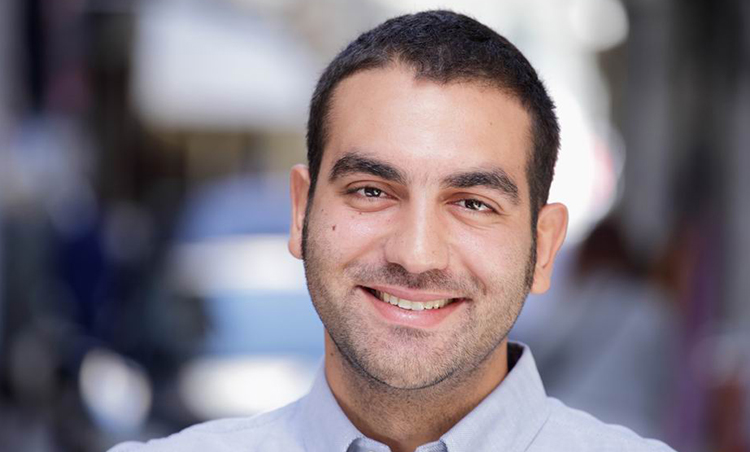
Sotiris is co-founder of AthensLive, the first English-language non-profit news outlet in Greece, and producer of The Undocumented, a podcast which aims to combat hate speech by developing a new and creative counter-narrative. Since June 2018, he has worked at the NGO, Network for Children’s Rights, as the Coordinator and been Editor-in-Chief of Migratory Birds, the first newspaper in Greece written by and for refugee, migrant and Greek youth. Previously, Sotiris was a producer and researcher for the national TV documentary series 28 Europe. Sotiris is committed to applying innovative journalism practices to help new voices emerge in public discourse.
Sotiris used his Fellowship to investigate how global financialization has displaced communities in Athens, leaving families homeless. Following a period of intense austerity and with some of the highest unemployment levels in Europe, the economic instability of the banking sector has been used to justify rocketing rates of property seizures for auction in Athens. While the ‘golden visa’ scheme has made purchasing properties in Greece more attractive to foreign investors, increasing numbers of people in Greece have been left at risk of eviction.
Sotiris also explored how the refugee emergency in Greece is directly linked to the commodification of housing. He created several short films documenting the experiences of refugees living in Athens. His 30 minute documentary called ‘Unwanted Destination’ captured living conditions in a Greek refugee camp and urban accommodation under the UNHCR’s ESTIA program.
Want to share this profile? Click here and copy the URL.
Video: ‘Unwanted destination’ (June 2020)
Article: ‘Covid-19 Is exposing inequalities of the past’ (May 2020)
Video: ‘Eric Maddox – In the absence of curiosity, fear and ignorance can fill in that space.’ (March 2020)
Article: ‘The rent is too damn high’ (January 2020)
Video: ‘“We are not just refugees, we are who we are. I mean real people.”’ (January 2020)
Video: ‘A sense of home’ (November 2019)
Video: ‘PAME anti-auction protests’ (October 2019)
Article: ‘Whose home is this? At least 55,625 properties under the hammer in real estate auctions — and counting’ (September 2019)
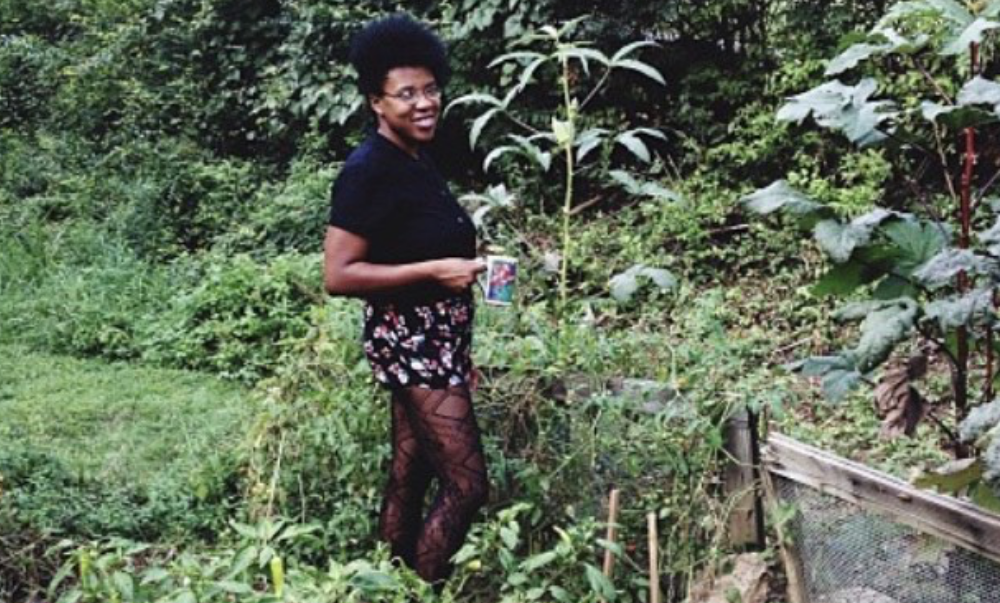
Charice is a popular educator and abolitionist from Alabama and Tennessee. She proudly identifies as a Black & queer Appalachian (Afrolachian). Her life and work is centered on communities of color, workers, land stewards, educators and the incarcerated.
Between 2017 and 2020, Charice worked with the Highlander Center, a regional popular education and social justice training center. She directed two cohorts of an intergenerational fellowship and projects addressing current economic and racial inequity in Central Appalachia. Previously, she educated youth on food justice and land sovereignty, as well as organized towards power shifts in Knoxville to address the current housing crisis and development that harms cash-poor communities.
Charice’s educational work confronts the structural impact of capitalism and racism, including the historic role land ownership has played – and continues to play – in the entrenchment of structural racism in the American South.
During her Bertha Challenge Fellowship, Charice developed popular education tools to build networks, campaigns and power for land reclamation in the region.
Want to share this profile? Click here and copy the URL.

Rory, based in Belfast, is a journalist with The Detail, an investigative news site. Previously he worked with the Bureau of Investigative Journalism on their award-winning investigation into homeless deaths in the UK, as well as Belfast Live and the Sunday Business Post.
Rory used his Fellowship to investigate inadequate levels of social housing in Belfast, and the discriminatory policies and practises that have left the need for housing 26 times greater among people living in predominantly Catholic areas of the city than in historically Protestant areas.
In an interview with Rory for an article about religious disparities in housing provision, the Minister for Communities acknowledged that there are inequalities in social housing – the first time that a minister responsible for housing has made this acknowledgment since the 1998 Good Friday Agreement.
Rory worked closely with activist Fellow, Elfie Seymour, whose campaign, ‘Build Homes Now’, calls for publicly-owned sustainable housing. Rory amplified the campaign to a wider audience, and helped to hold politicians accountable to their pre-election promises on housing provision.
Want to share this profile? Click here and copy the URL.
Article: ‘‘Bertha Challenge’ on housing and land rights in Belfast comes to a close’ (February 2021)
Article: ‘No commitment to social housing in ‘masterplan’ for west Belfast land’ (September 2020)
Article: ‘Racist intimidation in the Village in south Belfast “going on for years”’ (May 2020)
Article: ‘Homeless families “suffocated” in hostel during COVID-19 lockdown’ (April 2020)
Article and video: ‘Council plans for Mackie’s site in west Belfast criticised amid calls for social housing’ (April 2020)
Article: ‘Close to 100% of social housing need in north Belfast concentrated in predominantly Catholic neighbourhoods’ (February 2020)
Image and Video credits: Smallholders Foundation, Participation and the Practice of Rights – Build Homes Now campaign, Reclaim the City, Elroi Yee, Sammy Richards, Jeevan Bhujel, Miki Redelinghuys & Tim Wege, Plexus Films
Activists | Storytellers | Lawyers | Impact | Bertha Challenge | Bertha Blog | Media Directory | Privacy Policy
COPYRIGHT © 2025 | CONTACT@BERTHAFOUNDATION.ORG
BERTHA FOUNDATION DOES NOT ACCEPT UNSOLICITED PROPOSALS
Designed and developed by DotDash
| Cookie | Duration | Description |
|---|---|---|
| cookielawinfo-checkbox-analytics | 11 months | This cookie is set by GDPR Cookie Consent plugin. The cookie is used to store the user consent for the cookies in the category "Analytics". |
| cookielawinfo-checkbox-functional | 11 months | The cookie is set by GDPR cookie consent to record the user consent for the cookies in the category "Functional". |
| cookielawinfo-checkbox-necessary | 11 months | This cookie is set by GDPR Cookie Consent plugin. The cookies is used to store the user consent for the cookies in the category "Necessary". |
| cookielawinfo-checkbox-others | 11 months | This cookie is set by GDPR Cookie Consent plugin. The cookie is used to store the user consent for the cookies in the category "Other. |
| cookielawinfo-checkbox-performance | 11 months | This cookie is set by GDPR Cookie Consent plugin. The cookie is used to store the user consent for the cookies in the category "Performance". |
| viewed_cookie_policy | 11 months | The cookie is set by the GDPR Cookie Consent plugin and is used to store whether or not user has consented to the use of cookies. It does not store any personal data. |
| Cookie | Duration | Description |
|---|---|---|
| __cf_bm | 30 minutes | This cookie, set by Cloudflare, is used to support Cloudflare Bot Management. |
| Cookie | Duration | Description |
|---|---|---|
| CONSENT | 16 years 3 months 7 days 3 hours | YouTube sets this cookie via embedded youtube-videos and registers anonymous statistical data. |
| vuid | 2 years | Vimeo installs this cookie to collect tracking information by setting a unique ID to embed videos to the website. |
| Cookie | Duration | Description |
|---|---|---|
| IDE | 1 year 24 days | Google DoubleClick IDE cookies are used to store information about how the user uses the website to present them with relevant ads and according to the user profile. |
| test_cookie | 15 minutes | The test_cookie is set by doubleclick.net and is used to determine if the user's browser supports cookies. |
| VISITOR_INFO1_LIVE | 5 months 27 days | A cookie set by YouTube to measure bandwidth that determines whether the user gets the new or old player interface. |
| YSC | session | YSC cookie is set by Youtube and is used to track the views of embedded videos on Youtube pages. |
| yt-remote-connected-devices | never | YouTube sets this cookie to store the video preferences of the user using embedded YouTube video. |
| yt-remote-device-id | never | YouTube sets this cookie to store the video preferences of the user using embedded YouTube video. |
| yt.innertube::nextId | never | This cookie, set by YouTube, registers a unique ID to store data on what videos from YouTube the user has seen. |
| yt.innertube::requests | never | This cookie, set by YouTube, registers a unique ID to store data on what videos from YouTube the user has seen. |

